FACULTY
Foluso Olabisi Ademuyiwa (Bisi), MD, MPH
Professor of Medicine, Department of Medicine, Division of Medical Oncology, Washington University School of Medicine
St. Louis, Missouri
Karen Anderson, MD, PhD
Professor, Biodesign Institute
Associate Dean of Strategic Research The College of Liberal Arts and Sciences, Arizona State University Associate Professor of Medicine
Mayo Clinic
Phoenix, Arizona
Carlos L. Arteaga, MD
Professor of Medicine
Director, Harold C. Simmons Comprehensive Cancer Center
Annette Simmons Distinguished University
Chair in Breast Cancer Research Associate Dean of Oncology Programs UT Southwestern Medical Center Dallas, TX
Banu Arun, MD
Professor Breast Medical Oncology Ashbel Smith Professorship,
Co-Director, Clinical Cancer Genetics Executive Director, Cancer Genetics MD Anderson Cancer Networks
The University of Texas MD Anderson Cancer Center
Houston, TX
Nusayba A. Bagegni, MD
Associate Professor of Medicine, Associate Medical Director of Clinical Research Breast Cancer Clinical Trials Portfolio Leader, Division of Oncology Washington University
School of Medicine Siteman
Cancer Center
St. Louis, MO
Shakeela Bahadur, MD
Director of High-Risk Breast Cancer Clinic and Genetic Program Banner
MD Anderson Cancer Center Lead Physician for Inflammatory Breast Cancer Clinic Adjunct
Associate Professor, The University of Texas MD Anderson Cancer Center Chair of Pharmacy and Therapeutics at Banner Gate Way Medical Center Gilbert, AZ
Aditya Bardia, MD, MPH
Program Director, Breast Medical Oncology Assistant Chief, Hematology Oncology Translational Research, UCLA Director, Translational Research Integration, Jonsson Comprehensive Cancer Center Professor, Department of Medicine Division of Hematology/Oncology UCLA Health
Sean P. Bohen, MD, PhD
President and CEO Olema Oncology
Ron Bose, MD, PhD
Associate Professor, Departments of Medicine and Cell Biology & Physiology Washington University
St. Louis, MO
Jenny C. Chang, MD
Executive Director, Dr. Mary and Ron Neal Cancer Center, Emily Herrmann Presidential Distinguished
Chair Chief Clinical Science Officer Houston Methodist Academic Institute Professor, Weill Cornell Medicine
New York, NY
Erin Frances Cobain, MD
Associate Professor, University of Michigan, Co-Director of the Breast Cancer Clinical Research, Team Rogel Cancer Center Ann
Arbor, MI
Massimo Cristofanilli, MD
Professor of Medicine, Department of Medicine, Division of Hematology & Oncology
Chief, Breast Medical Oncology
Associate Director of Precision Medicine, Sandra and Edward Meyer Cancer Center Scientific
Director, the Englander Institute of Precision Medicine
President of the Inflammatory Breast Cancer- International Consortium
(IBC-IC), Weill-Cornell Medicine/
New York Presbyterian
New York, NY
Senthil Damodaran, MD, PhD
Associate, Professor Breast Medical Oncology, Investigational Cancer Therapeutics, UT MD
Anderson Cancer Center
Houston, TX
Andrew Davis, MD
Assistant Professor of Medicine
Division of Medical Oncology Washington University School of Medicine
Saint Louis, MO
Susan Dent, MD
Professor of Medicine
Associate Director of Breast Cancer Clinical Research
Co-Director Duke Cardio-Oncology Program Duke University
Durham, NC
Milana V. Dolezal, MD, Msci
Clinical Associate Professor of Medicine Division of Oncology Stanford
School of Medicine
Stanford, CA
Oluwadamilola “Lola” Fayanju, MD, MA, MPHS
The Helen O. Dickens Presidential Associate Professor, Chief, Division of Breast Surgery, Penn Medicine Surgical Director, Rena Rowan Breast Center Director, Health Equity Innovation,
Penn Center for Cancer Care Innovation (PC3I) Senior Fellow, Leonard Davis Institute of Health Economics (LDI) Perelman School of Medicine at the University of Pennsylvania
Philadelphia, PA
Monica N. Fornier, MD
Associate Attending Breast Medicine Service, Memorial Sloan Kettering Cancer Center, Associate Professor of Medicine, Weill Cornell Medical College New York, NY
Takeo Fujii, MD, MPH
Assistant Clinical Investigator
Women’s Malignancies Branch
National Cancer Institute
Bethesda, MD
Jami Fukui, MD
Associate Professor (Associate Researcher), University of Hawaii Cancer Center University of Hawaii at Mānoa Assistant
Professor, Department of Medicine
John A. Burns School of Medicine University of Hawaii at Mānoa
Judy E. Garber, MD, MPH
Chief, Division for Cancer Genetics and Prevention Susan F. Smith
Chair Institute
Physician, Dana-Farber Cancer Institute Professor of Medicine
Harvard Medical School
Boston, MA
Ana C. Garrido-Castro, MD
Assistant Professor of Medicine, Harvard Medical School
Susan F. Smith Center for
Women´s Cancers Department of Medical Oncology
Dana-Farber Cancer Institute
Boston, MA
Charles Edward Geyer, Jr., MD,
Professor of Medicine, Division of Hematology/Oncology, Department of Medicine, School of Medicine
University of Pittsburgh
Pittsburgh, PA
Antonio Giordano, MD, PhD
Assistant Professor, Harvard Medical School Medical
Director, Center for Cancer
Therapeutic Innovation
Medical Director, Breast Cancer Pathway, Department of
Medical Oncology
Dana-Farber Cancer Institute
Boston, MA
Matthew Goetz, MD
Erivan K. Haub Family Professor of Cancer Research Honoring Richard F. Emslander, M.D. Professor of Oncology and Pharmacology Enterprise Deputy Director, Translational Research Director: Mayo Breast Cancer SPORE Mayo Clinic
Rochester, MN
Joshua Gruber, MD, PhD
Assistant Professor, Department of Internal Medicine, UT Southwestern Medical Center
Dallas, TX
Kathryn E. Hudson, MD
Hematologist and oncologist
Director of Survivorship,
Texas Oncology
Austin, TX
Kelly Hunt, MD, FACS, FSSO
Professor & Chair Department of Breast Surgical Oncology, Division of Surgery Professor Department of Experimental Radiation Oncology Division of Radiation Oncology Olla Stribling Distinguished Chair for Cancer Research The University of Texas MD Anderson Cancer Center
Houston, TX
Haruka Itakura, MD, PhD
Assistant Professor of Medicine, Division of Oncology Stanford University Stanford, CA
Neil Iyengar, MD
Associate Professor of Medicine Weill Cornell Medical College Associate Physician, Rockefeller University Hospital, Associate Attending Breast Medicine Service
Memorial Sloan Kettering Cancer Center
New York, NY
Kevin Kalinsky, MD, MS
Professor, Department of Hematology and Medical Oncology Louisa and Rand Glenn Family
Chair in Breast Cancer Research
Director, Glenn Family Breast Center Director, Breast Medical Oncology Winship Cancer Institute of Emory University Atlanta, GA
Irene Kang, MD
Medical Director, Women’s Health Breast Oncology
Assistant Professor, Division of Medical Oncology and Therapeutics Research City of Hope Orange County
Irvine, CA
Peter Kaufman, MD
Professor of Medicine Larner College of Medicine at UVM Breast Oncology, Division of Hematology/Oncology University of Vermont Cancer Center Burlington, VT
Ruth A. Keri, PhD
Staff, Dept. Cancer Biology
Co-Director, Breast Cancer Center of Excellence Lerner Research Institute, Cleveland Clinic Professor, Molecular Medicine Cleveland Clinic Learner
College of Medicine
Associate Director for Basic Research Case Comprehensive Cancer Center Case Western Reserve University School of Medicine
Cleveland, OH
Jairam Krishnamurthy, MD, FACP Associate Professor, Division of Oncology & Hematology, Co-Director of the breast cancer program, University of Nebraska Medical Center
Omaha, NE
Megan Kruse, MD
Director of Breast Cancer Clinical Research Associate Program Director, Hematology/Oncology Fellowship Taussig Cancer Institute Cleveland Clinic Assistant Professor Cleveland Clinic Lerner College of Medicine Cleveland, OH
Rachel M. Layman, MD
Professor, Breast Medical Oncology Department of Breast Medical Oncology Division of Cancer Medicine Director Cancer Medicine (Breast Medical Oncology), Cancer Network Director of Inflammatory Breast Cancer Clinical Research, The University of Texas MD Anderson Cancer Center
Houston, TX
Hannah Linden, MD
Athena Distinguished Professorship of Breast Cancer Research Clinical Director Breast Cancer Program Professor of Medicine, Medical Oncology Division University of Washington School of Medicine Fred Hutchinson Cancer Center
Seattle, WA
Nerea Lopetegui-Lia, MD Hematology/Medical Oncology Fellow Cleveland Clinic
Cleveland, OH
Janice Lu, MD, PhD
Professor and Director of Breast Medical Oncology Clinical Co-leader, Breast Cancer Research Program Division of Hematology and Oncology Assistant Director for Translational Research, Lurie Comprehensive Cancer Center Northwestern University Feinberg School of Medicine
Chicago, IL
Candace Mainor, MD
Assistant Professor of Medicine, Hematology-Oncology, Division Member, Breast Oncology, Disease Group, Georgetown Lombardi Comprehensive Cancer Center Washington, DC
Eleftherios (Terry) Mamounas, MD, MPH, FACS
Medical Director Breast program and Research Activities AdventHealth Cancer Institute Professor of Surgery University of Central Florida Clinical Professor of Clinical Sciences
Florida State University
Orlando, FL
Nicholas McAndrew, MD, MSCE
Assistant Professor, Division of Hematology/Oncology, UCLA
David Geffen School of Medicine
Santa Monica, CA
Heather McArthur, MD, MPH
Associate Professor Department of Internal Medicine Clinical Director of the Breast Cancer Program Simmons Cancer Center Komen Distinguished Chair in Clinical Breast Cancer Research UT Southwestern Medical Center
Dallas, TX
Kelly E. McCann, MD, PhD
Assistant Clinical Professor
Breast Cancer Research Group
David Geffen School of Medicine Jonsson Comprehensive Cancer Center UCLA Hematology and Oncology
Santa Monica, CA
Joanne Mortimer, MD
Director, Women’s Cancers Program Vice Chair, Medical Oncology Professor, Division of Medical Oncology & Experimental Therapeutics Associate Director for Education and Training Baum Family Professor of Women's Cancers Co-Leader, Breast Cancer Program City of Hope Comprehensive Cancer Center Duarte, CA
Jason Mouabbi, MD
Assistant Professor, Breast Medical Oncology SAB Chair of the Lobular Breast Cancer Alliance The University of Texas MD Anderson Cancer Center Houston, TX
Tess O'Meara, MD
Fellow Hematology/Oncology,
Dana-Farber Cancer Institute,
Mass General Brigham
Boston, MA
Azadeh Nasrazadani, MD, PhD Assistant Professor, Department of Breast Medical Oncology, Division of Cancer Medicine, The University of Texas MD Anderson Cancer Center Houston, TX
Joyce A. O’Shaughnessy, MD Celebrating Women Chair in Breast Cancer Research
Chair, Breast Cancer Research Program
Baylor University Medical Center
Chair, Breast Cancer Research Texas Oncology/US Oncology Network
Dallas, TX
David B. Page, MD
Medical Oncologist Providence
Cancer Institute
Portland, OR
Mark Pegram, MD
Suzy Yuan-Huey Hung Endowed Professor Professor of Medicine Medical Director of the Stanford Clinical Translational Research Unit Associate Dean for Clinical Research Quality Stanford University School of Medicine Associate Director of Clinical Research Stanford Comprehensive Cancer Institute
Stanford, CA
Lori J. Pierce, MD, FASTRO, FASCO
Vice Provost for Academic and
Faculty Affairs
Professor of Radiation Oncology University of Michigan
Ann Arbor, MI
Jasmine Plummer, PhD
Founding Director, Center for Spatial Omics. St Jude’s Children’s
Research Hospital
Memphis, TN
David Portman, MD
CEO and Chief Medical Officer Sermonix Pharmaceuticals
Lajos L. Pusztai, MD, D.Phil
Professor of Medicine Director, Breast Cancer Translational Research Co-Director, Yale Cancer Center Genetics and Genomics Program Yale Cancer Center Yale School of Medicine
New Haven, CT
Pedram Razavi, MD, PhD
Director, MSK Breast Translational Platform
Director, Liquid Biopsy and Genomics. MSK Biomarker Development
Program Director, MSK Breast Molecular Tumor Board
Memorial Sloan Kettering
Cancer Center
New York, NY
Sonya Reid, MD, MPH
Assistant Professor of Medicine
Division of Hematology/Oncology (Breast Oncology) Vanderbilt-Ingram Cancer Center
Vanderbilt University Medical Center
Nashville, TN
Fauzia Riaz, MD, MHS
Clinical Assistant Professor, Medicine – Oncology Stanford University
Stanford, CA
Mark E. Robson, MD
Chief, Breast Medicine Service Lead, Inherited Breast Cancer Genomics, Niehaus Center Memorial Sloan Kettering Cancer Center Professor of Medicine Weill Cornell Medical College New York, NY
Hope S. Rugo, MD, FASCO
Director, Breast Oncology and Clinical Trials Education Medical Director of Cancer Infusion Services Professor of Medicine and Winterhof Family Professor of Breast Oncology UCSF Helen Diller Family Comprehensive Cancer Center
San Francisco, CA
Frank Scappaticci
Vice President, Early Clinical Development, Oncology Pfizer
Elena Shagisultanova, MD, PhD Associate Professor, Medical Oncology University of Colorado Cancer Center Aurora, CO
Priyanka Sharma, MD
Professor of Internal Medicine
Assistant Director of Clinical Research Tyler Frank B Professor of Cancer Research Co-Leader of the Drug Discovery, Delivery, and Experimental Therapeutics Program
Vice Chair, SWOG Breast Committee University of Kansas Medical Center Kansas City, Kansas
William M. Sikov, MD
Breast Medical Oncologist Breast Health Center of Women & Infants Hospital of Rhode Island Professor in Medicine, Obstetrics & Gynecology Warren Alpert Medical School of Brown University
Providence, RI
Dennis J. Slamon, MD
Professor of Medicine Chief of the Division of Hematology/Oncology Department of Medicine David Geffen School of Medicine at UCLA Director of Clinical/Translational Research Director of the Revlon/UCLA Women's Cancer Research Program Jonsson Comprehensive Cancer Center
UCLA Health
Los Angeles, CA
George W. Sledge, Jr., MD
Executive Vice President and Chief Medical Officer, Caris Life Sciences Irving, TX
Jennifer M. Specht, MD
Jill D. Bennett Endowed Professor in Breast Cancer Clinical Research Director, Breast Oncology Professor, University of Washington, Division of Medical Oncology Professor, Fred Hutch Cancer Center, Clinical Research Division University of Washington Seattle, WA
Sandra Swain, MD, FACP, FASCO Associate Dean for Research Development Professor of Medicine Georgetown University Medical Center Vice President, Genetic Medicine MedStar Health
Washington, DC
Paolo Tarantino, MD
Advanced Clinical Research Fellow Breast Oncology Program,
Dana-Farber Cancer Institute,
Harvard Medical School
Boston, MA
Darren Tayama, MD
Vice President, US Medical Affairs Oncology Gilead Sciences
Alastair Thompson, MD
Professor of Surgery Olga Keith Wiess Chair of Surgery Section Chief, Breast Surgery Division of Surgical Oncology Deputy Director, Breast Center Baylor College of Medicine Co-Director Lester and Sue Smith Breast Center Co Associate Director Dan L Duncan Comprehensive Cancer Center Houston, TX
Naoto T. Ueno, MD, PhD, FACP Director & Professor of Medicine Interim Program Co-Leader Cancer Biology Program, Translational and Clinical Research University of
Hawaiʻi Cancer Center
Honolulu, HI
Gary Ulaner, MD, PhD, FACNM
James & Pamela Muzzy Endowed Chair Molecular Imaging and Therapy Director, Molecular Imaging and Therapy Hoag Family Cancer Institute Irvine, CA Professor of Radiology and Translational Genomics University of Southern California
Los Angeles, CA
Christos Vaklavas, MD
Associate Professor, Physician, Leader in Breast Cancer, Department of Medicine, Division of Oncology Huntsman Cancer Institute of the University of Utah
Salt Lake City, UT
Leticia Varella, MD
Senior Physician Assistant Professor Harvard Medical School Dana-Farber Cancer Institute
Boston, MA
Laura Van’t Veer, PhD
Angela and Shu Kai Chan Endowed Chair in Cancer Research, UCSF Co-Leader, Breast Oncology Program Professor Laboratory Medicine and Director Applied Genomics Cancer Center UCSF Helen Diller Family Comprehensive Cancer Center University of California,
San Francisco
San Francisco, CA
Seth Andrew Wander, MD, PhD
Assistant Professor, Medicine Massachusetts General Hospital Boston, MA
Tomer Wasserman
Vice President, Head of Global Medical Affairs (Solid Tumors) Stemline Therapeutics
Nicole O. Williams, MD
Medical Oncologist Director of the BreastCARE Program Cancer and Aging Resiliency Clinic, OSUCCC-James The Ohio State University Columbus, OH
Eric P. Winer, MD
Alfred Gilman Professor of Pharmacology, Professor of Medicine Deputy Dean for Cancer Research
Yale School of Medicine, Director, Yale Cancer Center, President and Physician-in-Chief Smilow Cancer Hospital, Yale Cancer Center
New Haven, CT
Fengting Yan, MD, PhD
Medical Oncologist True Family Women’s Cancer Center
Swedish Cancer Institute
Seattle, WA
Dihua Yu, MD, PhD
Hubert L. & Olive Stringer Distinguished Chair in Basic Science
Professor and Biologist, Department of Molecular and Cellular Oncology
The University of Texas MD Anderson Cancer Center
Houston, TX
Naseem Zojwalla, MD
Chief Medical Officer Olema Oncology
Yu (Amy) Zong, MD
Junior Chief Medical Resident
Wayne State University
Detroit, MI
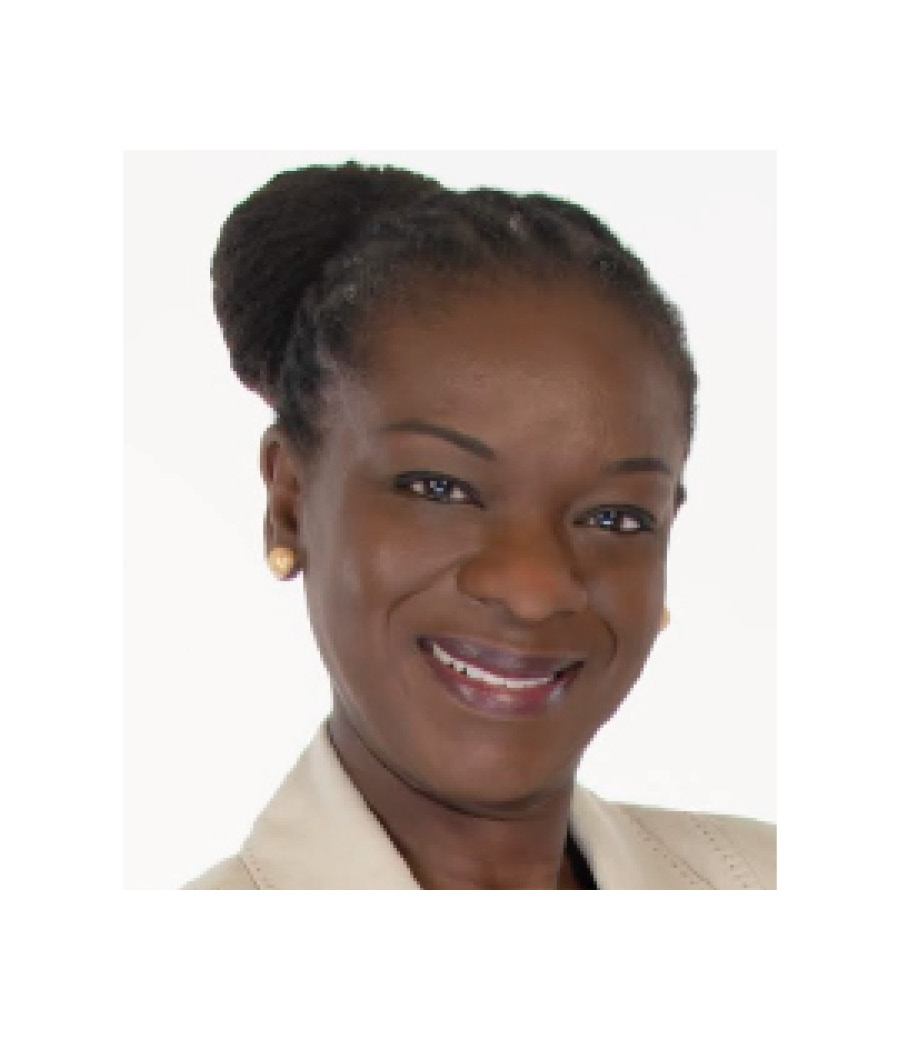
Foluso Olabisi Ademuyiwa (Bisi), MD, MPH
Professor of Medicine, Department of Medicine, Division of Medical Oncology Washington University School of Medicine, St. Louis, Missouri
Foluso Ademuyiwa MD MPH MSCI is a medical oncologist and Professor at Washington University School of Medicine (WUSM) in St Louis. Dr. Ademuyiwa earned a medical degree from the University of Ibadan in Nigeria, completed residency in Internal Medicine/Pediatrics at Bridgeport Hospital-Yale New Haven Health, and fellowship in Hematology/Oncology at Indiana University. Dr. Ademuyiwa is board certified in Medical Oncology. She serves as Principal Investigator for several investigator-initiated and cooperative group studies, and has authored more than 75 peer-reviewed articles. Her research is focused on racial disparities in breast cancer, and in designing and conducting innovative clinical trials in triple negative breast cancer. She is the Diversity & Inclusion Leader of the Hematology/Oncology Fellowship program at WUSM, and is on the Breast Cancer Research Program Leadership Steering Committee at WUSM. She has served on multiple grant review panels, including the AACR Breast Cancer Research Grants Scientific Review Committee and the Swiss Cancer League, and as an ad hoc manuscript reviewer for multiple journals over the years. In recognition of her clinical work, she has consistently been named as a “Best Doctor” in St. Louis for 2015 – 2022, and has been named as one of the 27 Top Breast Cancer Oncologists by Forbes in 2017.
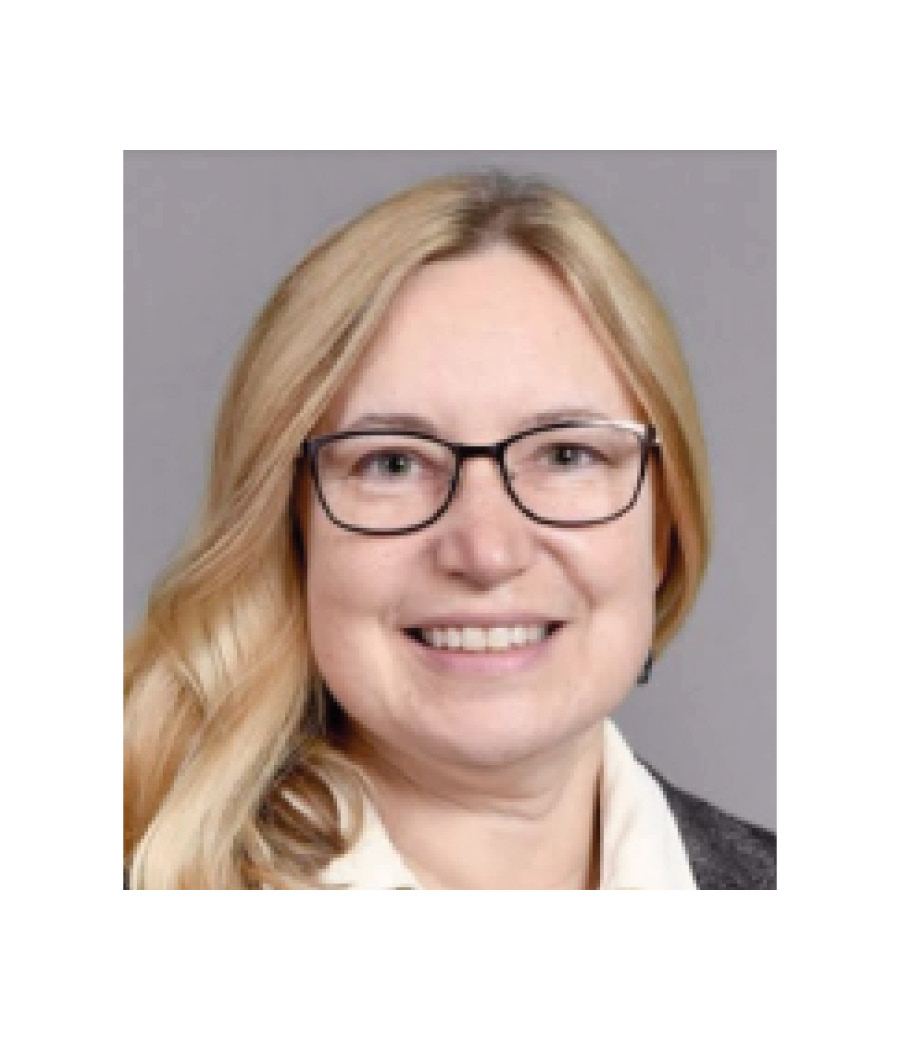
Karen Anderson, MD, PhD
Professor, Biodesign Institute, Associate Dean of Strategic Research, The College of Liberal Arts and Sciences, Arizona State University
Associate, Professor of Medicine Mayo Clinic, Phoenix, Arizona
Dr. Karen Anderson is a tumor biologist who studies how the immune system can be harnessed to detect and alter cancer development. For example, cancer causes the body to produce specific antibodies, which she and her research team can use as biomarkers to detect cancer in early stages of its growth. They use the alterations in immune response to develop new biomarkers for breast, ovarian, pancreatic and HPV- related cancers. Dr. Anderson and her collaborators use molecular techniques, such as in vitro protein arrays, next-gen sequencing, and high-throughput functional genomics, to study early alterations in cancer development. They examine the abnormal characteristics of cancer to identify novel targets for cancer treatment and vaccine development.

Carlos L. Arteaga, MD
Professor of Medicine Director, Harold C. Simmons Comprehensive Cancer Center, Annette Simmons Distinguished University, Chair in Breast Cancer Research Associate Dean of Oncology Programs, UT Southwestern Medical Center,
Dallas, TX
Dr. Arteaga obtained his MD degree at the University of Guayaquil in Ecuador. He trained in Internal Medicine and Medical Oncology at Emory University and the University of Texas Health Sciences Center San Antonio, respectively. He joined Vanderbilt in 1989 where he served as Associate Director for Translational/Clinical Research, Director of the Center for Cancer Targeted Therapies and the Breast Cancer Program of the Vanderbilt-Ingram Cancer Center (VICC). He has over 350 publications in the areas of signaling by growth factor receptors and oncogenes in breast tumor cells, development of targeted therapies and biomarkers of drug action and resistance, and investigator-initiated clinical trials in breast cancer. Since 2002, he directed the NCI-funded Vanderbilt Breast Cancer SPORE where he co-led several investigatorinitiated clinical trials. His research is or has been funded by the National Cancer Institute, the American Cancer Society, the Department of Defense Breast Cancer Research Program, Stand Up 2 Cancer (SU2C), the Susan G. Komen for the Cure Foundation, and the Breast Cancer Research Foundation. He is member of the American Society of Clinical Investigation (1998) and the Association of American Physicians (2005). He served in the NCI Board of Scientific Counselors (1999-2004), NCI Parent Subcommittee A for review of Cancer Centers (2004-2008), the Breast Core Committee of the Eastern Cooperative Oncology Group (ECOG) and the Board of Directors of the American Association for Cancer Research (2004-2007). Arteaga is the recipient of the 2003 AACR Richard & Hinda Rosenthal Award, a 2007-2017 ACS Clinical Research Professor Award, the 2009 Gianni Bonadonna Award from the American Society of Clinical Oncology (ASCO), the 2011 Brinker Award for Scientific Distinction from the Komen Foundation, and the 2015 Prize for Scientific Excellence in Medicine from the American-Italian Cancer Foundation. He was elected Fellow of the American Association for the Advancement of Science (AAAS) in 2013 and Fellow of the AACR Academy in 2015, and serves in the Scientific Advisory Board of the Komen Foundation. He chaired the AACR Special Conference ‘Advances in Breast Cancer Research’ (2003-11) and has served as AACR co-chair of the annual San Antonio Breast Cancer Symposium since 2009. He was Deputy Editor of Clinical Cancer Research (2005-2013) and is member of the Editorial Board of Cancer Cell, Cancer Discovery and six other peer-reviewed journals. He serves in the advisory boards of several academic Breast Cancer Programs and NCI-designated Cancer Centers. He served as the 2014-2015 President of the American Association for Cancer Research, the largest cancer research organization in the world. In 2017, he was appointed as Director of the Harold C. Simmons Comprehensive Cancer Center and Associate Dean of Oncology Programs at UT Southwestern Medical Center.
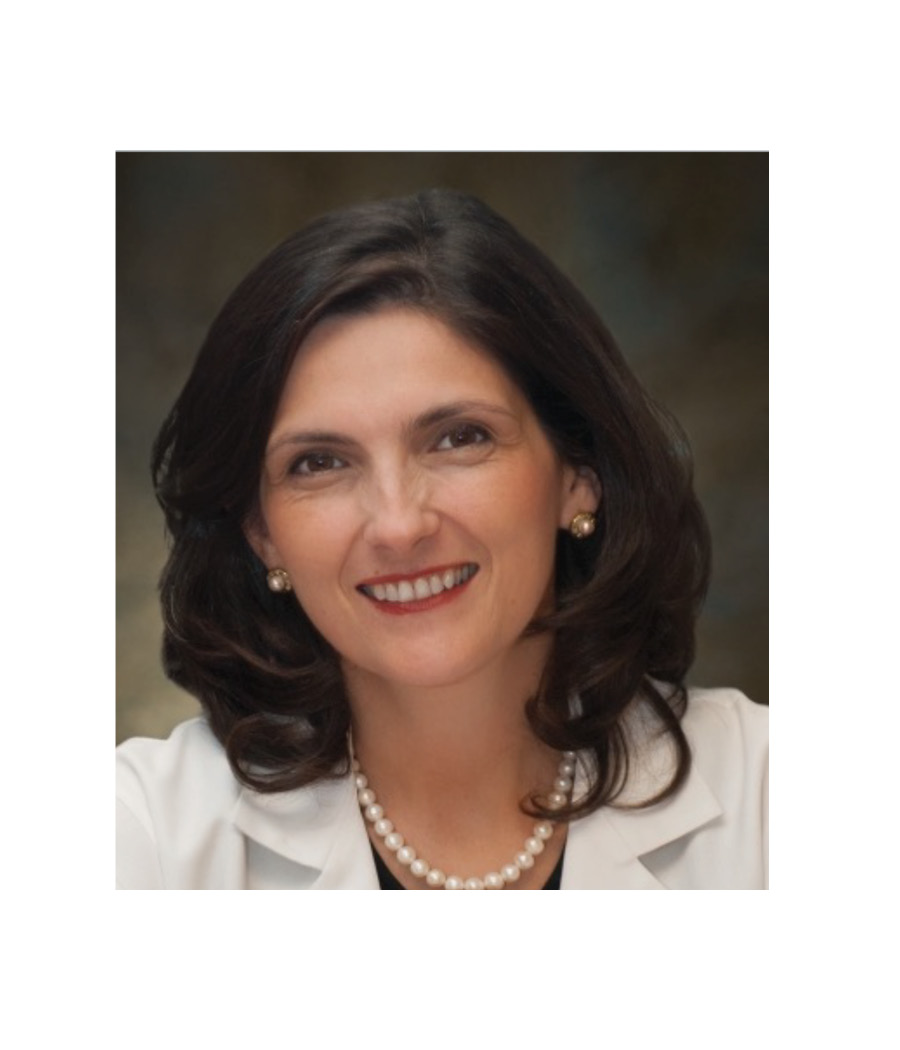
Banu Arun, MD
Professor, Breast Medical Oncology, Ashbel Smith, Professorship Co-Director Clinical Cancer Genetics, Executive Director Cancer Genetics, MD Anderson Cancer Networks, The University of Texas MD Anderson Cancer Center, Houston, TX
Dr. Banu Arun is a Professor in the Department of Breast Medical Oncology at The University of Texas MD Anderson Cancer Center. Dr. Arun is also Co-Medical Director of the Clinical Cancer Genetics Program. Her research interests include breast cancer treatment, biological markers, chemoprevention, and breast cancer genetics. Her laboratory and clinical research include characterization of risk factors in high-risk women with or without deleterious BRCA mutations and assessing breast cancer biology in patients with breast cancer who have mutations of the BRCA1 or BRCA2 gene. Dr. Arun has served as the Principal Investigator of several phase II breast cancer prevention trials with agents such as celecoxib, atorvastatin and targretin, and also breast cancer trials with PARP inhibitors. Dr. Arun serves as a member for ASCO BOLD Task Force, NCCN breast cancer risk assessment committee member. Dr. Arun serves also as an SWOG Co-Chair for the Prevention Committee.
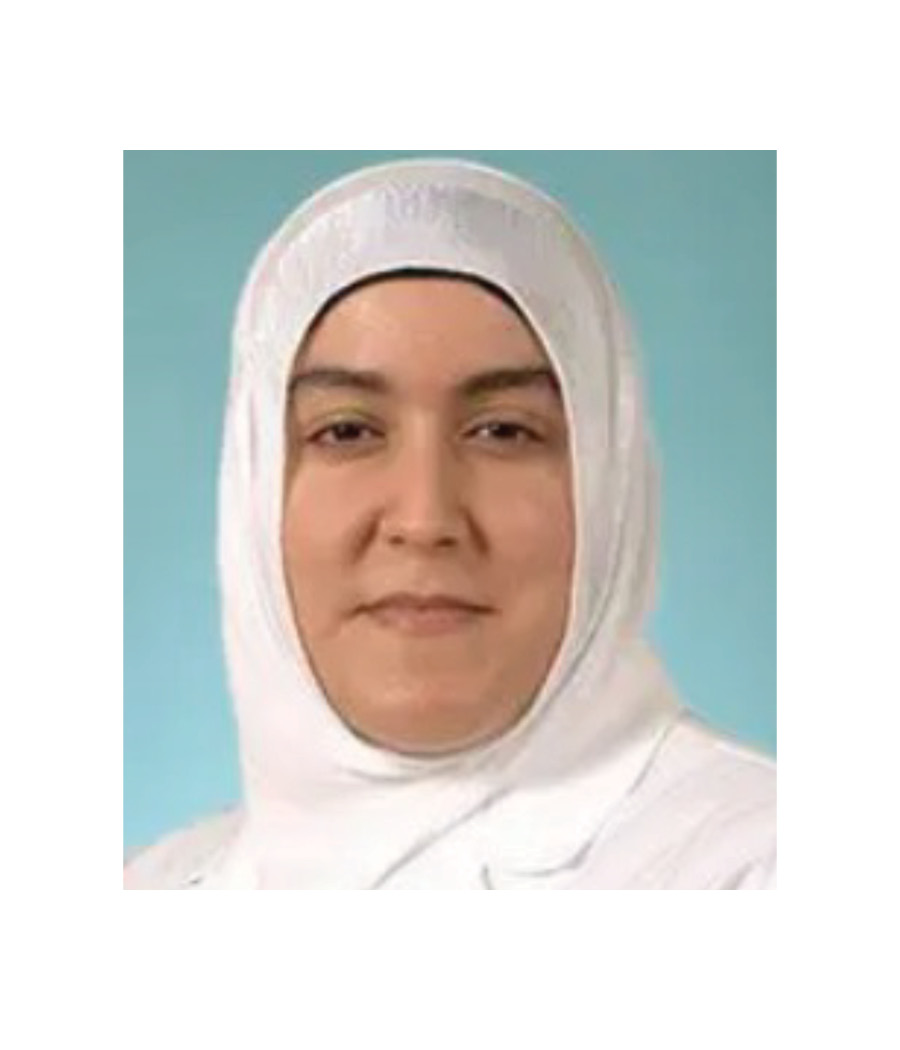
Nusayba A. Bagegni, MD
Associate Professor of Medicine, Associate Medical Director of Clinical Research, Breast Cancer Clinical Trials, Portfolio Leader, Division of Oncology, Washington University School of Medicine, Siteman Cancer Center, St. Louis, MO
Dr. Nusayba A. Bagegni, MD, is Associate Professor in the Department of Medicine, Division of Oncology, at Washington University School of Medicine in St. Louis. She is an Associate Member of Siteman Cancer Center. She serves as Associate Medical Director of Clinical Research and is also the Breast Cancer Clinical Trials Leader in the Division of Oncology. Dr. Bagegni specializes in the treatment of patients with breast cancer, with a particular interest in aggressive breast cancer subtypes, metastatic breast cancer and breast cancer in younger women. Dr. Bagegni earned her medical degree with research distinction from the University of Iowa Carver College of Medicine. She completed a residency in Internal Medicine at Barnes-Jewish Hospital. While at Washington University School of Medicine, she went on to complete a fellowship in hematology/oncology, serving as Chief Fellow, where she received the Hanna Jean Khoury Outstanding Graduate Award. Dr. Bagegni is board-certified in internal medicine, medical oncology, and hematology. Dr. Bagegni has research interests focused in breast cancer clinical trials and developmental therapeutics. She serves as a Principal Investigator for several clinical trials. She is a member of the Siteman Cancer Center Protocol Review and Monitoring Committee. Dr. Bagegni is also involved in trainee medical education, having received the Washington University Hematology/Oncology Fellowship Program 2021 Teacher of the Year Award. Dr. Bagegni is a member of ASCO and AACR. She is a member of the NCCN Anti-emesis Guidelines Panel. She is breast cancer committee member for Alliance, HCRN and ACCRU, as well as the Siteman Cancer Center Breast Cancer Equity Group.

Shakeela Bahadur, MD
Director of High-Risk Breast Cancer Clinic and Genetic Program, Banner MD Anderson Cancer Center, Lead Physician for Inflammatory Breast Cancer Clinic Adjunct Associate Professor The University of Texas MD Anderson Cancer Center Chair of Pharmacy and Therapeutics at Banner Gate Way Medical Center, Gilbert, AZ
Highly accomplished and dedicated Breast Medical Oncologist with a proven track record of providing exceptional patient care, leading multidisciplinary teams, conducting clinical research, and driving quality improvement initiatives. Expertise in managing and treating breast cancer patients across the continuum of care. Demonstrated strong leadership skills through various roles, including Director of High-Risk Breast Cancer Clinic and Genetic Program, Adjunct Associate Professor, and Lead Physician for Inflammatory Breast Cancer Clinic. Dedicated educator and mentor, instrumental in providing guidance to healthcare professionals/students to foster their professional development. Hands-on translational research experience and clinical expertise in breast cancer. Adept at working in highly-dynamic, multi-disciplinary setting and providing high-level, integrated care for patients. Board-certified individual with comprehensive knowledge of genetic evaluations, risk reduction strategies, and collaboration with genetic counselors to optimize patient care. Possess excellent interpersonal an communication skills, collaborating effectively with cross-functional healthcare professionals from various departments to develop comprehensive care plans. Skillful and compassionate, recognized for delivering optimal healthcare support and breast cancer treatment to varied patient populations. Delivered exceptional performance throughout the tenure, leading to being recognized as Doctor of the Year award at Banner MD Anderson Cancer Center. Exhibit exceptional communication and interpersonal skills with a knack for improving healthcare access to cancer patients by cultivating long-term, trust-based relationships with healthcare professionals, patients, community doctors, referral networks, and patients’ families.
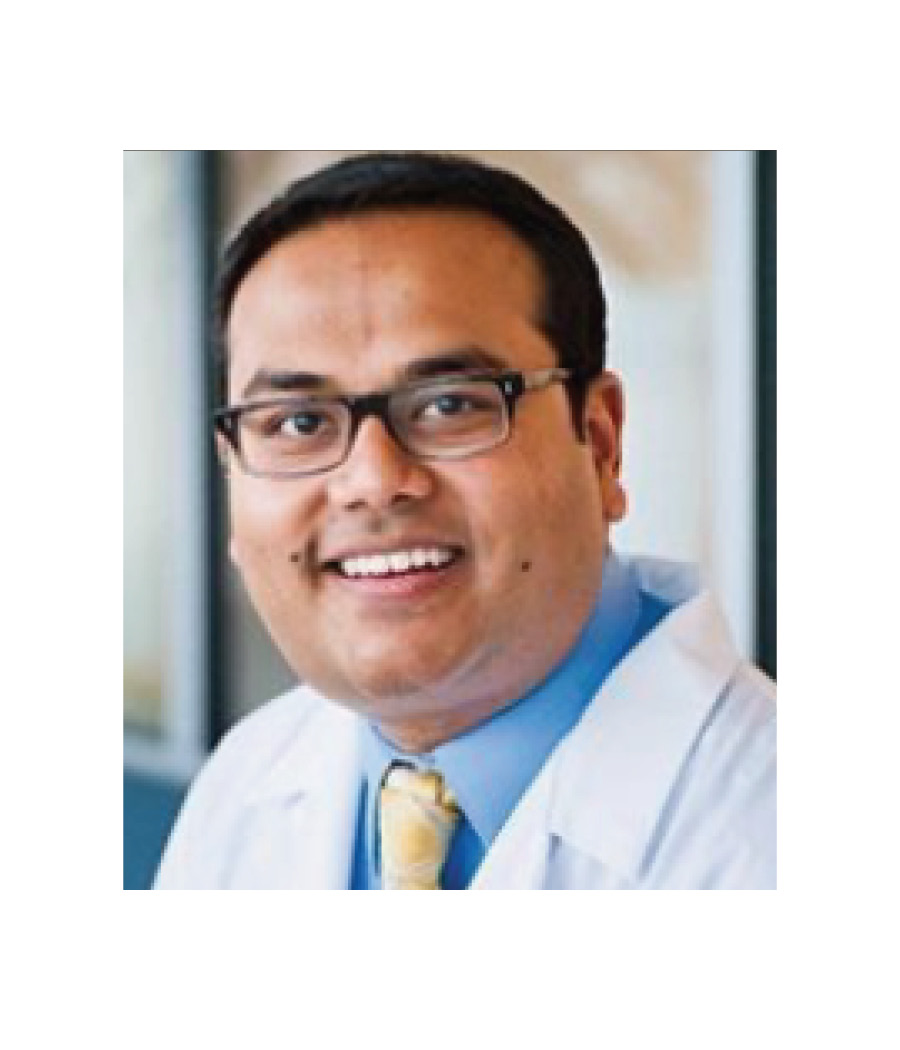
Aditya Bardia, MD, MPH
Program Director, Breast Medical Oncology Assistant Chief, Hematology Oncology Translational Research, UCLA Director, Translational Research Integration, Jonsson Comprehensive Cancer Center, Professor, Department of Medicine, Division of Hematology/Oncology UCLA Health
Dr. Aditya Bardia, a renowned breast medical oncologist and physician scientist who specializes in developing novel targeted and personalized therapies, has joined the David Geffen School of Medicine at UCLA and the UCLA Health Jonsson Comprehensive Cancer Center. He has joined as Program Director, Breast Medical Oncology Assistant Chief, Hematology Oncology Translational Research, UCLA Director, Translational Research Integration, Jonsson Comprehensive Cancer Center. Dr. Bardia currently is an attending physician and director of breast cancer research at Massachusetts General Hospital. He also is an associate professor at Harvard Medical School in Boston. He completed his residency at the Mayo Clinic in Rochester, MN, followed by a fellowship at Johns Hopkins Hospital in Baltimore before joining Massachusetts General Hospital as faculty. Dr. Bardia has a distinguished record of leading clinical trials investigating the role of targeted therapy combinations for breast cancer, particularly antibody drug conjugates. He led the development of sacituzumab govitecan, the first antibody drug conjugate approved for patients with metastatic triple negative breast cancer, as well as others including trastuzumab deruxtecan and datapotamab deruxtecan. He also led the clinical development of elacestrant, the first oral SERD approved for patients with metastatic hormone receptor-positive breast cancer. Bardia’s translational team also helped discover the role of acquired ESR1 mutations in mediating endocrine resistance, RB1 mutations in mediating CDK 4/6i resistance and TOP1 mutations in mediating antibody drug conjugate resistance. Over the years, he has received several awards including outstanding award for research excellence at Mayo Clinic, Young Investigator Award from the American Society of Clinical Oncology (ASCO), distinguished researcher award from the Massachusetts Society of Clinical Oncologists and the Douglas Family Foundation prize for excellence in oncology research. He was recognized as a Highly Cited Researcher in 2022 and 2023. He is well-regarded among his peers and was also nominated for excellence in mentoring at Harvard Medical School.
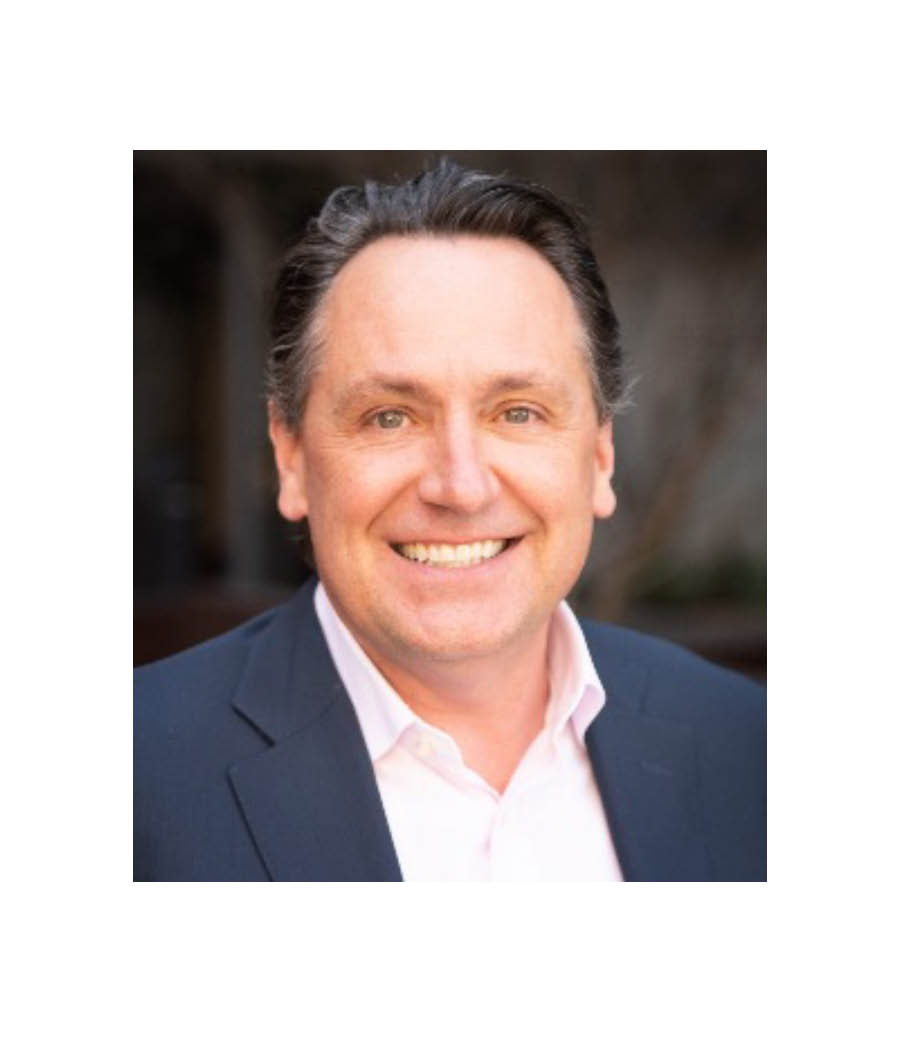
Sean P. Bohen, MD, PhD
President and CEO Olema Oncology
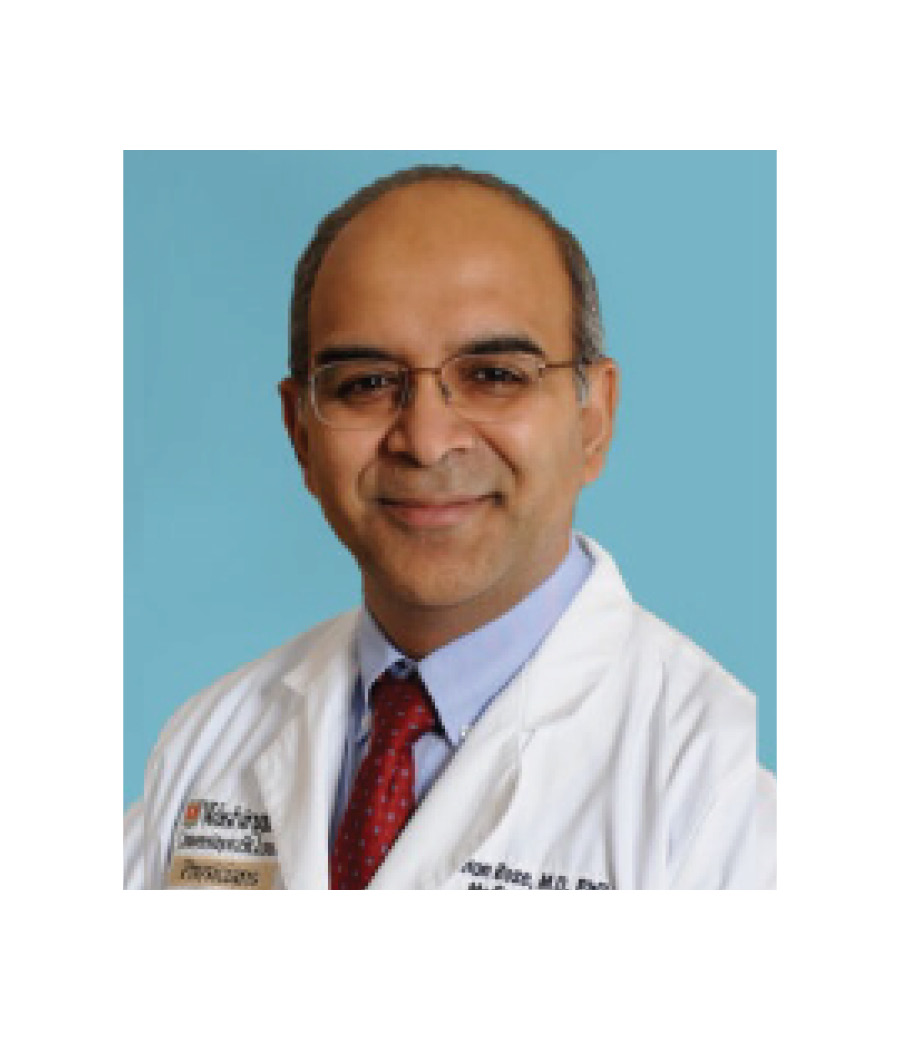
Ron Bose, MD, PhD
Associate Professor, Departments of Medicine and Cell Biology & Physiology Washington University, St. Louis, MO
Dr Ron Bose is an Associate Professor in Departments of Medicine and Cell Biology & Physiology at Washington University. Dr. Bose received his MD and PhD degrees from the Cornell University-Memorial Sloan-Kettering Cancer Center-Rockefeller University Tri-Institutional MD-PhD program. His doctoral research was performed in the Molecular Pharmacology program at Memorial Sloan-Kettering Cancer Center. Subsequently, he completed Internship and Residency in Internal Medicine at the Washington University School of Medicine and Medical Oncology Fellowship at Johns Hopkins School of Medicine. He is board certified in Internal Medicine and Medical Oncology and he joined the faculty of Washington University School of Medicine in 2007. Dr. Bose’s research focuses on HER2 positive breast cancer, cancer genomics, and the biochemistry of the HER2/EGFR family of tyrosine kinases. He has been a member of The Cancer Genome Atlas and has co-authored 3 papers in Nature on the genomes of breast or lung cancer. He and his laboratory have identified HER2 activating mutations in HER2 gene amplification negative breast cancer, and this led to a successful clinical trial showing that treating HER2 activating mutations with an oral tyrosine kinase inhibitor drug produces tumor regression in metastatic breast cancer patients.
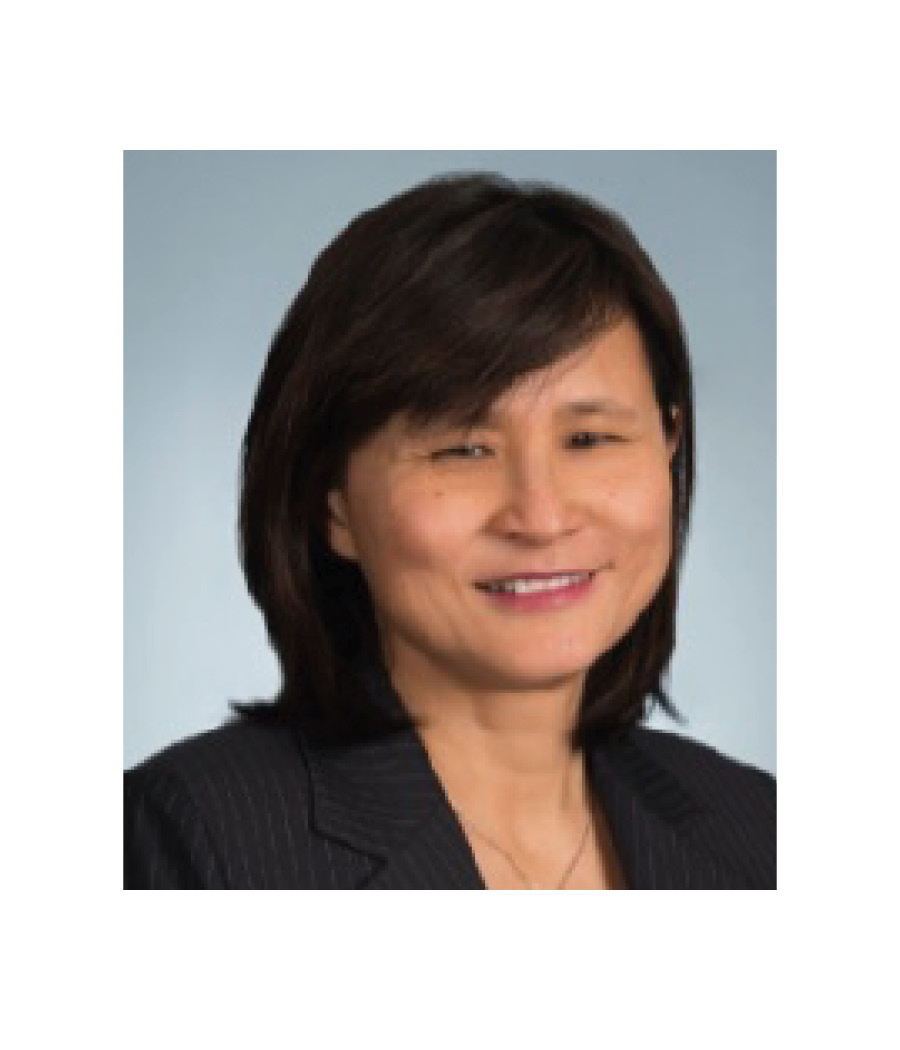
Jenny C. Chang, MD
Executive Director, Dr. Mary and Ron Neal Cancer Center, Emily Herrmann Presidential Distinguished, Chair Chief Clinical Science, Officer, Houston Methodist Academic Institute, Professor, Weill Cornell Medicine, New York, NY
Dr. Jenny C. Chang is the Emily Herrmann Chair in Cancer Research, Director of the Cancer Center at Houston Methodist Hospital in Houston, Texas, and Professor at Weill Cornell Medical School. She obtained her medical degree at Cambridge University and completed fellowship training in medical oncology at the Royal Marsden Hospital/Institute for Cancer Research in the United Kingdom. She was awarded a research doctorate from the University of London. Her recent work has focused on the intrinsic therapy resistance of cancer stem cells (CSCs), and novel targets that alter the tumor microenvironment (TME). Her work is now focused on the mechanisms that regulate CSCs and TME, as well as initiating and planning clinical trials that target these pathways. She is also interested in characterizing the cross-talk between these different pathways that may lead to mechanisms of resistance, and has identified some of the chief regulatory pathways, including inducible nitric oxide (iNOS) and JAK/STAT3 signaling involved in CSC self-renewal. She is a world-renown clinical investigator, credited as one of the first to describe intrinsic chemoresistance of CSCs.
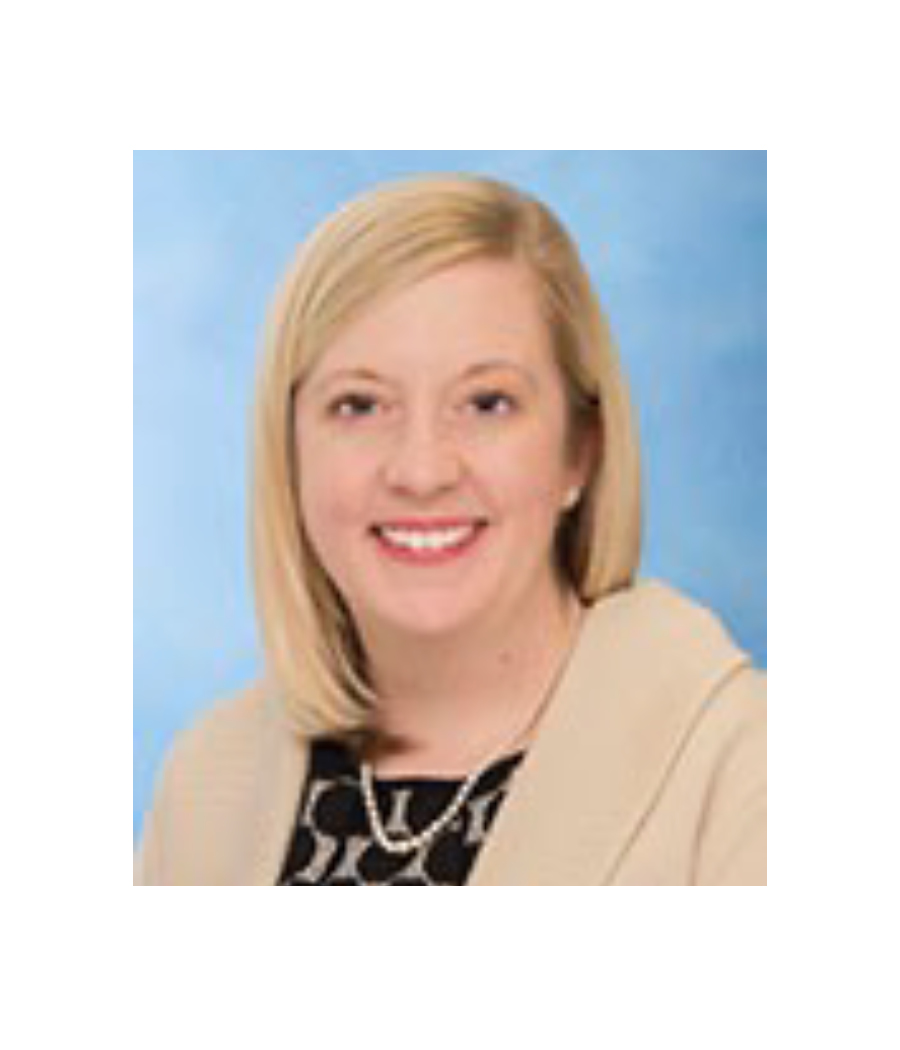
Erin Frances Cobain, MD
Associate Professor, University of Michigan, Co-Director of the Breast Cancer Clinical Research, Team Rogel Cancer Center, Ann Arbor, MI
Dr. Erin Cobain is a medical oncologist specializing in the care of patients with breast cancer and inherited cancer predisposition. She serves at Co-Director of the Breast Cancer Clinical Research Team at the Rogel Cancer Center. Dr. Cobain has been on faculty at the University of Michigan since 2016, when she completed her fellowship training. Dr. Cobain specializes in the care of patients with all types of breast cancer and those individuals who are at high risk of developing breast cancer. Dr. Cobain’s research interests include understanding how genetic and genomic testing can be utilized to personalize breast cancer therapy and use of immunotherapy treatments in breast cancer. Dr. Cobain serves as the Principal Investigator of a National Cancer Institute sponsored clinical trial exploring the role of combination chemotherapy and immunotherapy treatment in patients with hormone receptor positive, HER2 negative early-stage breast cancer with high genomic risk.
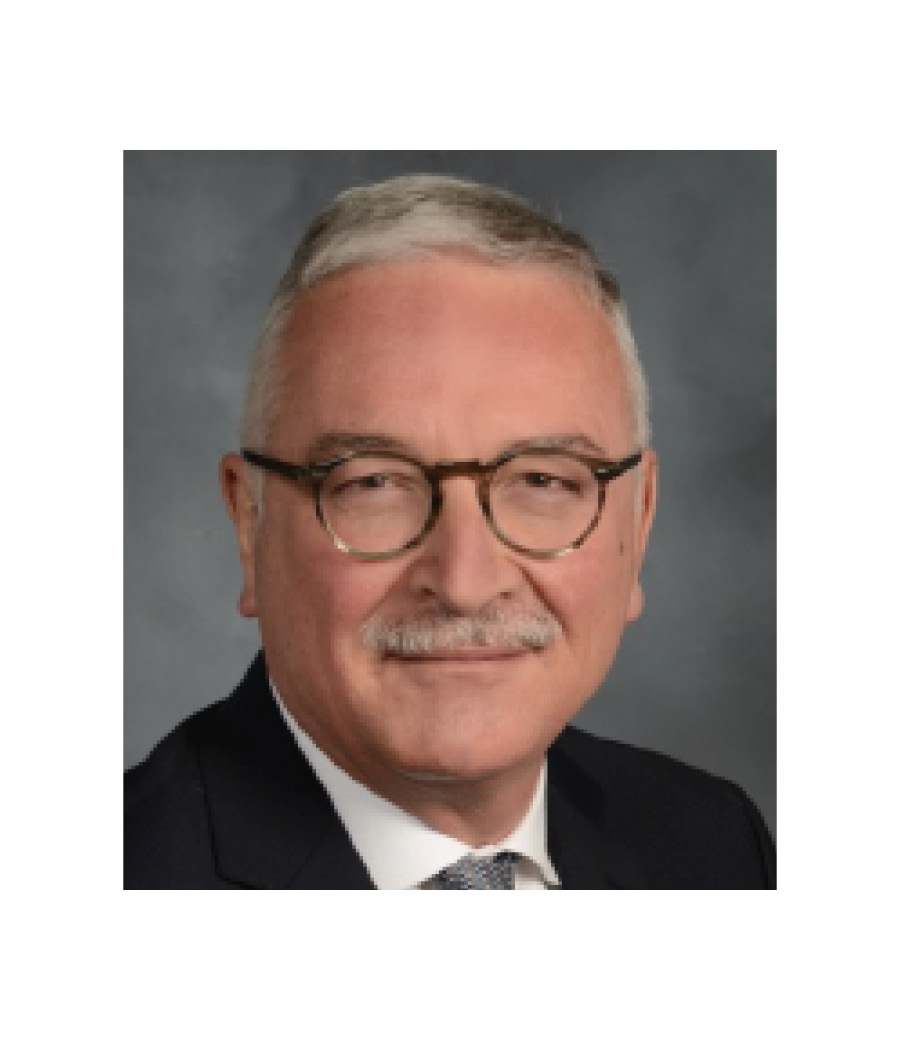
Massimo Cristofanilli, MD
Professor of Medicine, Department of Medicine, Division of Hematology & Oncology Chief, Breast Medical Oncology, Associate Director of Precision Medicine, Sandra and Edward Meyer Cancer Center, Scientific Director, the Englander Institute of Precision Medicine President of the Inflammatory Breast Cancer- International Consortium (IBC-IC) Weill-Cornell Medicine/New York Presbyterian, New York, NY
Dr. Cristofanilli was born in Italy and received his medical degree and Medical Oncology Fellowship from the University “La Sapienza” Medical School in Rome. He completed medical residency in NY and Medical Oncology Fellowship at the University of Texas M. D. Anderson Cancer Center and then joining the Breast Medical Oncology Department for more than a decade. He is the Founder and first Executive Director of the Morgan Welch IBC clinic and research program. He joined the Fox Chase Cancer Center in Philadelphia as Chairman of Medical Oncology, then he served as Deputy Director of Translational Research at the SKCC before moving to Chicago to build an innovative Precision Medicine Program at the Robert H Lurie Cancer Center, Northwestern University. During his term as Professor of Medicine and the Associate Director of Translational Research and Precision Medicine the Institution underwent a successful Core grant renewal based on excellence in Translational Research and Precision Medicine. More recently, he joined the Weill-Cornell Medicine/NYP as Professor of Medicine, Chief of Breast Medical Oncology and Associate Director of Precision Medicine at the Meyer Cancer Center. He is also the Scientific Director of The Englander Institute of Precision Medicine. He is the past President of the International Society of Liquid Biopsy (ISLB) and The Inflammatory Breast Cancer-International Consortium (IBC-IC). Dr. Cristofanilli is an expert in the management of hormone-receptor positive metastatic breast cancer and inflammatory breast cancer (IBC) serving as co-PI of the PALOMA-3 study. More importantly, he pioneered the clinical testing of CTCs in MBC leading a multicenter study published in the New England Journal of Medicine. The paper was the first to demonstrate the prognostic value of liquid biopsy in solid tumors and it is currently recognized as major Milestone in Cancer Research. He continues to explore and investigate the clinical application of ctDNA and CTCs technologies to implement personalized monitoring and treatment of advanced breast cancer.
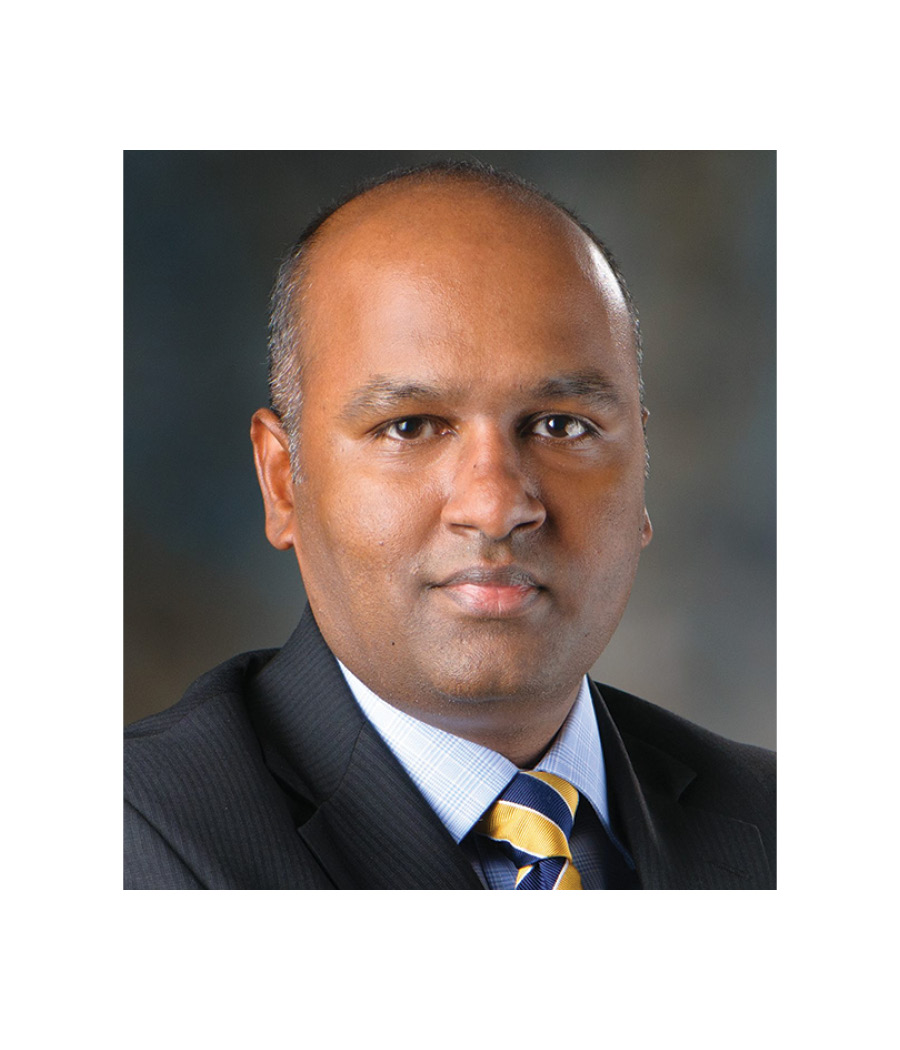
Senthil Damodaran, MD, PhD
Associate Professor, Breast Medical Oncology, Investigational Cancer Therapeutics UT MD Anderson Cancer Center, Houston, TX
Senthil Damodaran, M.D., Ph.D. is a medical oncologist/physician scientist with expertise in breast cancers, cancer genomics and development of novel targeted therapies. Dr. Damodaran serves as assistant professor in breast medical oncology with a joint appointment in investigational cancer therapeutics at MD Anderson Cancer Center. He completed his residency in Internal Medicine from University at Buffalo and his fellowship in Medical Oncology and Breast Medical Oncology from The Ohio State University. He focuses on 1) genomics-driven clinical trials, 2) application of genomics for target discovery in breast cancers, and 3) characterization of secondary drug resistance mechanisms. At MD Anderson, he led their department’s genomic-directed clinical/translational efforts. Dr. Damodaran is actively involved in several National Cancer Institute (NCI) Cancer Therapy Evaluation Program (CTEP) initiatives. He serves as the chair for the NCI MATCH (Molecular Analysis for Therapy Choice) trial (Sub-protocol Z1F) and co-chair for upcoming ComboMATCH studies. He also serves as PI for genomically matched NCI-ETCTN study evaluating copanlisib in combination with trastuzumab and pertuzumab in HER2 +ve MBC with PIK3CA or PTEN alterations. Additionally, Dr. Damodaran serves as PI for the INTERACT study, which employs real-time ctDNA monitoring to identify secondary ESR1 alterations as well as genomically targeted study of futibatinib (TAS120) in MBC patients with FGFR amplifications. He also serves as the co-lead for post-mortem tissue collection protocol for metastatic breast cancer, a first of its kind at MD Anderson. In addition, he serves on the ABIM/ASCO Breast Question Writing group and the ASCO biomarker expert panel.
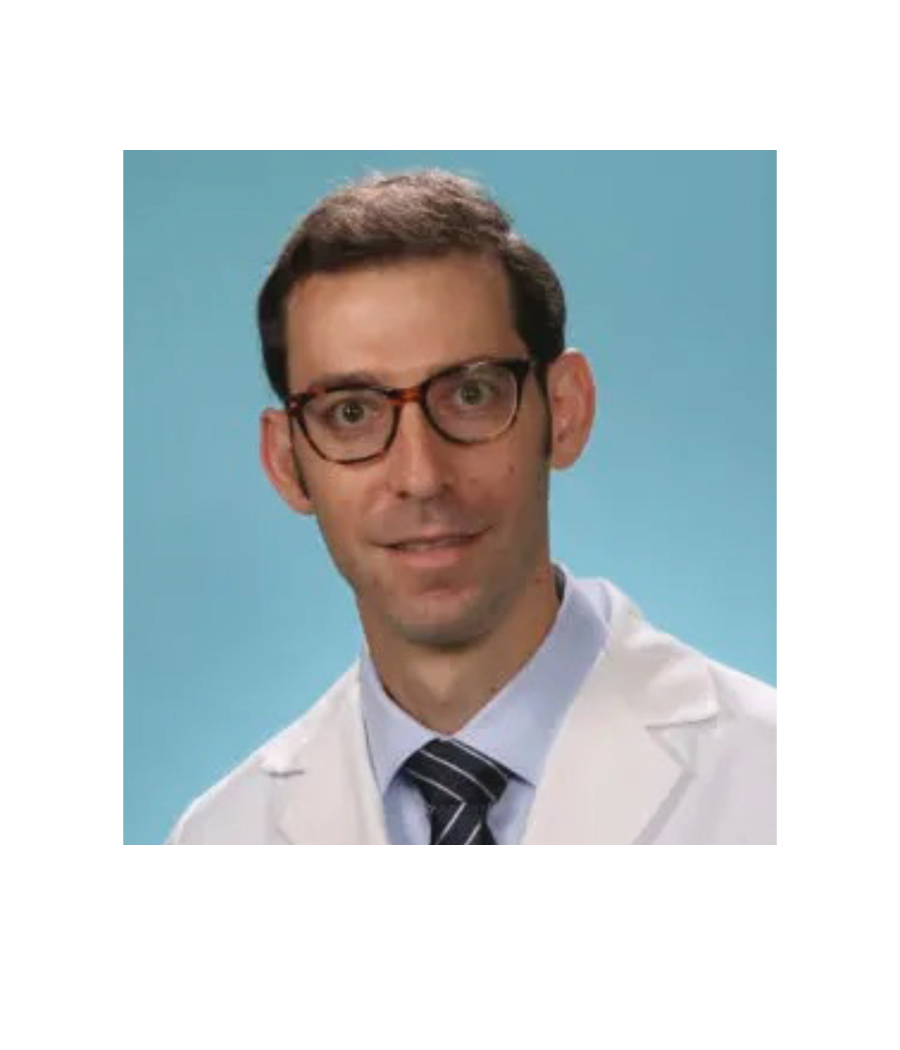
Andrew Davis, MD
Assistant Professor of Medicine, Division of Medical Oncology, Washington University School of Medicine, Saint Louis, MO
Dr. Davis is a breast medical oncologist. He completed his residency and hematology/oncology training at Northwestern University in Chicago, Illinois, including serving as a Chief Fellow during his final year of training. In 2020, he was appointed as an Assistant Professor of Medicine at Washington University in St. Louis. As a clinical investigator, his primary research interests include circulating tumor DNA and the development of novel therapies for patients with metastatic breast cancer through innovative early-phase clinical trials.
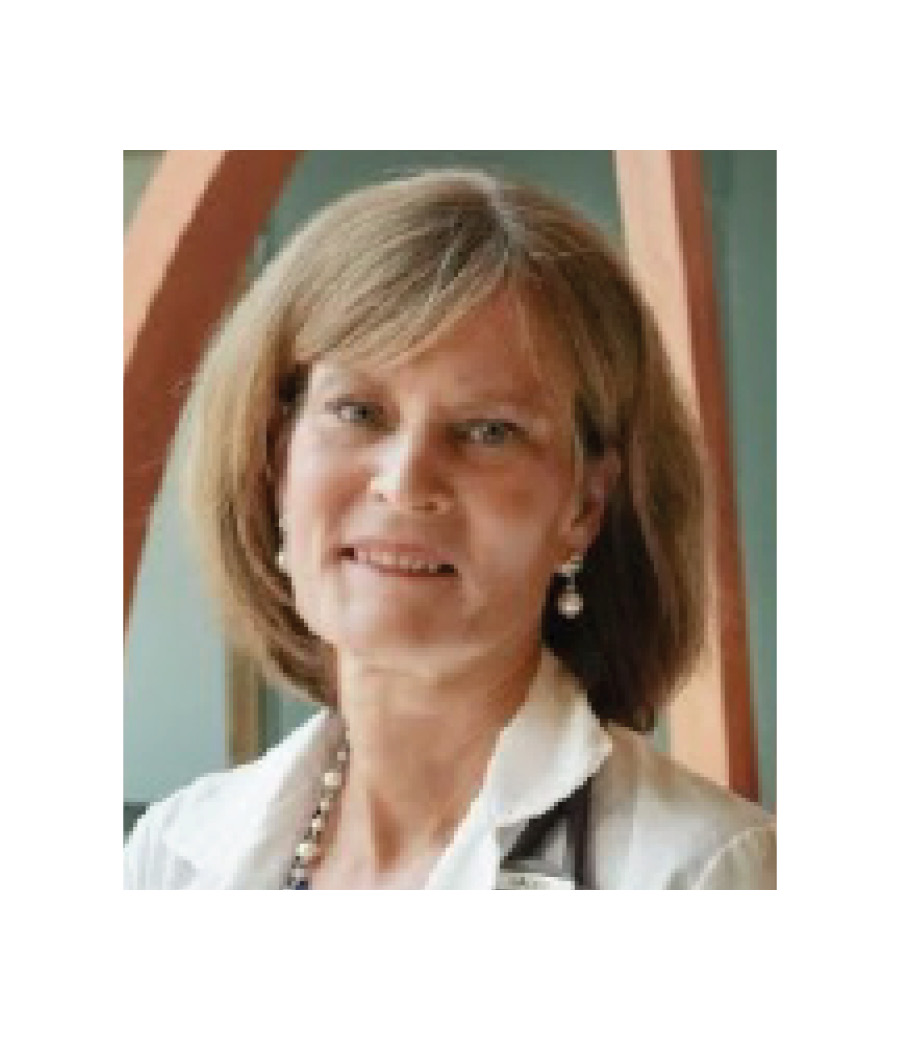
Susan Dent, MD
Professor of Medicine, Associate Director of Breast Cancer Clinical Research,
Co-Director, Duke Cardio-Oncology Program, Duke University, Durham, NC
Dr. Dent attended McMaster University Medical School in Hamilton, Ontario, Canada and completed her residency training in Internal Medicine and Medical Oncology at the Ottawa Hospital, University of Ottawa, Ontario, Canada. She subsequently completed a post graduate research fellowship in clinical trials at the Canadian Cancer Trials Group (CCTG) in Kingston, Ontario, and was appointed as a staff medical in Thunder Bay, Ontario. In 2001, Dr. Dent returned to Ottawa, where she specialized in the treatment of breast cancer with a focus on new drug development. In 2008, Dr. Dent, she established a multidisciplinary cardio-oncology clinic in Ottawa and in 2011, she founded the Canadian Cardiac Oncology Network (CONN), a not-for-profit organization devoted to optimization of cancer care for patients without compromising cardiovascular health. In 2015, Dr. Dent launched the Global Cardio-Oncology Summit (GCOS), an annual meeting which now attracts oncologists, cardiologists, and allied health care providers from more than 23 countries. Dr. Dent is recognized for her efforts in the evaluation of novel cancer treatments for breast cancer while gaining a better understanding of the impact of these treatments on cardiovascular health. She is recognized as a global leader in cardio-oncology. She has travelled extensively around the world sharing her knowledge and expertise on cancer therapy related cardiovascular toxicity. She continues to work and build relationships with global organizations interested in cardio-oncology including: European Society of Medical Oncology, American College of Cardiology, the American Heart Association, and the American Society of Clinical Oncology. Dr. Dent currently serves as President of the International Cardio-Oncology society (ICOS), an organization dedicated to bringing cardiologists, oncologists, and allied health care providers together, to improve the clinical care of patients and save lives. In September 2018, Dr. Dent accepted a staff position at Duke University as a breast cancer medical oncologist, Co-Director of Cardio-Oncology, and Associate Director of Breast Cancer Clinical Research.
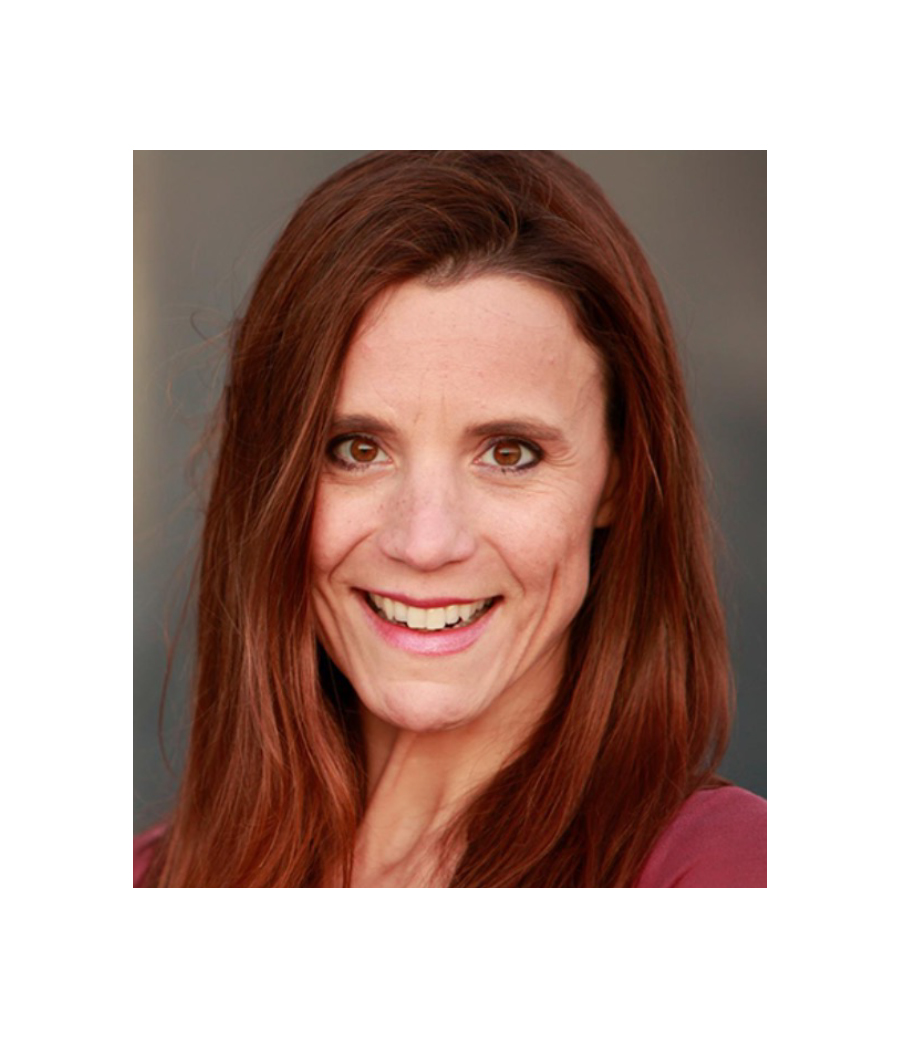
Milana V. Dolezal, MD, Msci
Clinical Associate, Professor of Medicine, Division of Oncology, Stanford School of Medicine, Stanford, CA
Dr. Dolezal is a board-certified hematologist-oncologist with Stanford Medicine Cancer Center in Emeryville and a clinical associate professor in the Stanford School of Medicine, Division of Oncology. She strives to work with patients to develop care plans that are comprehensive and personalized achieve the best possible outcomes and quality of life. Dr. Dolezal also has extensive experience in research and drug development. She previously held positions as a clinical scientist, assistant medical director, and associate medical director in the BioOncology Therapeutics unit of the biotechnology company Genentech. She has conducted clinical research into fertility preservation in patients with breast cancer, advanced treatments for triple-negative breast cancer, and patients’ adherence to anti-cancer therapy. She has co-authored articles on her research findings that appeared in the Journal of Clinical Oncology, Cancer, and other peer-reviewed publications. She also co-authored the chapter “Progression from Hormone-Dependent to Hormone-Independent Breast Cancer” in the textbook Hormones, Genes and Cancer published by Oxford University Press. Dr. Dolezal has made presentations to her peers at meetings of the American Association for Cancer Research, American Society of Clinical Oncology, and European Cancer Organisation.
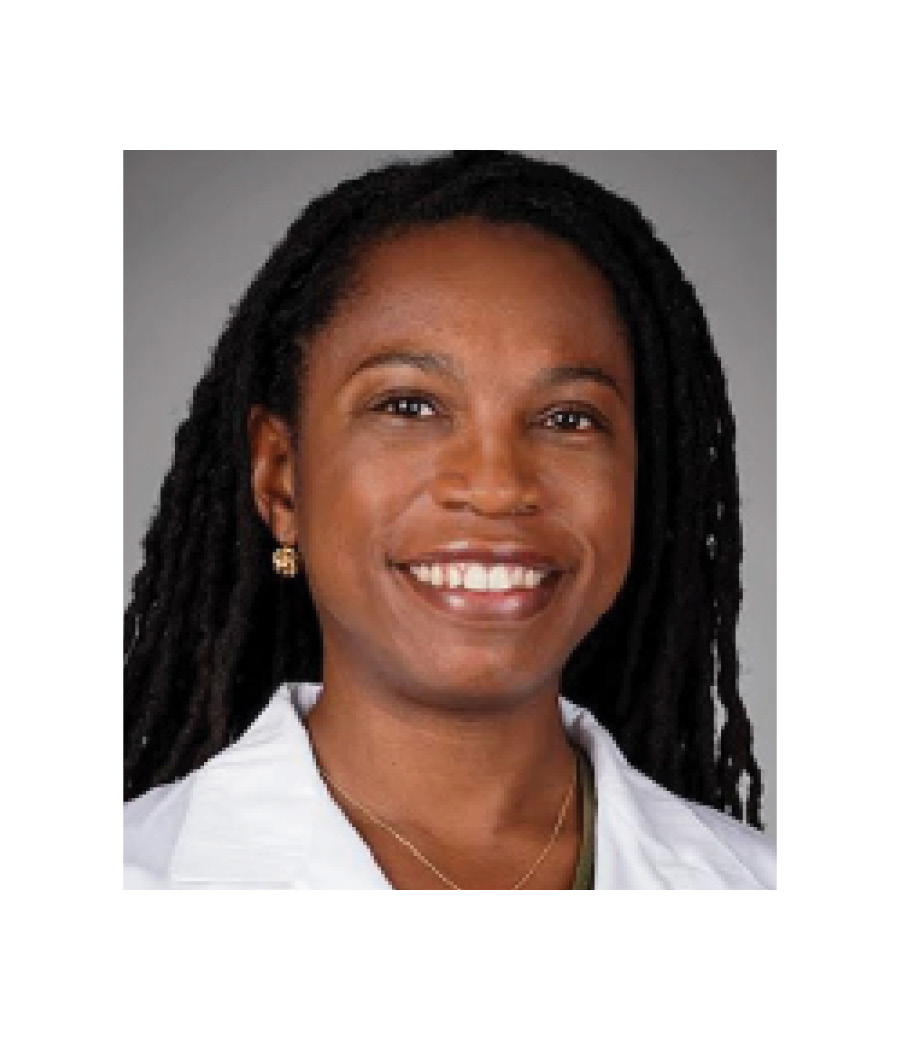
Oluwadamilola “Lola” Fayanju, MD, MA, MPHS
The Helen O. Dickens Presidential, Associate Professor, Chief, Division of Breast Surgery, Penn Medicine Surgical Director, Rena Rowan Breast Center, Director, Health Equity Innovation, Penn Center for Cancer Care Innovation (PC3I), Senior Fellow, Leonard Davis Institute of Health Economics (LDI), Perelman School of Medicine at the University of Pennsylvania, Philadelphia, PA
Dr. Oluwadamilola “Lola” Fayanju is the Helen O. Dickens Presidential Associate Professor in the Perelman School of Medicine at the University of Pennsylvania (PENN) and Chief of the Division of Breast Surgery for the University of Pennsylvania Health System, aka Penn Medicine. She is also Surgical Director of the Rena Rowan Breast Center in the Abramson Cancer Center, Director of Health Equity Innovation at the Penn Center for Cancer Care Innovation (PC3I), and a Senior Fellow in the Leonard Davis Institute of Health Economics (LDI) at PENN. Dr. Fayanju is an academic breast surgical oncologist whose research spans four areas: (1) addressing disparities and promoting equity in breast cancer presentation, guideline-concordant treatment, outcome, and clinical trial participation; (2) improving prognostication and treatment for biologically aggressive variants of breast cancer including inflammatory, lobular, and metaplastic carcinoma; (3) optimizing oncologic care through the collection and application of patient-reported outcomes (PROs) and data on social determinants of health (SDOH); and (4) elucidating the importance of race, ethnicity, and gender in the conduct of research and the promotion of a diverse healthcare and medical research workforce. She received her undergraduate degree in History and Science and an MA in Comparative Literature from Harvard. She received her MD and a master’s of population health sciences (MPHS) from Washington University in St. Louis, where she also completed her residency in General Surgery. She completed fellowship training in Breast Surgical Oncology at The University of Texas MD Anderson Cancer Center. In 2019, she was recognized by the National Academy of Medicine as an Emerging Leader in Health and Medicine Scholar. Her research is supported by a diverse array of organizations including the National Institutes of Health (NIH) and the Breast Cancer Research Foundation (BCRF), and she has published in a variety of journals including Annals of Surgery, Cancer, the Journal of Clinical Oncology, JCO Oncology Practice, JAMA Oncology, JAMA Surgery, and JAMA.
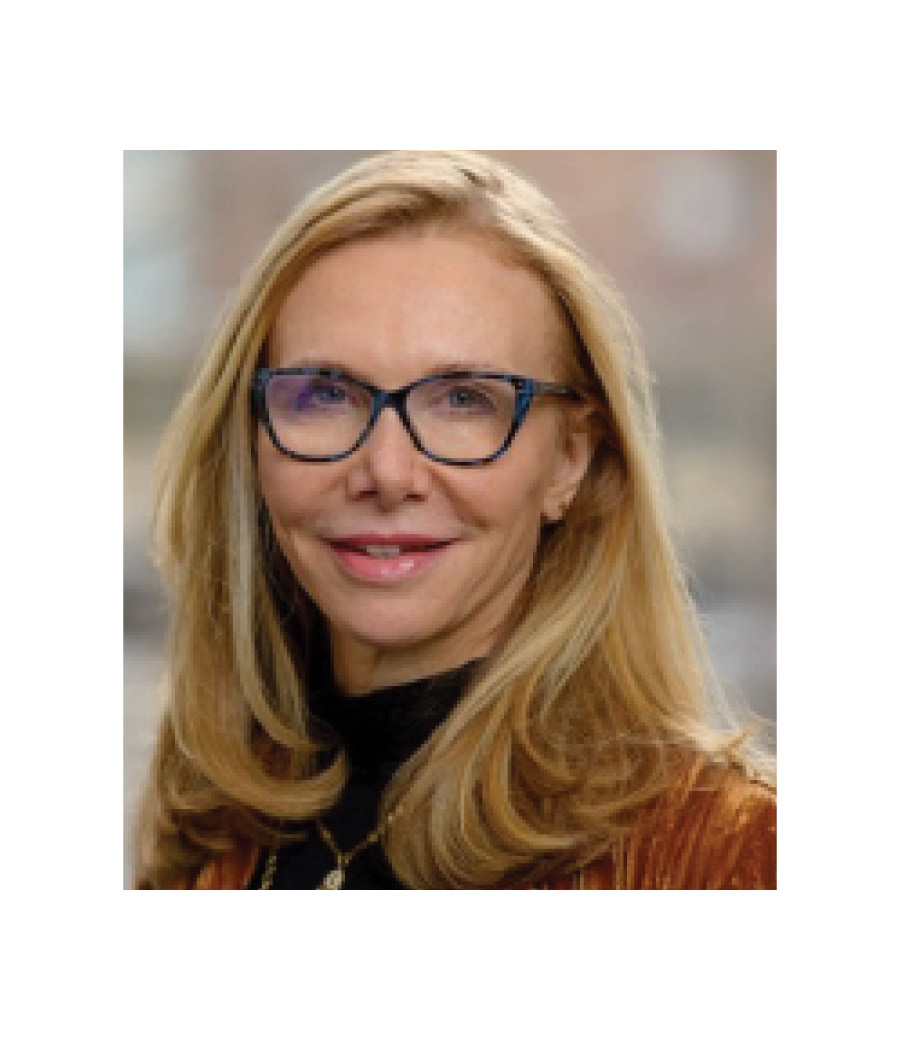
Monica N. Fornier, MD
Associate Attending Breast Medicine Service, Memorial Sloan Kettering Cancer Center, Associate Professor of Medicine, Weill Cornell Medical College, New York, NY
Dr. Monica Fornier is an Associate Member of the Breast Medicine Service of Memorial Sloan Kettering Cancer Center and an Associate Professor at Weill Cornell Medical College. She is co-Director of the Breast Cancer Bone Health Program and specializes in the treatment of patients with breast carcinoma; she conducts research in breast cancer, with particular regard to novel bone-modifying agents and strategies for the preservation of bone health. Dr Fornier is an active member of various national and international scientific groups, including the American Society of Clinical Oncology, the American Society of Bone and Mineral Research, and the European Society of Medical Oncology. Dr Fornier has numerous publications to her name and has presented data at several meetings.
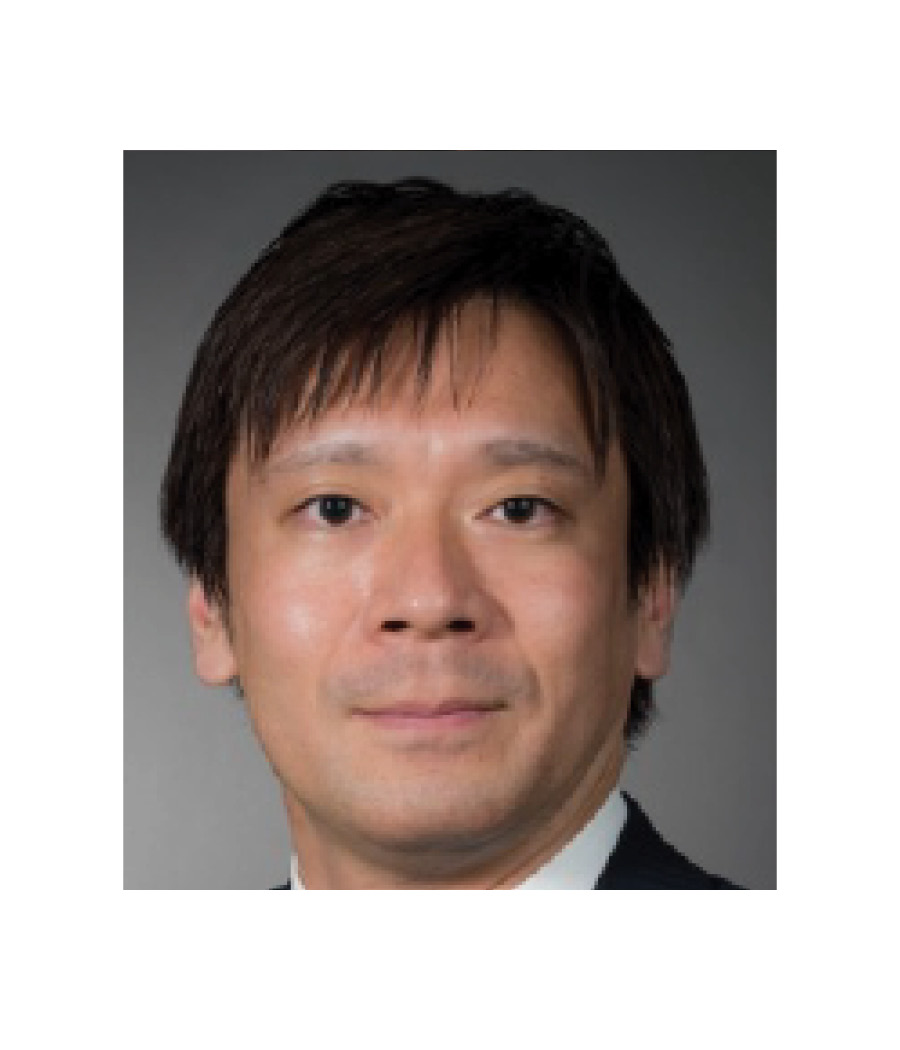
Takeo Fujii, MD, MPH
Assistant Clinical Investigator, Women’s Malignancies Branch National Cancer Institute, Bethesda, MD
Dr. Fujii is a medical oncologist and a physician-scientist who specializes in breast cancer and metastasis. Dr. Fujii received his M.D. from the Shinshu University School of Medicine, Japan, and an M.P.H. from the University of Texas Health Science Center at Houston School of Public Health. He completed internal medicine and medical oncology training at St. Luke’s International Hospital, Japan. Further, he completed advanced clinical fellowship in the Phase I Clinical Trials Program in the Department of Investigational Cancer Therapeutics at MD Anderson Cancer Center, TX, internal medicine residency at the University of Hawaii, and a medical oncology fellowship in the Translational Research Track at the Northwell Health Cancer Institute and Cold Spring Harbor Laboratory joint program, NY, where he trained in Dr. Mikala Egeblad’s laboratory. His research focuses on finding novel therapeutic targets to breast cancer brain metastasis by understanding the role of inflammation and immune cells in the tumor microenvironment.
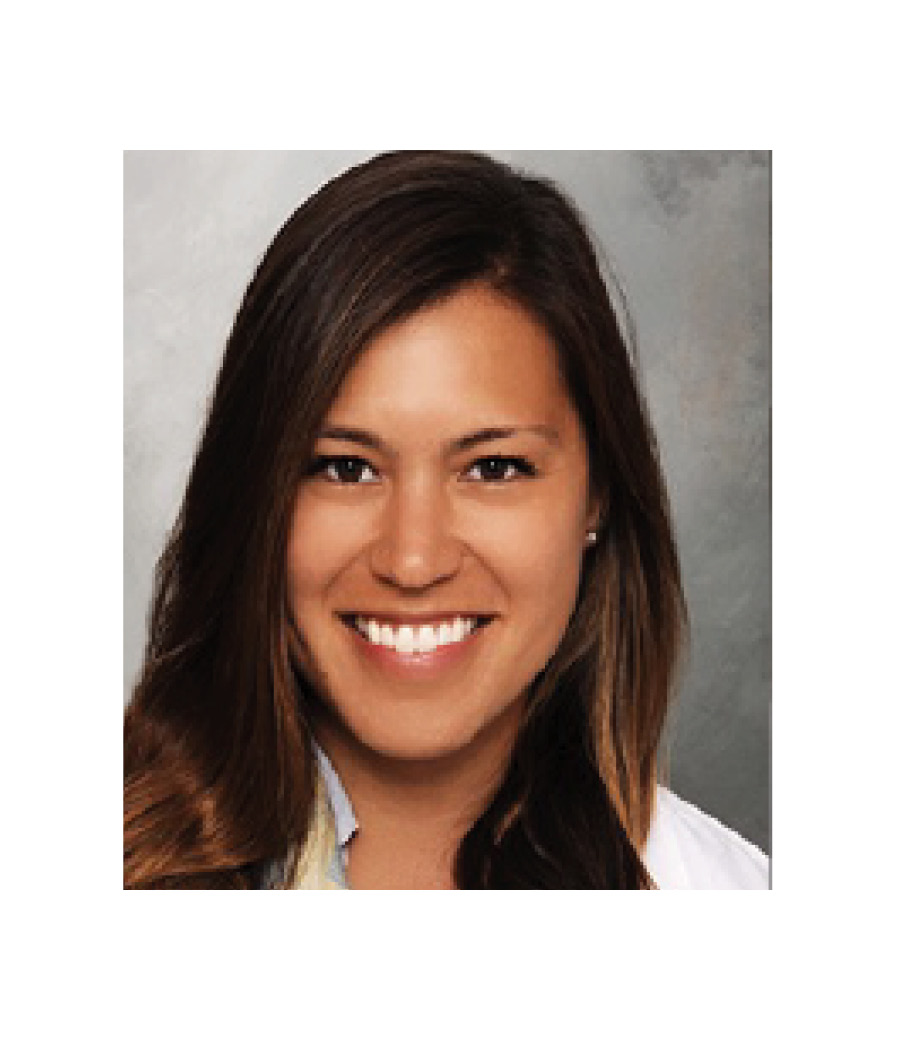
Jami Fukui, MD
Associate Professor (Associate Researcher), University of Hawaii Cancer Center University of Hawaii at Mānoa Assistant Professor Department of Medicine John A. Burns School of Medicine University of Hawaii at Mānoa
Dr. Jami Fukui is an Associate Professor/Researcher at the University of Hawaii Cancer Center. She completed her medicine residency and hematology/medical oncology fellowship at Mount Sinai Hospital in New York City. She is a Health Disparities Research Institute Scholar at the National Institute on Minority Health and Health Disparities (NIHMHD) and serves on the NCI Breast Cancer Steering Committee as the NCI Community Oncology Research Program (NCORP) Representative. Her interests are in breast cancer clinical and translational research, developing clinical trial protocols, and providing cancer care to residents of Hawaii.
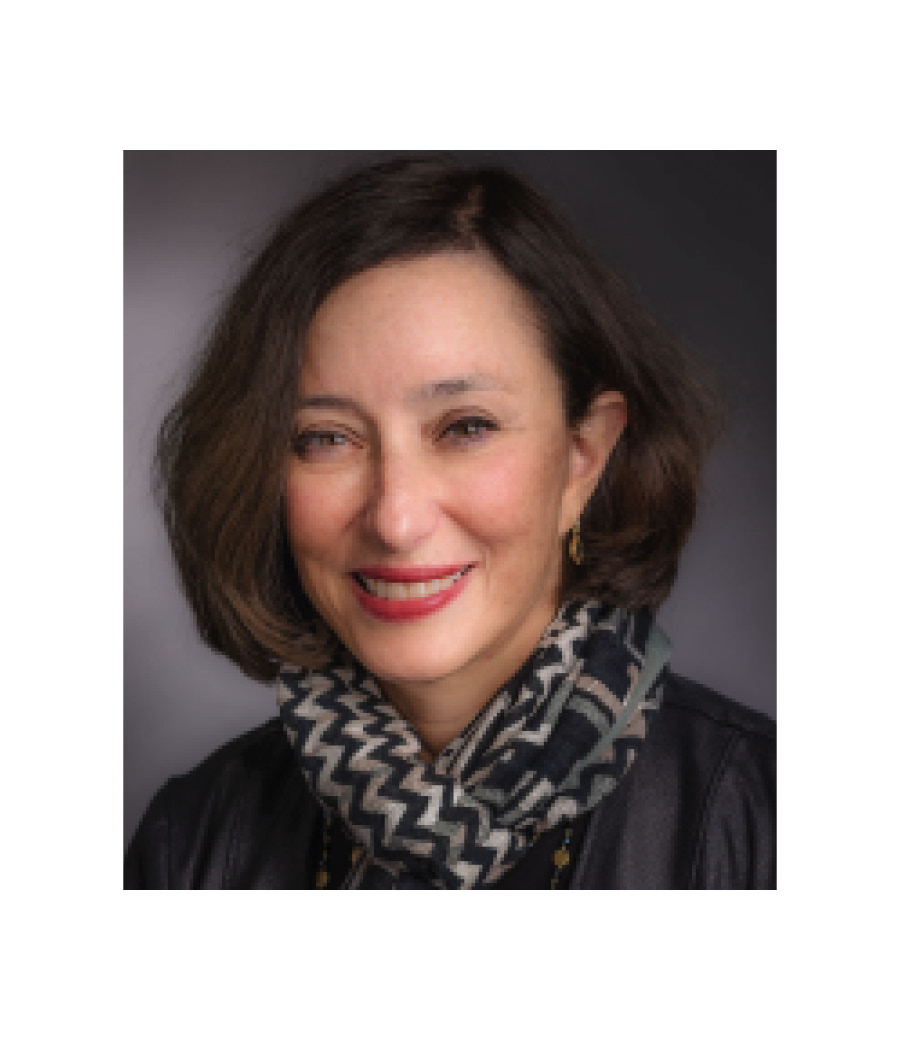
Judy E. Garber, MD, MPH
Chief, Division for Cancer Genetics and Prevention Susan F. Smith Chair Institute Physician, Dana-Farber Cancer Institute, Professor of Medicine Harvard Medical School, Boston, Massachusetts
Dr. Garber is the Chief of the Center for Cancer Genetics and Prevention at the Dana-Farber Cancer Institute and a Professor of medicine at Harvard Medical School. Dr. Garber is the recipient of numerous professional awards, and currently sits on the National Cancer Institute’s National Cancer Advisory Board. She was a member of the Stand Up To Cancer Innovative Research Grants Review Committee and editorial boards. Dr. Garber was the president of the AACR in 2011-12. She was elected to the National Academy of Medicine in 2013 and has been a member of the BCRF Scientific Advisory Board since 2008. Her interests focus on breast cancer genetics, risk reduction and the development of therapeutics for the treatment and prevention of breast and related cancers in individuals carrying predisposing mutations. Her research includes the study of basal-like breast cancer, common in women with BRCA1 mutations. Her first neo-adjuvant trial of cisplatin in patients based on the role of BRCA1 in DNA repair demonstrated a significant complete response rate that has led to a series of trials, including a randomized phase II international, multicenter trial. Her research also includes the evaluation of novel agents targeting DNA repair defects in the treatment and prevention of triple negative or basal-like breast cancer, particularly platinums, PARP inhibitors and RANK ligand inhibitors. She has also studied pediatric cancers and sarcomas in Li-Fraumeni and hereditary gastrointestinal and stromal tumors. Dr. Garber received her MD and MPH in 1981 from Yale University School of Medicine. She served her internal medicine residency at Brigham and Women’s Hospital, followed by fellowships in hematology at BWH, medical oncology at DFCI, and biostatistics at the National Cancer Institute. She joined DFCI as a fellow in 1985, and now works as a medical oncologist and clinical cancer geneticist.
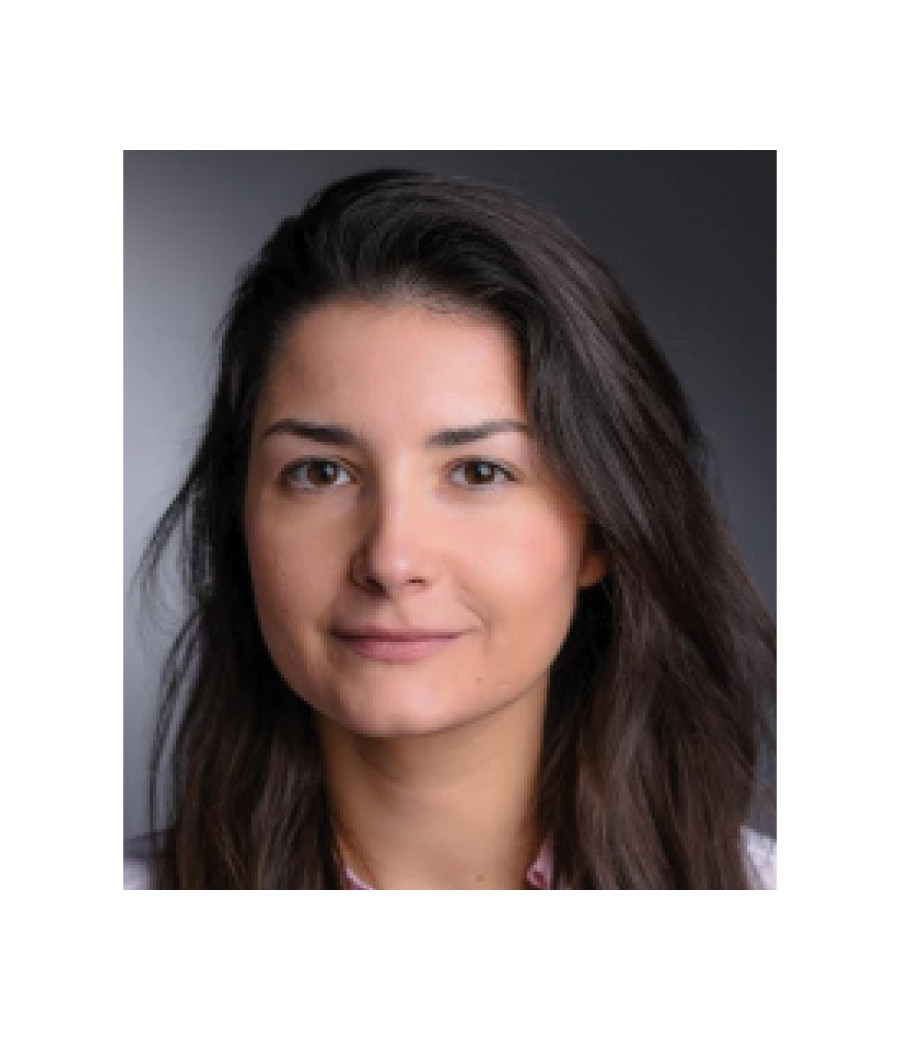
Ana C. Garrido-Castro, MD
Assistant Professor of Medicine, Harvard Medical School, Susan F. Smith Center for Women´s Cancers, Department of Medical Oncology, Dana-Farber Cancer Institute, Boston, MA
Dr. Garrido-Castro is a medical oncologist specialized in breast cancer at Dana-Farber Cancer Institute (DFCI) and Assistant Professor of Medicine at Harvard Medical School. Her research efforts focus on the development of novel therapeutic strategies for patients with breast cancer, with particular emphasis on the treatment of triple-negative breast cancer (TNBC). Dr. Garrido-Castro leads several clinical trials studying immunotherapy, antibody drug conjugates and targeted therapy approaches for patients with breast cancer, and is Co-Director of the DFCI Triple-Negative Breast Cancer Working Group.

Charles Edward Geyer, Jr., MD
Professor of Medicine, Division of Hematology/Oncology, Department of Medicine, School of Medicine, University of Pittsburgh, Pittsburgh, Pennsylvania
Charles E Geyer, Jr., is a breast medical oncologist and Professor of Medicine at the University of Pittsburgh Medical Center Hillman Cancer Center and Magee Women’s Hospital in Pittsburgh, PA, Chief Scientific Officer for the NSABP Foundation and medical oncology co-chair of the NRG Breast Committee. Dr. Geyer has co-authored over 100 peer-reviewed manuscripts including landmark phase 3 trials conducted by the NSABP. He also held leadership roles on collaborative international trials in breast cancer, having chaired or co-chaired Scientific Steering Committees on multiple phase III trials including KATHERINE, OlympiA, BrighTNess, DESTINY Breast-05 and lidERA.
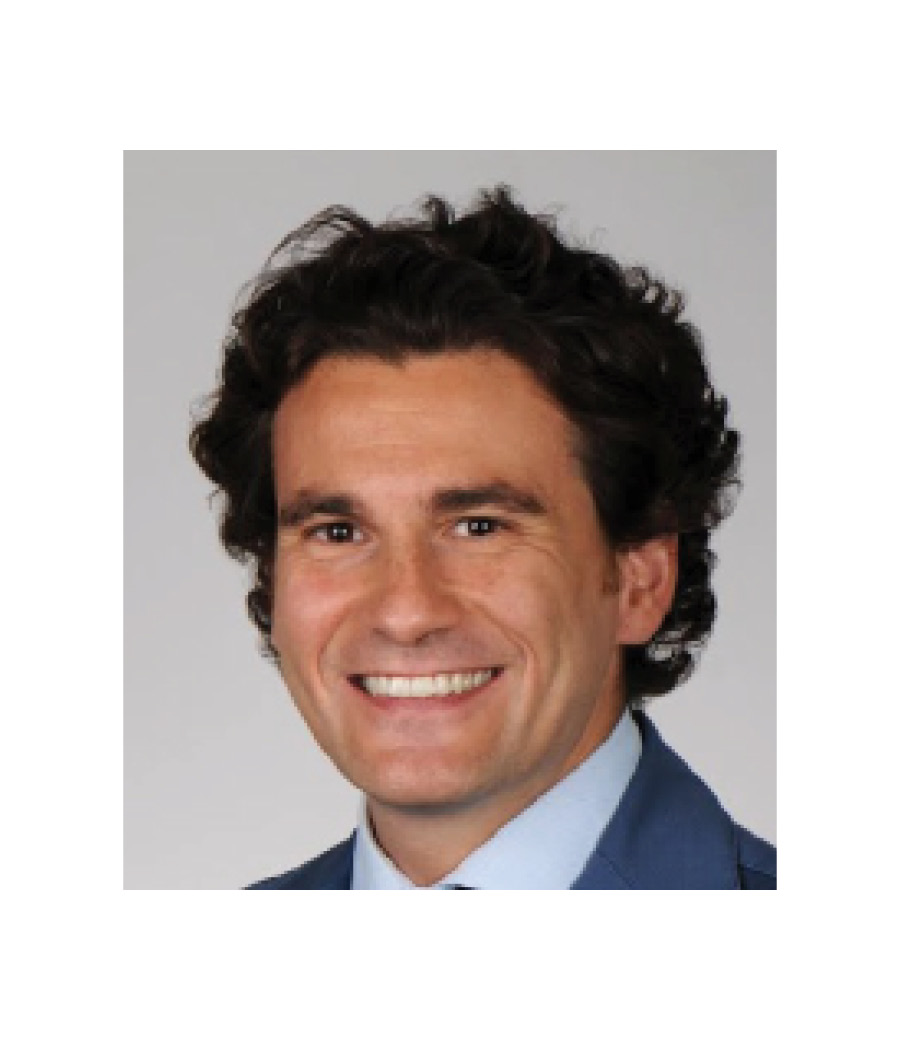
Antonio Giordano, MD, PhD
Assistant Professor, Harvard Medical School, Medical Director, Center for Cancer Therapeutic Innovation, Medical Director, Breast Cancer Pathway, Department of Medical Oncology, Dana-Farber Cancer Institute, Boston, MA
Dr. Antonio Giordano completed his medical school and oncology fellowship at University of Naples Federico II in Italy in 2004 and 2009, respectively. The passion for research was the motivation behind his pursuit of starting a PhD Program in medical oncology and immunology at the Second University of Naples and participating in the exchange program with The University of Texas MD Anderson Cancer Center. He subsequently worked as faculty at MUSC in Charleston SC from 2016 to 2020. In 2020, Dr. Giordano joined the staff of Brigham and Women's Hospital and Dana-Farber Cancer Institute, where he is a medical oncologist and clinical investigator in the Breast Oncology Center. Dr. Giordano is an assistant professor at Harvard Medical School, the Clinical Director of the Center for Cancer Therapeutics Innovations, and Clinical Director of Breast Cancer Pathway. At Dana-Farber, he is currently the Principal Investigator of several clinical trials for HR+/HER2- metastatic breast cancer. His focus is to become a leader investigator in the treatment of breast cancer that has progressed front-line therapy (post CDK4/6i) and early drug development.
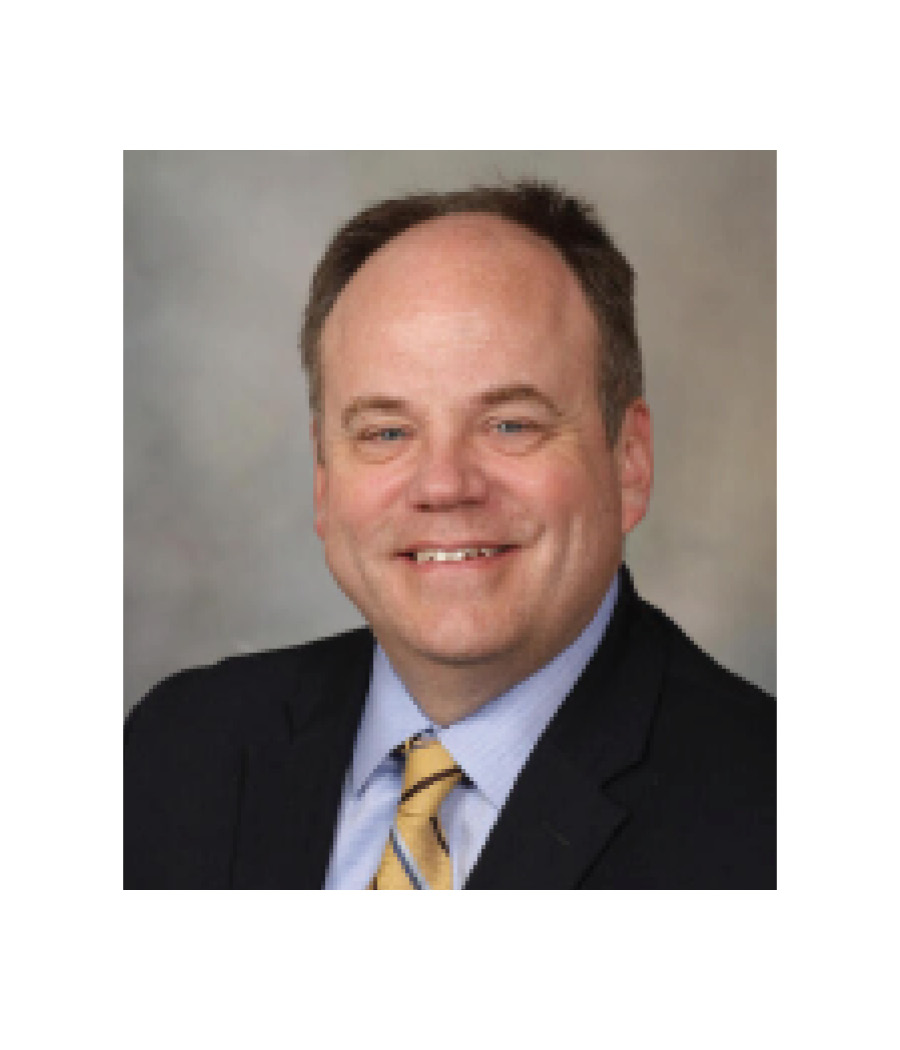
Matthew Goetz, MD
Erivan K. Haub Family Professor of Cancer Research Honoring Richard F. Emslander, M.D., Professor of Oncology and Pharmacology, Enterprise Deputy Director, Translational Research Director: Mayo Breast Cancer SPORE, Mayo Clinic, Rochester, MN
Dr. Goetz is a consultant in the Division of Medical Oncology, Department of Oncology, at Mayo Clinic. He holds the academic rank of Professor of Oncology and Pharmacology. Dr. Goetz leads the breast cancer research activities at the Mayo Clinic where he is chair of the Mayo Breast Cancer Research Group, co-leader of the Women’s Cancer Program within the Mayo Clinic Cancer Center, and Co-PI of the Mayo Clinic Breast Cancer Specialized Program of Research Excellence (SPORE) grant. He has been extensively involved in both translational research as well as in the conduct of early and late phase clinical trials. A notable area of Dr. Goetz’s focus has been related to the pharmacogenetics of tamoxifen. Emanating from this work and in collaboration with the Developmental Therapeutics Program of the National Cancer Institute (NCI), he has led a team of investigators in the development of a novel formulation of endoxifen for the treatment of estrogen receptor positive breast cancer.
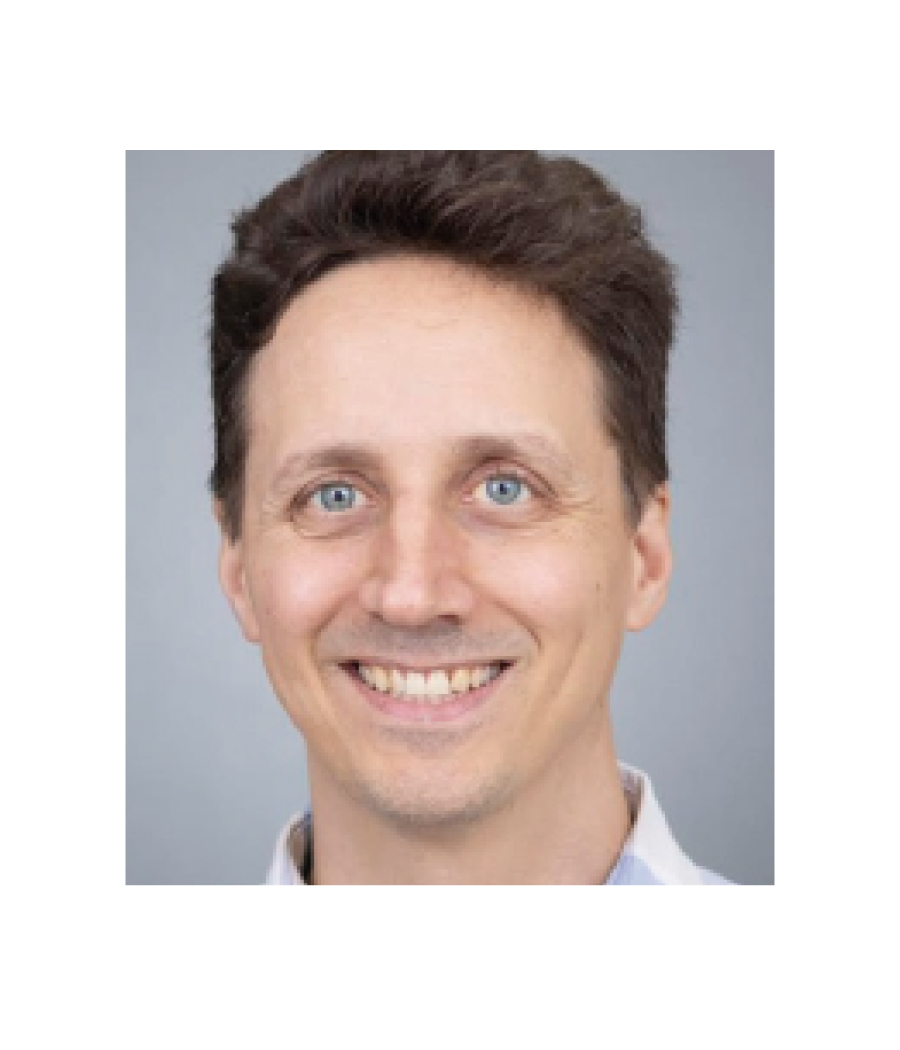
Joshua Gruber, MD, PhD
Assistant Professor, Department of Internal Medicine, UT Southwestern Medical Center, Dallas, TX
Joshua Gruber, M.D., Ph.D., is an Assistant Professor in the Department of Internal Medicine at UT Southwestern Medical Center and a member of the Division of Hematology and Oncology. A breast cancer specialist, he has a secondary appointment in UTSW’s Cecil H. and Ida Green Center for Reproductive Biology Sciences. Dr. Gruber earned his medical degree and doctoral degree in cancer biology and biochemistry at the University of Pennsylvania. He completed a residency in internal medicine at Stanford University, where he also received advanced training through a clinical fellowship in medical oncology and a research fellowship in systems biology of cancer epigenetics. Dr. Gruber joined the UT Southwestern faculty in 2021. His clinical focus is on treating patients with metastatic breast cancer and triple-negative breast cancer, as well as conducting early-stage clinical trials on new therapies for these diseases. His laboratory research interests include the molecular biology of breast cancer initiation, the intersection of tumor immunology with cancer growth pathways, and the development of molecular tools to interrogate neoplastic tissues.
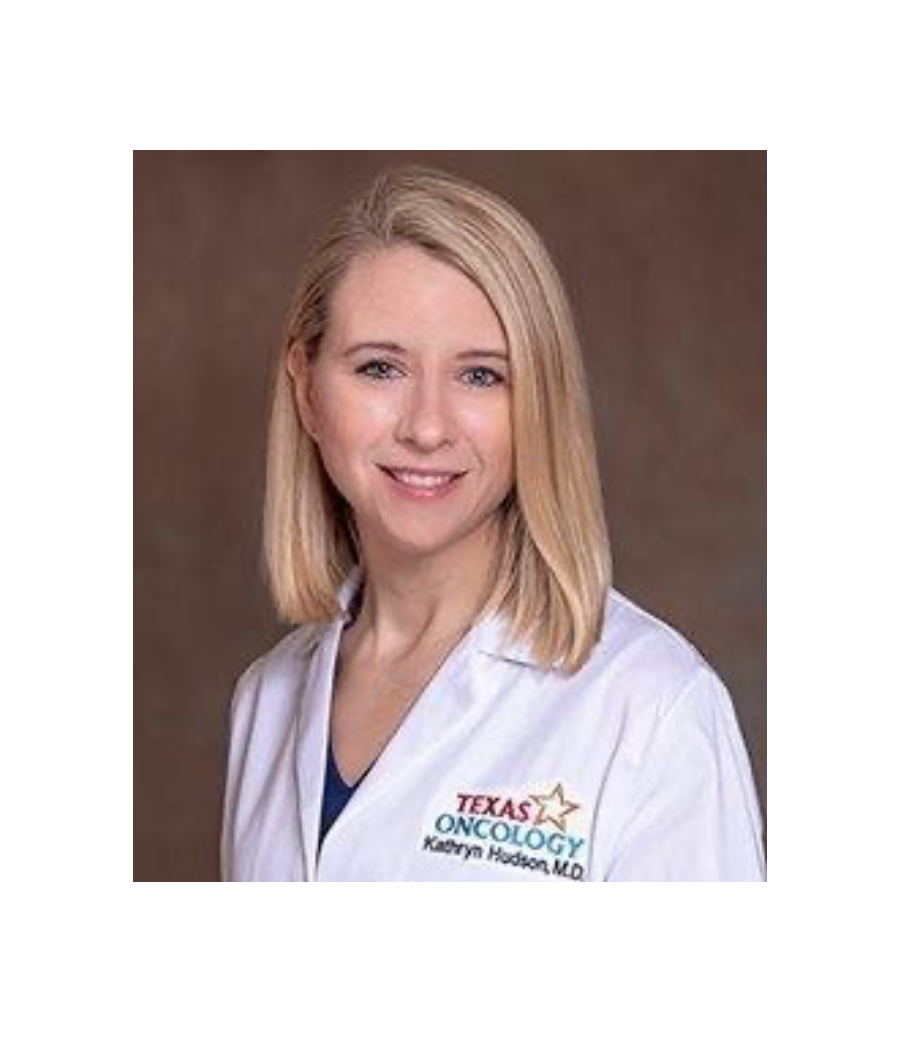
Kathryn E. Hudson, MD
Hematologist and oncologist, Director of Survivorship, Texas Oncology, Austin, TX
Dr. Hudson is a hematologist and oncologist in Austin, as well as the Director of Survivorship for Texas Oncology. She came to Texas Oncology in 2016 after completing her fellowship at Duke University. In her role as Director of Survivorship, she strives to improve the supportive care and quality of life of Texan cancer survivors and also prevent cancer recurrence. Dr. Hudson prides herself on staying up-to-date on the latest cancer research and strives to provide excellent care of the whole patient. She is passionate about clinical research and is proud that Texas Oncology offers cutting edge national clinical trials to our patients here in Austin. She has been published in peer-reviewed journals on topics including patient reported outcomes, quality of life of the cancer patient, and cancer therapeutics. She was honored to speak at the American Society of Clinically Oncology national meeting in June 2017 on breast cancer survivorship.
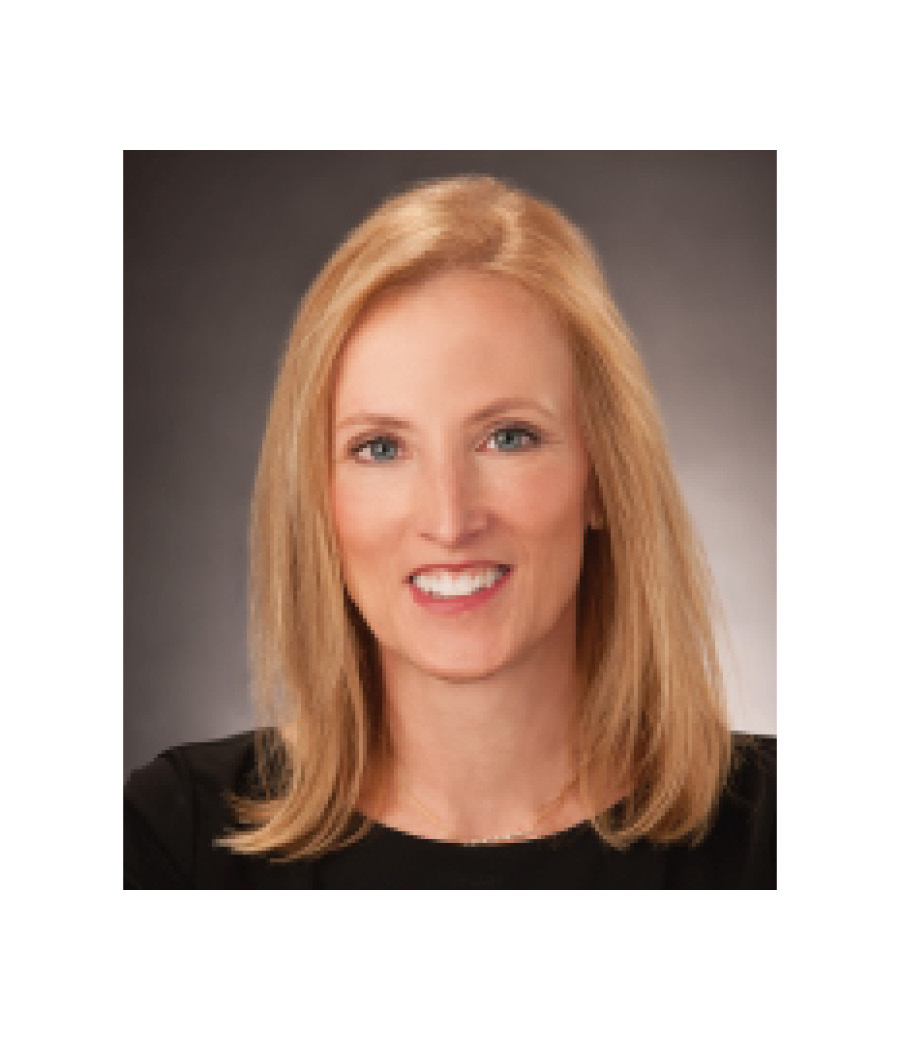
Kelly Hunt, MD, FACS, FSSO
Professor & Chair Department of Breast Surgical Oncology, Division of Surgery Professor Department of Experimental Radiation Oncology Division of Radiation Oncology Olla Stribling Distinguished Chair for Cancer Research The University of Texas MD Anderson Cancer Center Houston, TX
Dr. Hunt is Professor and Chair of the Department of Breast Surgical Oncology at The University of Texas MD Anderson Cancer Center. She holds the Olla Stribling Distinguished Chair for Cancer Research. She has joint appointments as a Professor in Experimental Radiation Oncology and Professor in the Department of Surgical Oncology. Dr. Hunt’s work focuses on finding more effective surgical procedures and therapeutics for patients with breast cancer and soft tissue sarcomas. Her translational research investigations focus on developing novel treatment strategies involving agents that target cell cycle regulation. One of the KeyHunt lab’s significant projects, was identification of low molecular weight cyclin E as an important prognostic marker of breast cancer. Ongoing studies are investigating the underlying mechanisms of resistance to standard of care therapeutics and metastasis for estrogen receptor positive breast cancer. The team has also identified a novel combination treatment strategy using cell cycle checkpoint defects in soft tissue sarcoma. Dr. Hunt has to her credit more than 650 peer-reviewed publications, 56 book chapters and six books. As an international leader in breast cancer research, she has directed major clinical trials whose results have changed the standard of treatment for many patients with breast cancer. Dr. Hunt served as the director of the American College of Surgeons (ACS) Cancer Research Program, and the Vice Chair of the ACS Cancer Surgery Standards Program. She is President of the Society of Surgical Oncology, the Immediate Past President of the American Radium Society and Recorder of the American Surgical Association. Her contributions to the field of oncology and translational research have been recognized through numerous awards and accolades, including: Faculty Achievement Award in Clinical Research from MD Anderson, a Texas Business Women’s Award and induction into the Greater Houston Women’s Chamber of Commerce Hall of Fame, America's Top Doctors and the John Mendelsohn Award for Faculty Leadership. She was elected as a fellow of the American Academy for the Advancement of Science (AAAS).
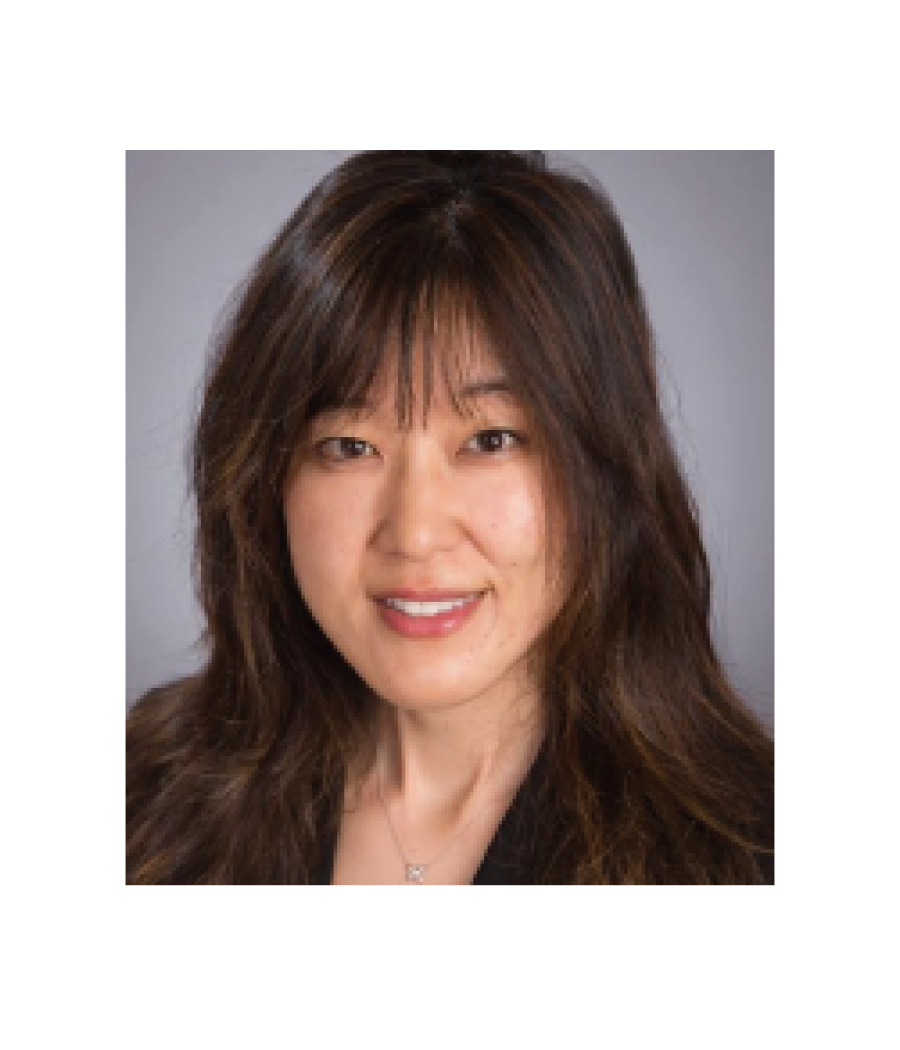
Haruka Itakura, MD, PhD
Assistant Professor of Medicine, Division of Oncology, Stanford University,
Stanford, CA
Dr. Haruka Itakura is an Assistant Professor of Medicine (Oncology) in the Stanford University School of Medicine, a data scienAst, and a pracAcing breast medical oncologist at the Stanford Women’s Cancer Center. Her research mission is to drive medical advances at the intersecAon of cancer and data science, applying state-of-the-art machine learning/arAficial intelligence techniques to extract clinically acAonable knowledge from heterogeneous mulA-scale cancer data to improve paAent outcomes. Her ongoing research to develop robust methodologies and apply cuNng-edge techniques to analyze complex cancer big data was catapulted by an NIH K01 Career Development Award in Biomedical Big Data Science aUer obtaining a PhD in Biomedical InformaAcs at Stanford University. Her breast cancer research focuses on extracAng radiomic (pixel-level quanAtaAve imaging) features of tumors from breast medical imaging studies and applying machine learning frameworks, including radiogenomic approaches, for the integraAve analysis of heterogeneous, mulA-omic (e.g., radiomic, genomic, transcriptomic) data to accelerate discoveries in cancer diagnosAcs and therapeuAcs. Her current projects include predicAon modeling of survival, treatment response, and CNS metastasis in different breast cancer subtypes; detecAon of occult invasive breast cancer; and idenAficaAon of new therapeuAc targets. Her ulAmate goal is to be able to translate her research findings back to her clinic for the benefit of paAents with difficult-to-treat breast cancers.
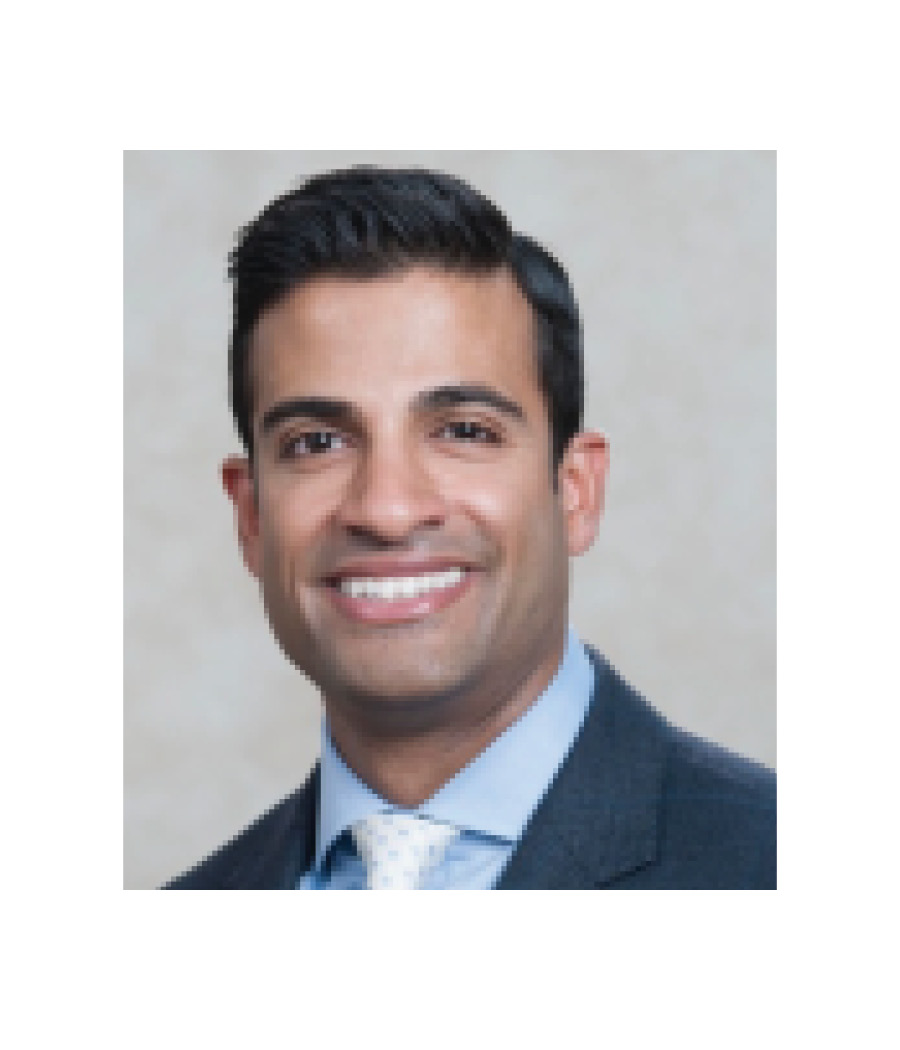
Neil Iyengar, MD
Associate Professor of Medicine, Weill Cornell Medical College, Associate Physician, Rockefeller University Hospital, Associate Attending Breast Medicine Service, Memorial Sloan Kettering Cancer Center, New York, NY
Dr. Iyengar is a board-certified Medical Oncologist and clinical-translational researcher at Memorial Sloan Kettering Cancer Center (MSKCC) where he specializes in the care of patients with breast cancer. He also holds joint research appointments at the Rockefeller University Center for Clinical and Translational Science and Weill Cornell Medicine in New York. Dr. Iyengar received his undergraduate and medical degrees from the University of Illinois at Chicago accelerated degree program where he graduated with the College’s highest honors (University Scholar). He completed residency training in Internal Medicine at the University of Chicago Medical Center followed by fellowship in medical oncology and hematology at MSKCC. He now holds a faculty position as an Associate Attending on the Breast Medicine Service at MSKCC. Dr. Iyengar’s research program investigates interventions to improve metabolic health as a strategy to reduce breast cancer risk and mortality. His group is testing the anti-cancer effects of structured exercise and nutritional interventions in people at high risk or diagnosed with breast cancer. Dr. Iyengar’s research is also investigating the use of drugs that treat metabolic disorders, such as diabetes and obesity, to improve the effectiveness of cancer therapies. In an effort to rapidly translate this work, Dr. Iyengar also leads the Healthy Living Program, a novel cancer care model that aims to translate research findings from lifestyle intervention trials into clinical practice during and after cancer therapy. His work has been recognized and awarded by several organizations, including research grants from the National Cancer Institute, American Cancer Society, the Breast Cancer Research Foundation, Conquer Cancer the ASCO Foundation, and others. He has published numerous original research articles and has been an invited speaker at several international conferences.
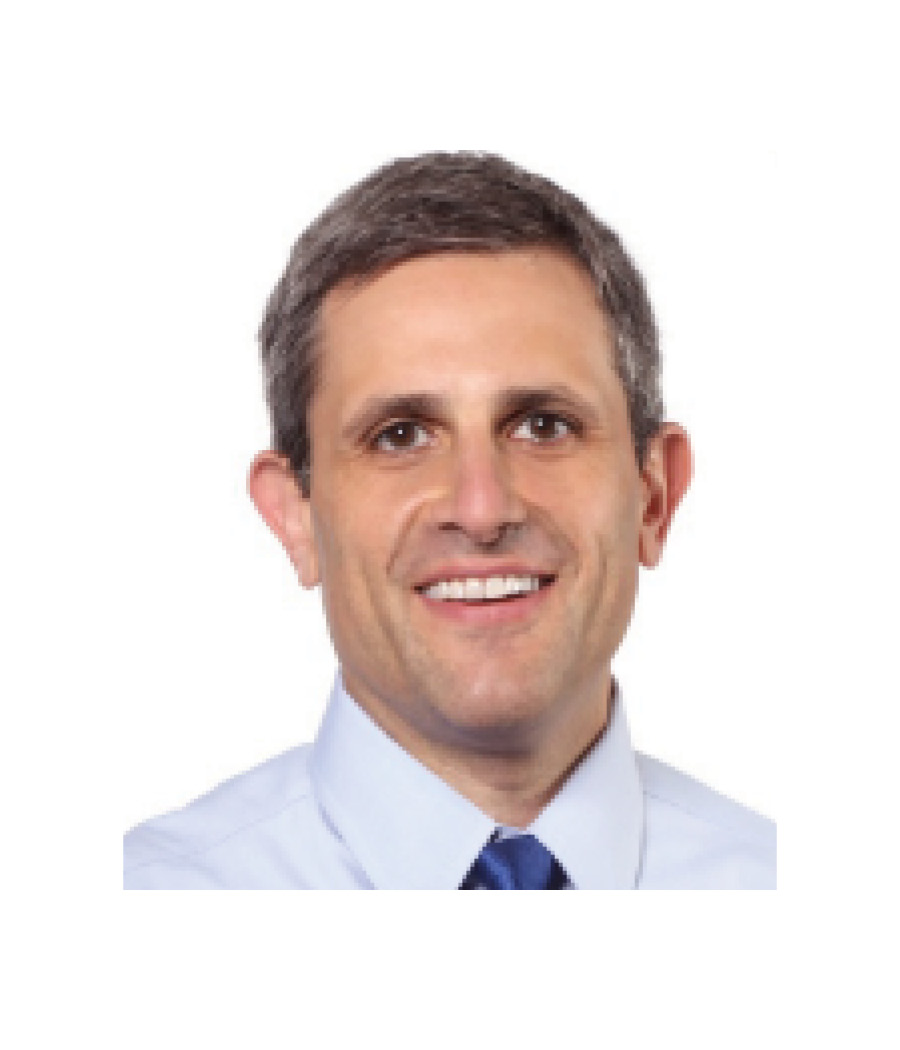
Kevin Kalinsky, MD, MS
Professor, Department of Hematology and Medical Oncology Louisa and Rand Glenn Family, Chair in Breast Cancer Research, Director, Glenn Family Breast Center, Director, Breast Medical Oncology, Winship Cancer Institute of Emory University, Atlanta, GA
Kevin Kalinsky, MD, MS, is a Professor in the Department of Hematology and Medical Oncology at Emory University School of Medicine. Dr. Kalinsky serves as the director of the Glenn Family Breast Center at Winship where he is tasked with fulfilling the vision to improve breast cancer outcomes by aligning research and education with cancer treatment and prevention. Dr. Kalinsky received his medical degree from the Medical University of South Carolina and a Masters in Biostatistics, Patient Oriented Research Track from Columbia University Mailman School of Public Health. His training included a Residency and Medical Oncology Fellowship at Tufts-New England Medical Center, Breast Cancer Research Fellowship at Massachusetts General Hospital, and Breast Cancer Advanced Oncology Fellowship at Memorial Sloan-Kettering Cancer Center. Dr. Kalinsky’s research involves the development of early-phase clinical trials to assess novel therapeutics in breast cancer based on tumor genomics. He has received the NCI Cancer Clinical Investigator Team Leadership Award, Physician of Impact Award by Komen Greater NYC, Ewig Clinical Scholar Teaching Award, and SWOG Career Engagement Award.

Irene Kang, MD
Medicall Director, Women’s Health Breast Oncology, Assistant Professor, Division of Medical Oncology and Therapeutics Research, City of Hope, Orange County, Irvine, CA
Irene M. Kang, M.D., is medical director of women’s health medical oncology and an assistant professor in the Department of Medical Oncology & Therapeutics Research, where she specializes in breast cancer. Her passion for oncology stems from the meaningful relationships she forms with patients and the hope for better outcomes. Her practice philosophy is that care is collaborative and personalized to a patient’s goals. Dr. Kang is a Phi Beta Kappa graduate from the University of California Berkeley and earned her medical degree from the University of California San Francisco. She then completed a residency in internal medicine at Santa Clara Valley Medical Center and a fellowship in oncology/hematology at the University of Southern California. She was recruited to the faculty at USC, receiving a teaching award for her work with oncology fellows, and was ranked among LA’s “Top Doctors,” according to LA magazine. She joined City of Hope in 2022 and is the medical director of women’s health medical oncology at City of Hope Orange County. Her research interests focus on molecular characterization of breast tumors and investigating new treatments for breast cancer. She is active in national organizations including the American Society of Clinical Oncology and the Southwest Oncology Group. Dr. Kang devotes time away from the clinic to biking, exercising, and enjoying being a mother.
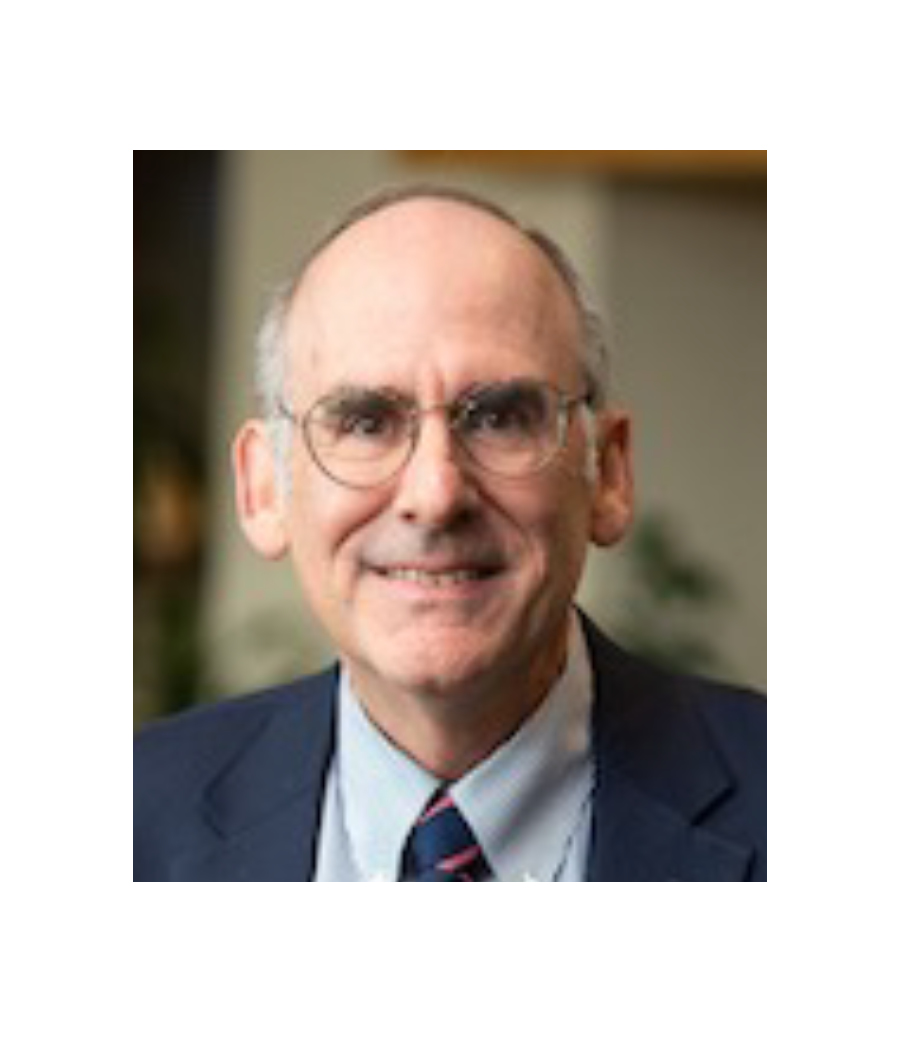
Peter Kaufman, MD
Professor of Medicine, Larner College of Medicine at UVM Breast Oncology, Division of Hematology/Oncology, University of Vermont Cancer Center
Burlington, VT
Dr. Peter A. Kaufman is a Professor of Medicine at the Larner College of Medicine at UVM. He serves as the Alliance for Clinical Trials in Oncology UVM Cancer Center Institutional Principal Investigator. He is an active clinician and clinical investigator, specializing in the care and treatment of patients with breast cancer. He is a leader in both clinical and translational research. He is a full member of the UVM Cancer Center, and collaborating in or overseeing numerous research studies in breast cancer. He has several primary areas of research interest, including HER-2 (+) breast cancer, and testing for and targeting HER-2/neu therapeutically, as well as novel therapies in HR+ breast cancer. His interests also include the development of new chemotherapeutic agents and approaches for patients with other subtypes of breast cancer breast cancer, and the development of novel targeted therapies for breast cancer, and translational research focused on the biologic and molecular basis of therapies for breast cancer. He has authored and co-authored numerous peer reviewed publications, and is an author on several early pivotal clinical trials evaluating Herceptin, and other novel targeted therapeutics. He is currently the study chair of a number of international, national and regional clinical trials in breast cancer. He additionally currently serves on the Breast Cancer Committee of the NCI sponsored Alliance for Clinical Trials in Oncology.
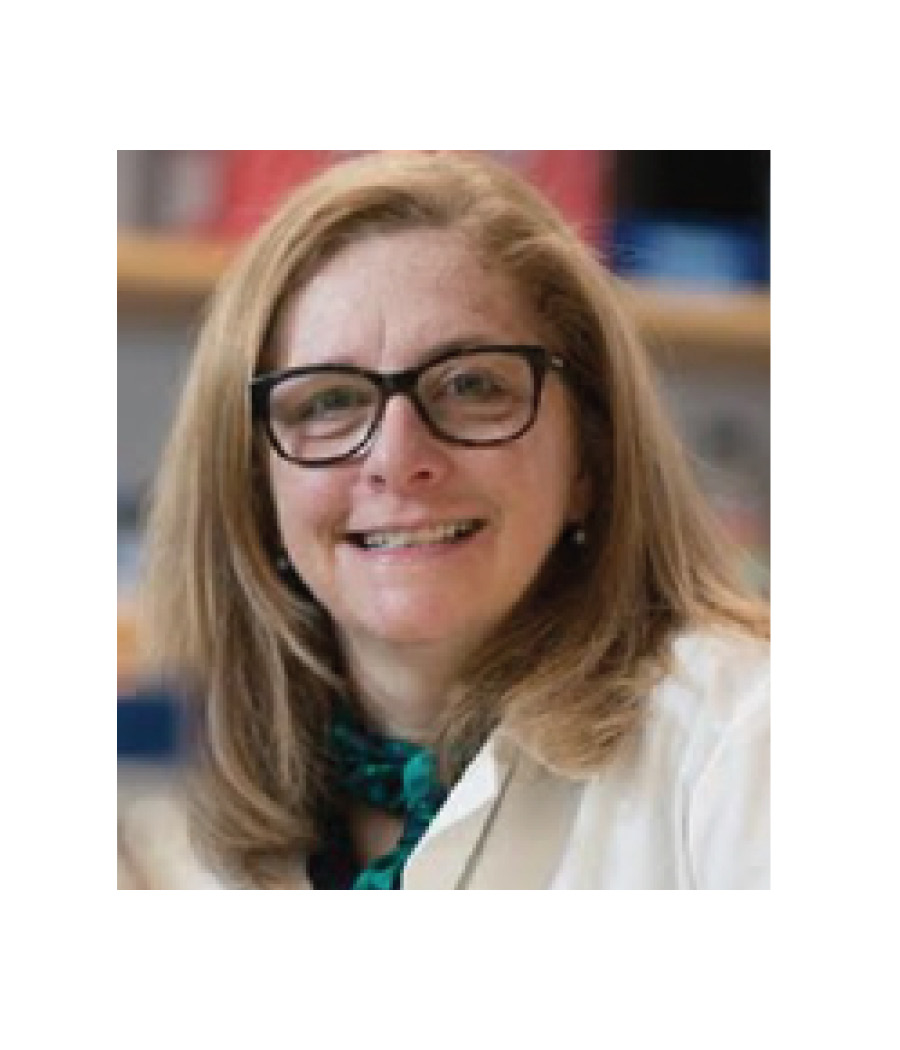
Ruth A. Keri, PhD
Staff, Dept. Cancer Biology, Co-Director, Breast Cancer Center of Excellence, Lerner Research Institute, Cleveland Clinic Professor, Molecular Medicine Cleveland Clinic, Learner College of Medicine, Associate Director for Basic Research, Case Comprehensive Cancer Center, Case Western Reserve University School of Medicine, Cleveland, OH
Dr. Keri is a Full Staff member in the Department of Cancer Biology within the Lerner Research Institute at Cleveland Clinic. Additionally, she is a Professor of Molecular Medicine at the Cleveland Clinic Lerner College of Medicine, affiliated with Case Western Reserve University (CWRU) and a Professor of Pharmacology, Genetics and Genome Sciences, and Oncology in the Division General Medical Sciences at CWRU. She is also the Associate Director for Basic Research in the Case Comprehensive Cancer Center. Dr. Keri earned her doctorate and completed her post-doctoral studies at CWRU where she focused on the molecular endocrine foundations of female reproduction. Her research program specializes in identifying transcriptional and signaling mechanisms that control breast development, cancer initiation, and progression, with the goal of discovering new therapeutic approaches for treating aggressive disease. Her work integrates pharmacology, developmental biology, endocrinology, cell biology, and genomics. At the Cleveland Clinic, Dr. Keri co-leads the Breast Cancer Center of Excellence. She is also an Associate Editor of Breast Cancer Research. With nearly 100 research papers to her name, Dr. Keri actively participates in NIH peer review and has held various leadership positions in scientific societies. Notably, she recently served on the Board of Governors for the Endocrine Society, underscoring her role in shaping scientific communities.
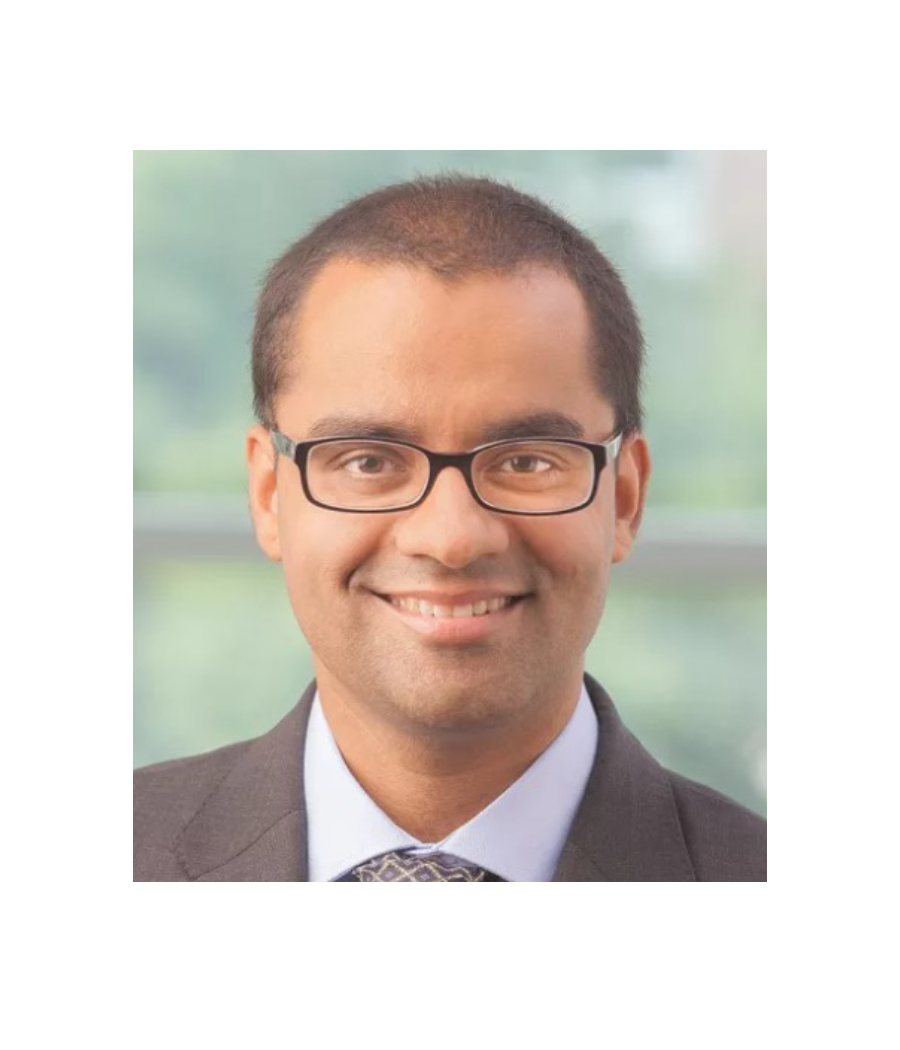
Jairam Krishnamurthy, MD, FACP
Associate Professor, Division of Oncology & Hematology, Co-Director of the breast cancer program, University of Nebraska Medical Center, Omaha, NE
Dr. Krishnamurthy is an Associate Professor of Medicine in the division of Hematology and Oncology and serves as the Co-Director of the breast cancer program at the University of Nebraska Medical Center. As part of a multi-disciplinary breast cancer team, he takes care of patients with various subtypes of breast cancer. He received his medical degree from All India Institute of Medical Sciences, residency in Internal Medicine from CUMC School of Medicine and fellowship in Hematology and Oncology from UNMC College of Medicine. He is certified by the American Board of Internal Medicine in Internal Medicine, Hematology and Medical Oncology. He has authored numerous articles, book chapters, and abstracts and has served as an expert reviewer for a number of scientific journals and conferences. As a member of the NCCN breast cancer expert panel, he contributes towards the development of guidelines for the management of patients with various subtypes of breast cancer. Dr. Krishnamurthy also serves as the Associate Director for the hematology and medical oncology fellowship program.
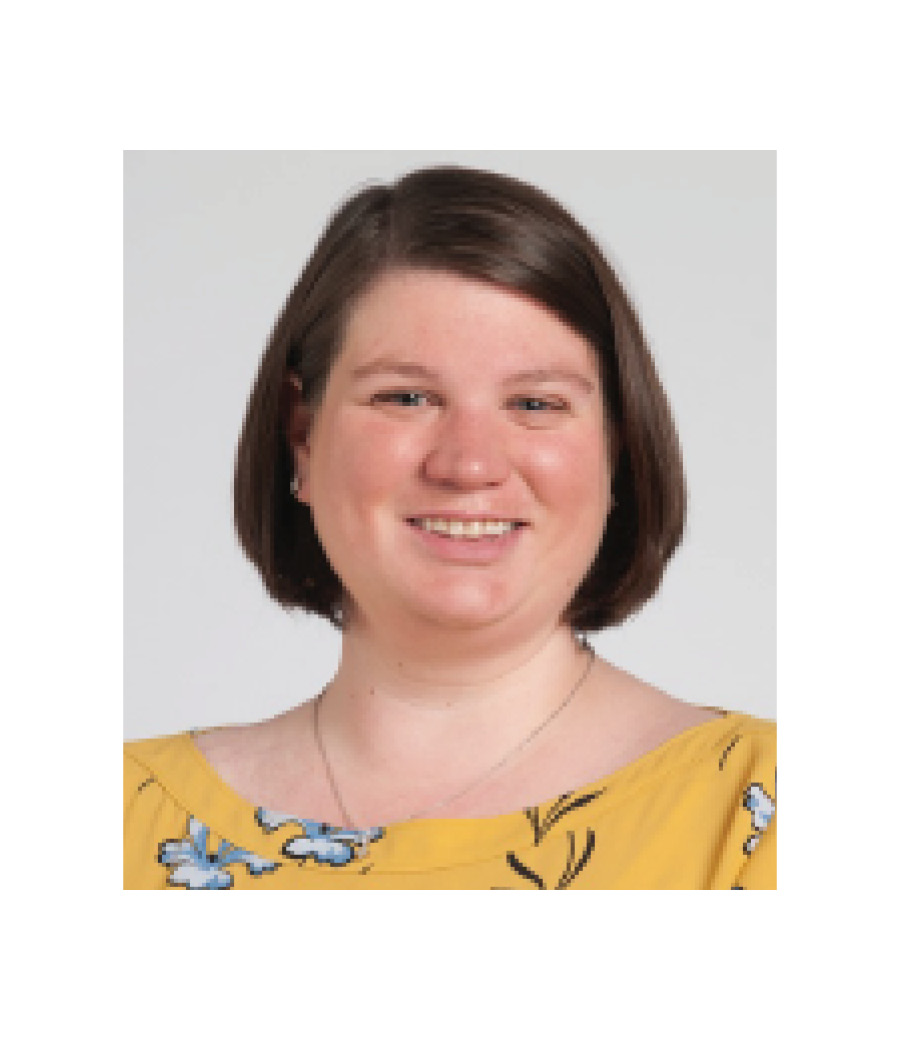
Megan Kruse, MD
Director of Breast Cancer, Clinical Research, Associate Program Director, Hematology/Oncology Fellowship, Taussig Cancer Institute, Cleveland Clinic Assistant Professor, Cleveland Clinic Lerner College of Medicine, Cleveland, OH
Dr. Kruse is a Breast Medical Oncologist at the Taussig Cancer Institute of Cleveland Clinic, received her medical degree from Case Western Reserve University in Cleveland, Ohio, and completed her residency in Internal Medicine at the University of Pittsburgh Medical Center. She then completed a hematology and medical oncology fellowship at Cleveland Clinic where she served as Chief Fellow and was appointed as Associate Staff in 2017. Her main area of clinical investigation is optimization of care for patients with lobular breast cancer with a special focus on the role of the immune microenvironment. She is a member of the National Cancer Institute Breast Immuno-Oncology (BIO) Task Force, NRG Oncology Breast Cancer Committee, NRG Oncology Translational Research Committee and NSABP Foundation Core Research Committee. She also has an interest in medical education and serves as the Associate Program Director of the Hematology/Oncology Fellowship at Cleveland Clinic. Dr. Kruse is happy to see any patients with lobular breast cancer who are interested in making a connection.
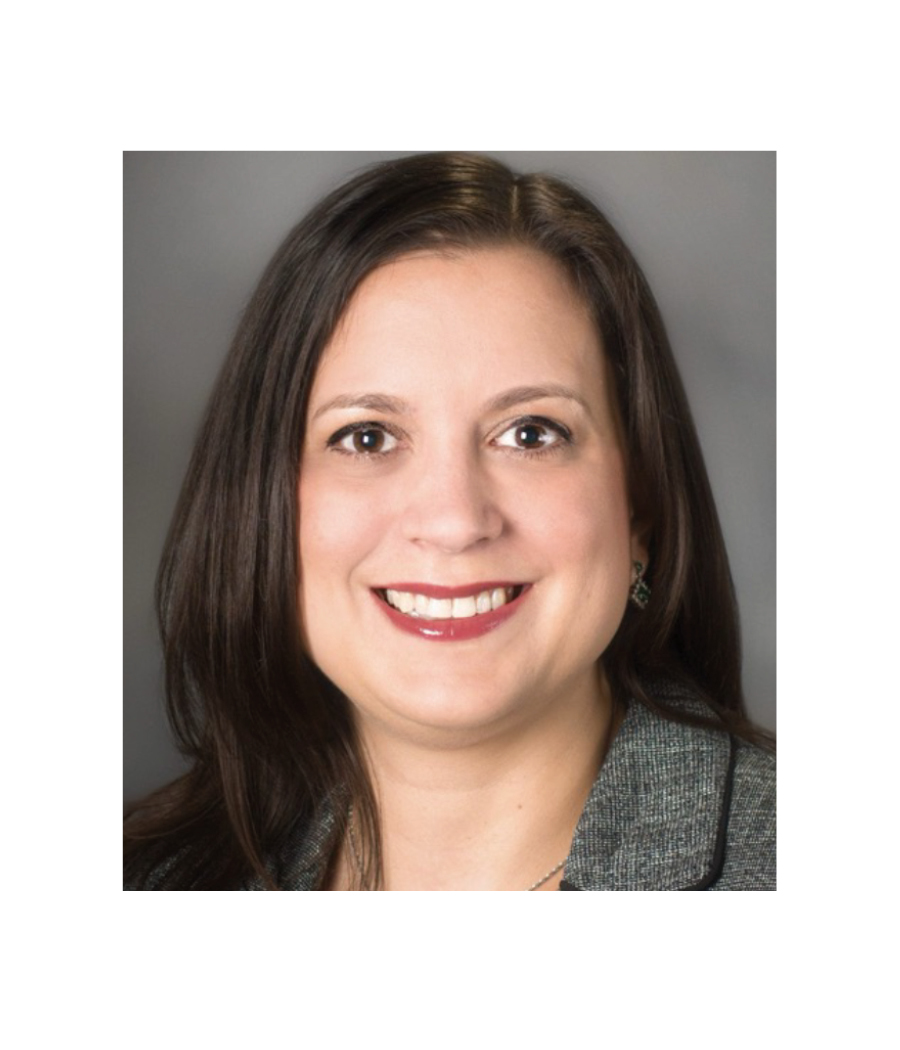
Rachel M. Layman, MD
Professor, Breast Medical Oncology, Department of Breast Medical Oncology Division of Cancer Medicine, Director Cancer Medicine (Breast Medical Oncology), Cancer Network, Director of Inflammatory Breast Cancer Clinical Research, The University of Texas MD Anderson Cancer Center Houston, TX
Rachel Layman is a Professor at the University of Texas MD Anderson Cancer Center in the Department of Breast Medical Oncology. She co-chairs the Hormone Receptor Positive Breast Cancer Clinical Trial working group and is director of clinical research for the Morgan Welch Inflammatory Breast Cancer Clinic and Research Program. She is actively engaged in breast cancer clinical and translational research and has led numerous funded clinical trials. Her research interests include hormone receptor positive breast cancer, inflammatory breast cancer and germline mutations.
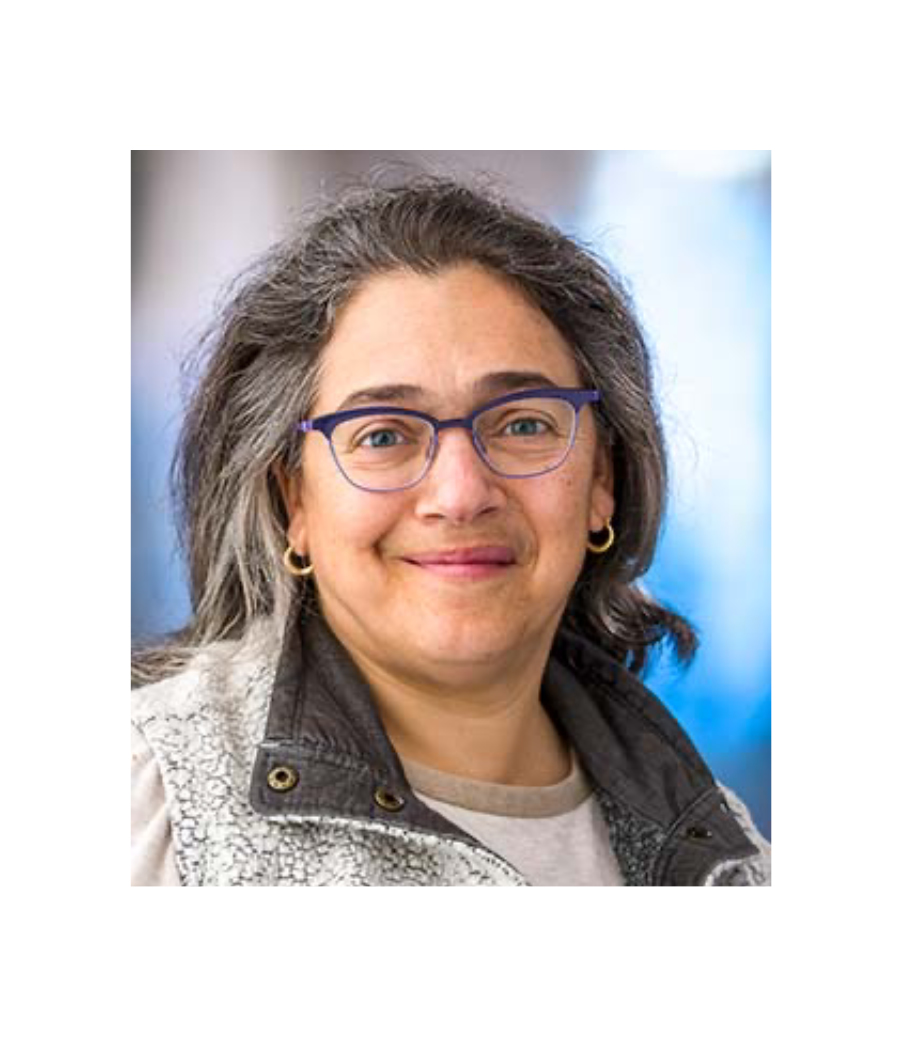
Hannah Linden, MD
Athena Distinguished Professorship of Breast Cancer Research, Clinical Director Breast Cancer Program, Professor of Medicine, Medical Oncology, Division University of Washington School of Medicine, Fred Hutchinson Cancer Center Seattle, WA
Dr. Hannah Linden is associate program director of the Medical Oncology and Hematology Fellowship Program at Fred Hutch and UW Medicine. She is a breast cancer specialist who treats patients at Fred Hutchinson Cancer Center and Harborview Medical Center. Her clinical expertise is in hormone therapy, including treatments that target estrogen receptors. Dr. Linden also studies new breast cancer therapies and molecular imaging techniques, such as using PET scans to confirm the effectiveness of estrogen-blocking and estrogen-depleting therapy in patients with metastatic breast cancer. She is also interested in improving access to care in medically underserved, vulnerable populations.

Nerea Lopetegui-Lia, MD
Hematology/Medical Oncology Fellow, Taussig Cancer Institute, Cleveland Clinic Foundation, Cleveland, OH

Janice Lu, MD, PhD
Professor and Director of Breast Medical Oncology Clinical Co-leader, Breast Cancer Research Program Division of Hematology and Oncology Assistant Director for Translational Research, Lurie Comprehensive Cancer Center Northwestern University Feinberg School of Medicine Chicago, IL
Dr. Janice Lu is the Professor of Medicine in Robert H. Lurie Comprehensive Cancer Center in Northwestern University. She received her medical degree from Beijing Medical University, completed her residency from St Joseph's University Medical Center and fellowship from NYU Grossman School of Medicine. Her research primarily centers on developmental therapeutics and translational aspects of breast cancer, with a focus on immunotherapy, antibody drug conjugates and cell therapies, and investigating new and cutting-edge treatment for unmet need. She serves in various committees within I-SPY Consortium and NRG for breast cancer drugs development and innovative trials. She has made contributions to the development of new agents for HER2-positive breast cancer. This includes leading an NSABP study, participating in a T-DM1 trial, and spearheading the development of a novel HER2 agent. She also serves as the Vice-Chair of the NRG Oncology Immunotherapy Subcommittee, responsible for leading the initiatives for immunotherapy projects within the NRG Oncology Cooperative Group.
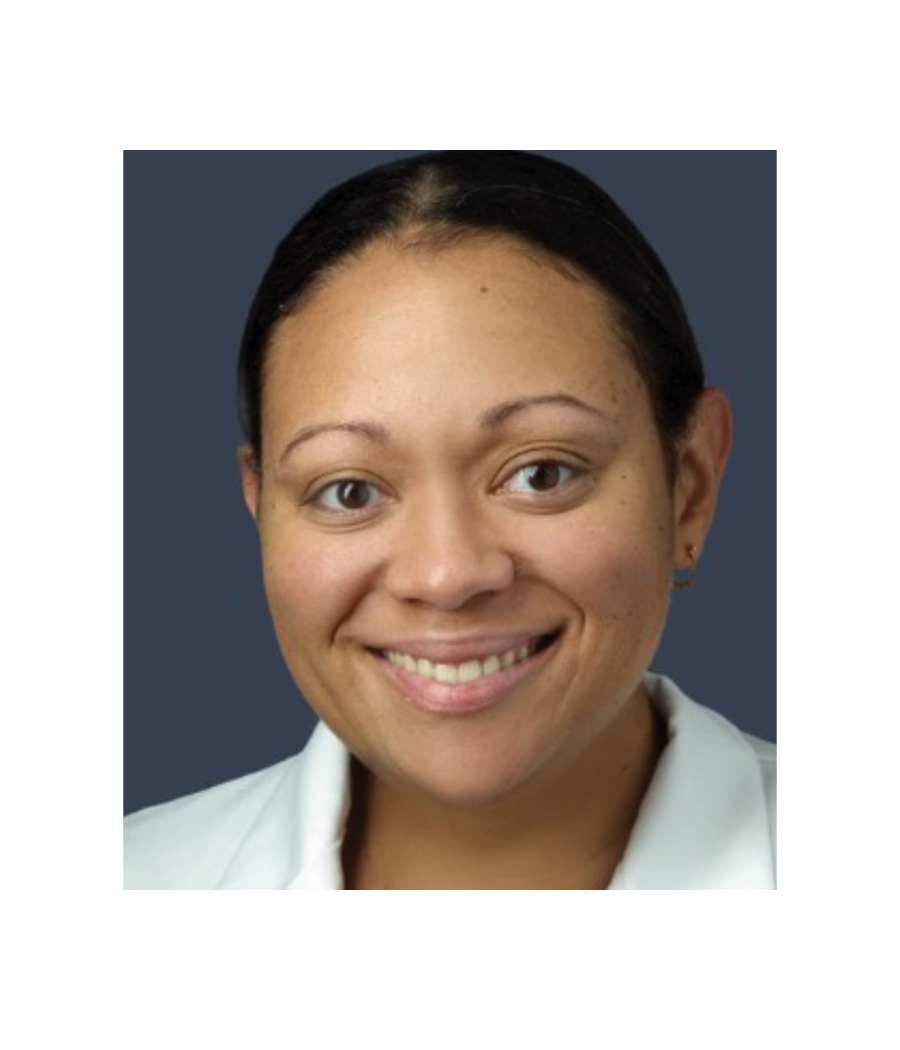
Candace Mainor, MD
Assistant Professor of Medicine, Hematology-Oncology, Division Member, Breast Oncology Disease Group, Georgetown Lombardi, Comprehensive Cancer Center, Washington, DC
Dr. Mainor is a fellowship-trained, board-certified medical oncologist. She is also an Associate Professor in Hematology/Oncology division at Lombardi Comprehensive Cancer Center. She received her medical degree from University of Maryland Medical Center followed by completing her residency in Internal Medicine and fellowship in Hematology and Oncology from the same center. She specializes in diagnosing and treating breast cancer (early stage and metastatic), breast cancer prevention, and clinical trials. Dr. Mainor’s research focuses on developing novel therapies for breast cancer and health care disparities. In addition, she is also focusing some of her research on exploring therapeutics which may help to decrease cancer-treatment-related toxicity.
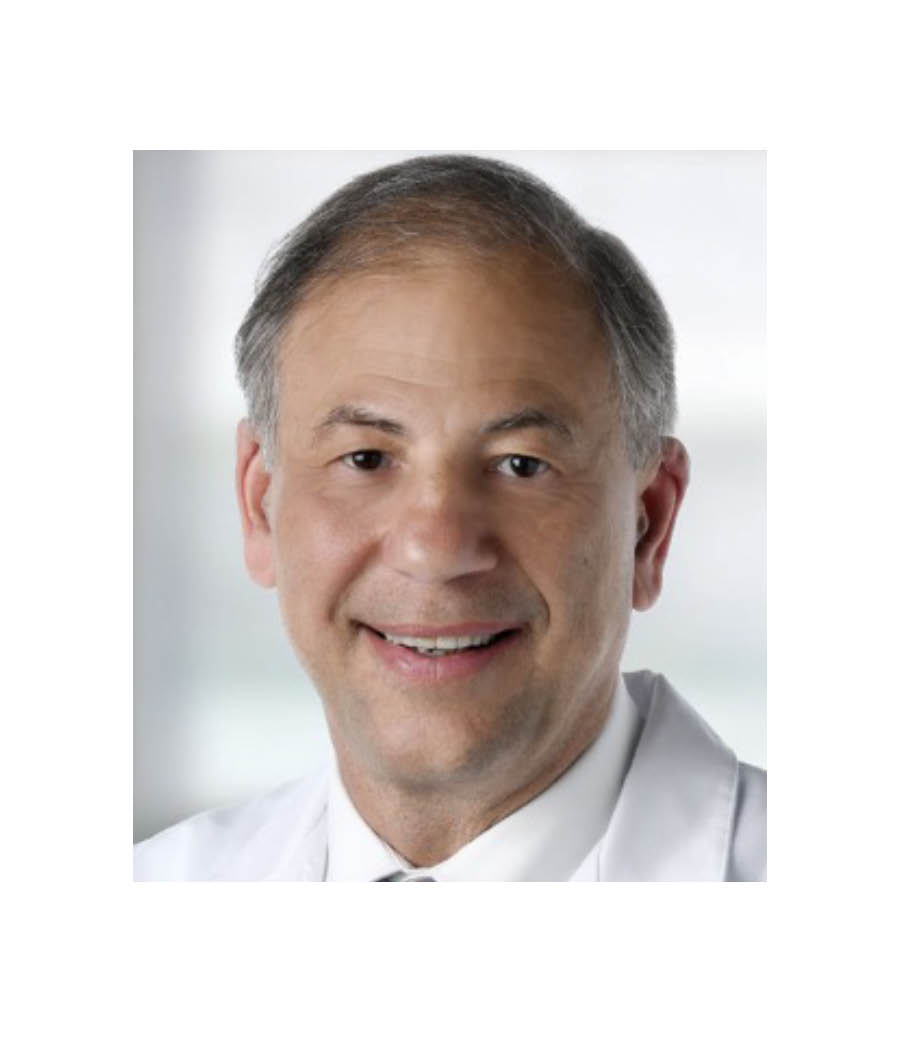
Eleftherios (Terry) Mamounas, MD, MPH, FACS
Medical Director Breast program and Research Activities AdventHealth Cancer Institute Professor of Surgery, University of Central Florida
Clinical Professor of Clinical Sciences, Florida State University, Orlando, FL
Dr. Mamounas is Medical Director of the Breast Program and Research Activities at AdventHealth Cancer Institute. , Professor of Surgery at University of Central Florida and Clinical Professor of Clinical Sciences, Florida State University College of Medicine. He is Chair of the NRG Oncology Breast Committee and past Chair of the NSABP Breast Committee. He received his medical degree from the University in Athens in Greece, and a Master of Public Health (Epidemiology) from the University of Pittsburgh. Following his general surgery residency, he completed an oncology research fellowship at the University of Pittsburgh and a surgical oncology fellowship at Roswell Park Cancer Institute in Buffalo, New York. He has authored or co-authored over 450 abstracts, manuscripts, and book chapters, and he has given numerous presentations on breast cancer at various regional, national, and international symposia. His clinical research has focused on the surgical and adjuvant treatment of early-stage breast cancer.
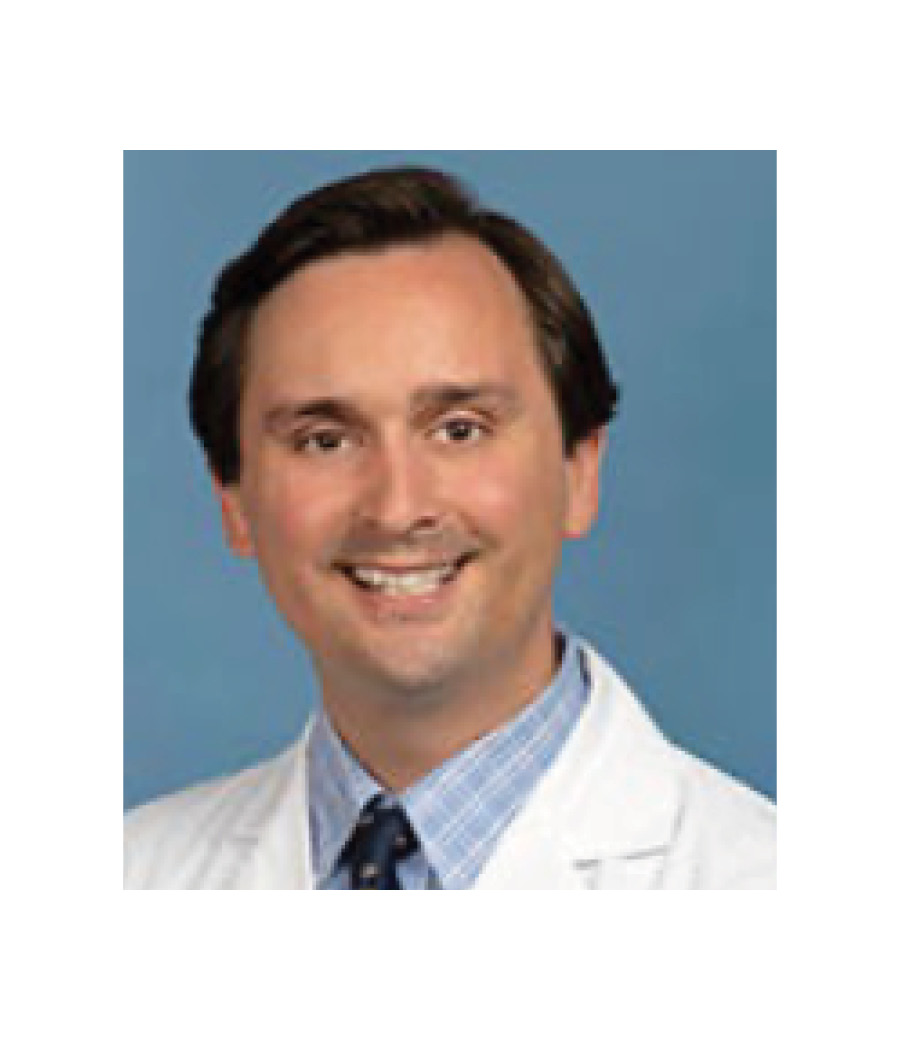
Nicholas McAndrew, MD, MSCE
Assisistant Professor, Division of Hematology/Oncology UCLA, David Geffen School of Medicine, Santa Monica, CA
Dr. McAndrew is a hematologist oncologist who practices in Beverly Hills and Santa Monica. His primary clinical and research interests are in breast cancer. He is board certified in internal medicine and medical oncology. Dr. McAndrew received his medical degree from the Perelman School of Medicine at the University of Pennsylvania, and completed both his internal medicine residency and his hematology/oncology fellowship at the Hospital of the University of Pennsylvania. He received his bachelor’s degree in biology from Villanova University. Dr. McAndrew is also clinical researcher, having completed a Master of Science in Clinical Epidemiology at the University of Pennsylvania, with a focus on clinical trials. His research is focused on the development of new therapies in breast cancer, as well as in using biomarkers to help predict response to therapy. He is the principal investigator of numerous active clinical trials at UCLA. A native of Beverly Hills, Dr. McAndrew is a second-generation hematologist/oncologist who is strongly committed to patient education and shared decision making. When he is not in the office, Dr. McAndrew loves spending time with his wife and dog, and enjoys listening to music and exploring new types of food and wine.
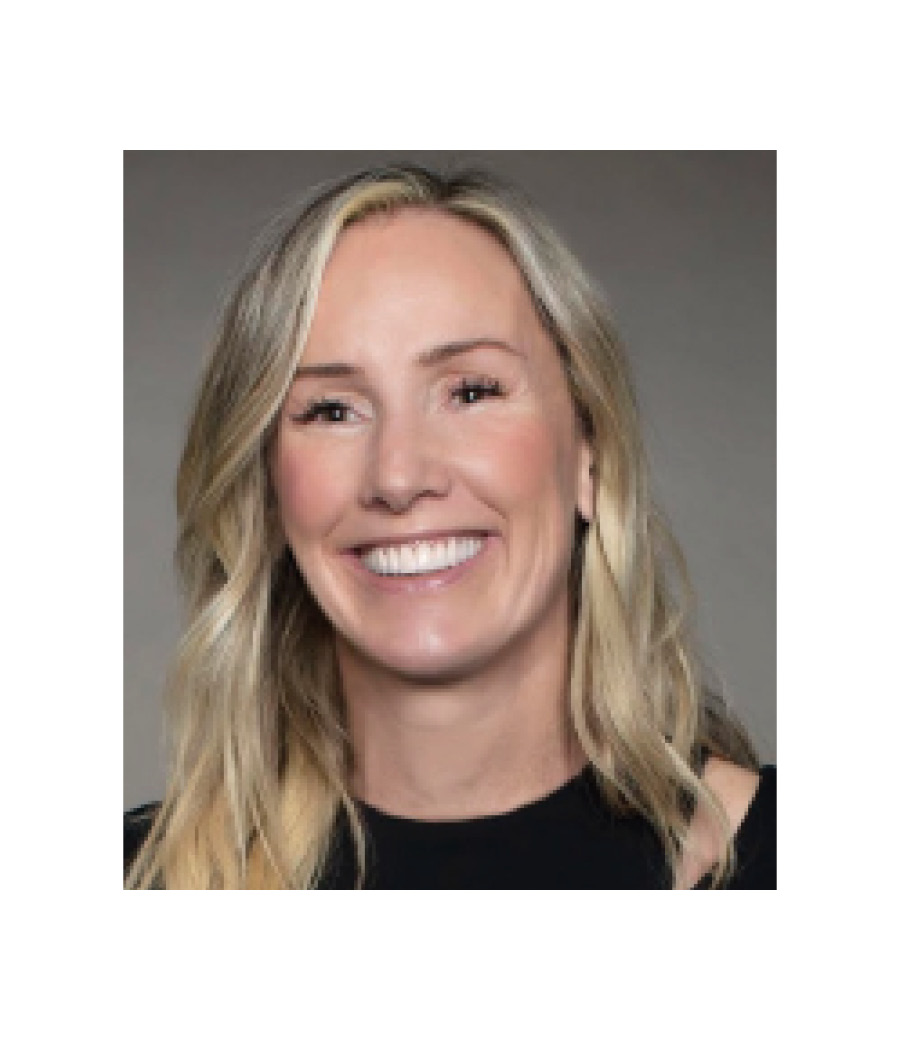
Heather McArthur, MD, MPH
Associate Professor, Department of Internal Medicine, Clinical Director of the Breast Cancer Program, Simmons Cancer Center, Komen Distinguished, Chair in Clinical Breast Cancer Research, UT Southwestern Medical Center, Dallas, TX
Dr. McAndrew is a hematologist oncologist who practices in Beverly Hills and Santa Monica. His primary clinical and research interests are in breast cancer. He is board certified in internal medicine and medical oncology. Dr. McAndrew received his medical degree from the Perelman School of Medicine at the University of Pennsylvania, and completed both his internal medicine residency and his hematology/oncology fellowship at the Hospital of the University of Pennsylvania. He received his bachelor’s degree in biology from Villanova University. Dr. McAndrew is also clinical researcher, having completed a Master of Science in Clinical Epidemiology at the University of Pennsylvania, with a focus on clinical trials. His research is focused on the development of new therapies in breast cancer, as well as in using biomarkers to help predict response to therapy. He is the principal investigator of numerous active clinical trials at UCLA. A native of Beverly Hills, Dr. McAndrew is a second-generation hematologist/oncologist who is strongly committed to patient education and shared decision making. When he is not in the office, Dr. McAndrew loves spending time with his wife and dog, and enjoys listening to music and exploring new types of food and wine.
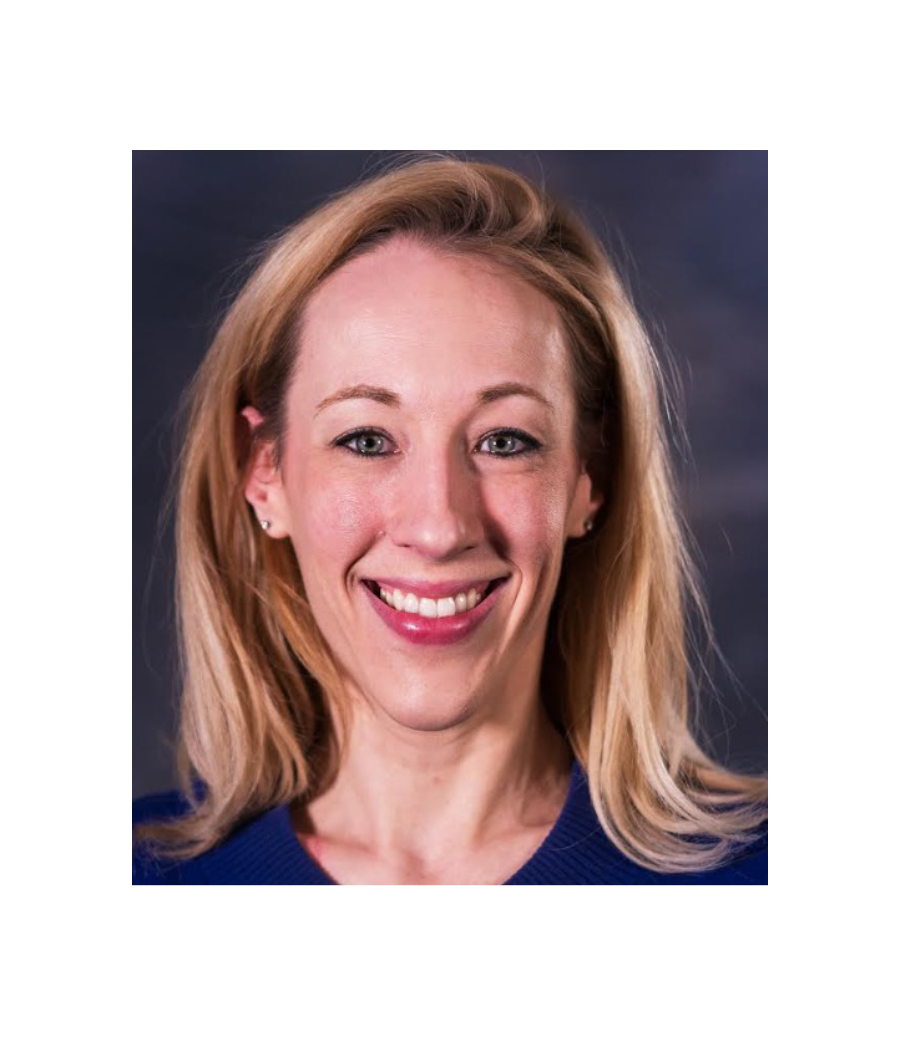
Kelly E. McCann, MD, PhD
Assistant Clinical Professor, Breast Cancer Research Group, David Geffen School of Medicine, Jonsson Comprehensive Cancer Center, UCLA Hematology and Oncology, Santa Monica, CA
Kelly E. McCann, MD, PhD, is an Assistant Professor of Medicine in the Division of Hematology/Oncology at the David Geffen School of Medicine at the University of California, Los Angeles (UCLA). She earned her medical degree and her PhD in Cancer Biology studying DNA double-strand break repair by homologous recombination at Stanford University School of Medicine in California. She completed an internship and residency in Internal Medicine at Oregon Health & Science University in Portland and fellowships in Hematology and Oncology at UCLA. Dr. McCann is board-certified in Internal Medicine, Hematology, and Oncology. Currently, Dr. McCann is a member of UCLA’s Translational Oncology Research Laboratories headed by Dr. Dennis Slamon, where she studies mechanisms of PARP inhibitors. Her laboratory research has been published in peer-reviewed journals, including Science, Bioinformatics, and Radiation Research. Her clinical interests are breast cancer, gynecologic oncology, and end of life care. She is a sub-investigator or principal investigator for numerous breast clinical trials at UCLA. She and Sara Hurvitz published a textbook through Elsevier on the biology and treatment of HER2+ breast cancer in August 2018. She has a very strong interest in oncology education, leading to the development of a Solid Oncology curriculum for UCLA Internal Medicine residents and won Teacher of the Year in Hematology/Oncology in 2023. She is a member of the American Society of Hematology, the American Society of Clinical Oncology, and the American Association for Cancer Research.
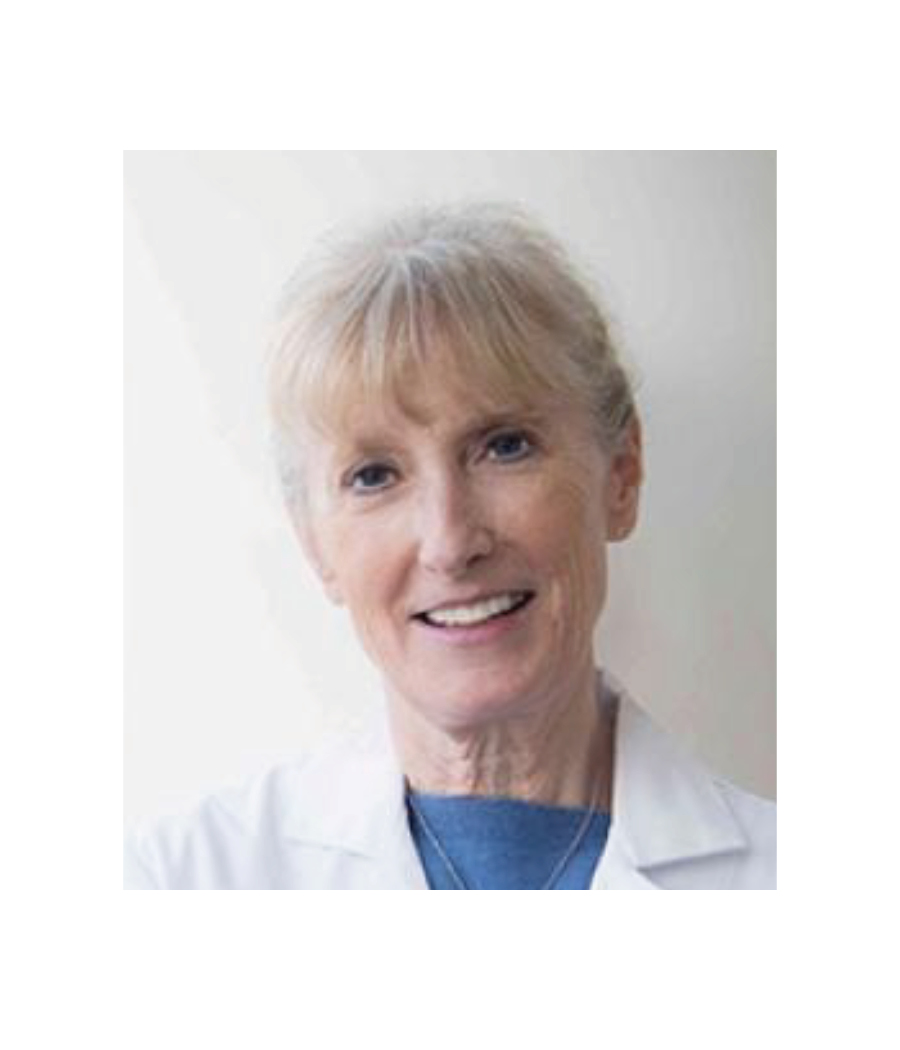
Joanne Mortimer, MD
Director, Women’s Cancers Program, Vice Chair, Medical Oncology, Professor, Division of Medical Oncology & Experimental Therapeutics, Associate Director for Education and Training, Baum Family Professor of Women's Cancers Co-Leader, Breast Cancer Program City of Hope Comprehensive Cancer Center, Duarte, CA
Dr Joanne Mortimer is currently the Associate Director for Education and Training, Professor and Vice Chair of the Department of Medical Oncology and Therapeutics, and Director of the Women’s Cancer Program at City of Hope. Over her 35+ year career she has held a number of leadership positions at Washington University and the University of California, San Diego. Throughout her career she has conducted and participated in clinical trials in all stages of breast cancer. Her research has focused on the use of functional imaging to predict response to therapy in patients with breast cancer. She helped to develop the estrogen labeled PET imaging which is commercially available and is currently studying a labeled trastuzumab for PET imaging. She is committed to the education and training of the next generation of clinician researchers and has won numerous awards for teaching and mentoring.
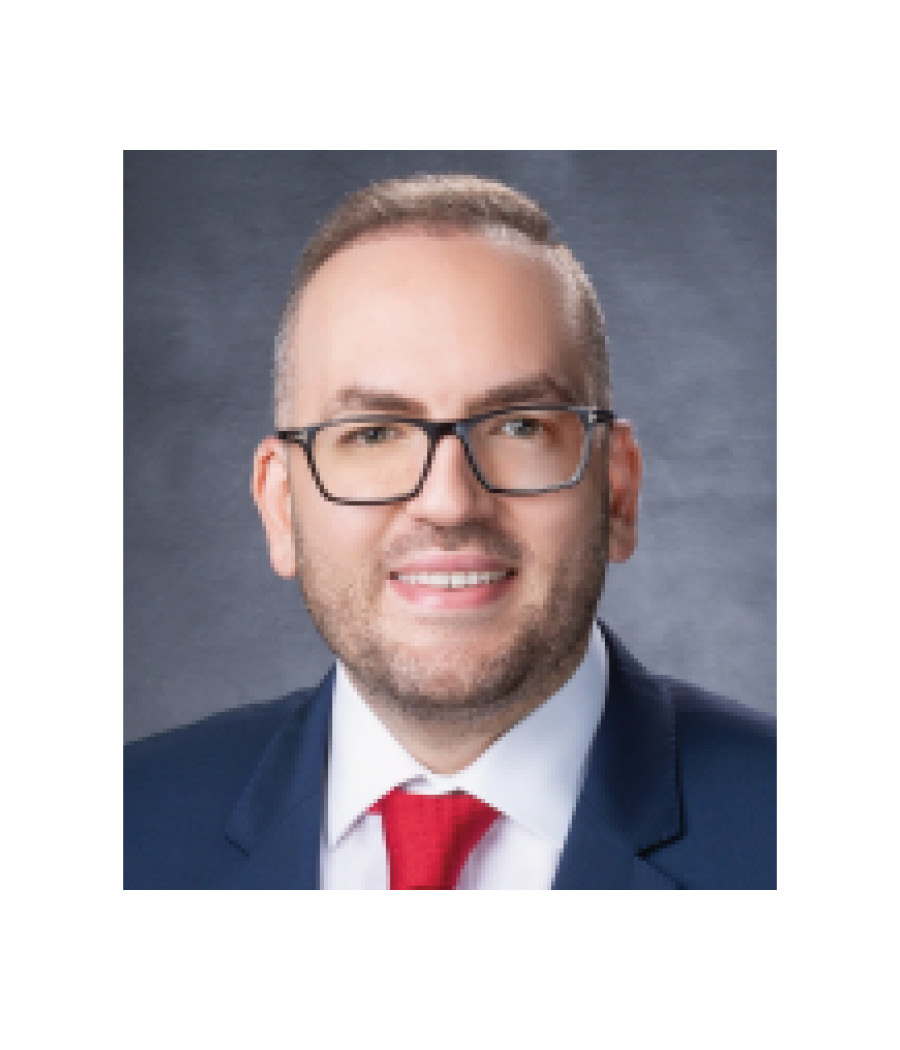
Jason Mouabbi, MD
Assistant Professor, Breast Medical Oncology SAB Chair of the Lobular Breast Cancer Alliance, The University of Texas MD Anderson Cancer Center, Houston, TX
Heather McArthur, MD, MPH is the Clinical Director of Breast Cancer at University of Texas Southwestern Medical Center (UTSW) and Komen Distinguished Chair in Clinical Breast Research. Dr. McArthur is a medical oncologist with a clinical practice dedicated to the care of patients with breast cancer. Her research activities are focused on innovations in the diagnosis and treatment of breast cancer, with a particular interest in novel immune therapy strategies. For example, she is currently evaluating the impact of tumor destruction with freezing (cryoablation) or radiation in combination with immune stimulation for the treatment of women with early stage breast cancer. It is hoped that by augmenting one's immune response to the unique biologic features of one's tumor, that an affected individual may develop long-term immunity against their tumor, and thus, be cured. Dr. McArthur completed formal medical oncology training in Canada where she was awarded a highly competitive grant that funded an advanced fellowship at Memorial Sloan Kettering Cancer Center (MSKCC) in New York. Thereafter, she joined MSKCC as faculty where she developed the institutional breast cancer immunotherapy program before joining CSMC in 2016 and UTSW in 2021. She has a Master’s in Public Health with a focus on clinical trial design from Harvard University and has mentored many medical students, residents, fellows, and junior faculty in the conduct and reporting of several studies - two of which directly informed National Comprehensive Cancer Network treatment guidelines. Dr. McArthur has held several leadership positions in the field including Co-Chair of a Breast International Group Immunotherapy Taskforce, member of a National Cancer Institute (NCI) Breast Cancer Immuno-Oncology (IO) Working Group, member of a NCI Breast Cancer IO Task Force, and member of an Alliance for Clinical Trials in Oncology IO Committee. She has served the American Society of Clinical Oncology (ASCO) on the Annual Meeting IO Scientific Committee, the YIA/CDA Grant Selection Committee, the Breast Cancer Symposium Program Committee, the Annual Meeting Grant Writing Workshop, a Guideline Expert Panel, and Educational Book Expert Panels. She has participated in the ASCO Leadership Development Program; reviewed manuscripts for various high impact journals; authored numerous articles; and served on many study steering committees. She has designed, conducted, and reported on many studies in breast cancer and is currently the co-PI for a large, randomized, international phase 3 study exploring adjuvant chemotherapy with or without immune therapy for the treatment of triple negative breast cancer (IMpassion030).

Azadeh Nasrazadani, MD, PhD
Assistant Professor, Department of Breast Medical Oncology, Division of Cancer Medicine, The University of Texas MD Anderson Cancer Center, Houston, TX
Dr. Azadeh Nasrazadani is an Assistant Professor in the Department of Breast Medical Oncology at MD Anderson Cancer Center. She has expertise in managing a variety of breast malignancies, notably including inflammatory breast cancer, invasive lobular carcinoma and mixed invasive ductal lobular carcinoma. She also has extensive experience in basic science and translational research, with her doctoral dissertation completed on the role of c-Jun N-terminal kinases in advanced breast cancer. Dr. Nasrazadani earned her bachelor’s degree from the University of Texas, Austin, TX in Biochemistry, and earned her PhD at the University of Texas, Austin, TX in Pharmacology & Toxicology. She earned her medical degree from Paul L. Foster School of Medicine, Texas Tech University Health Science Center, El Paso, TX. She completed her Internal Medicine Residency at UPMC Internal Medicine at University of Pittsburgh, Pittsburgh, PA, as well as her fellowship in Hematology & Oncology at UPMC Hillman Cancer Center Hematology/Oncology Fellowship Program, Pittsburgh, PA in the ABIM research pathway.
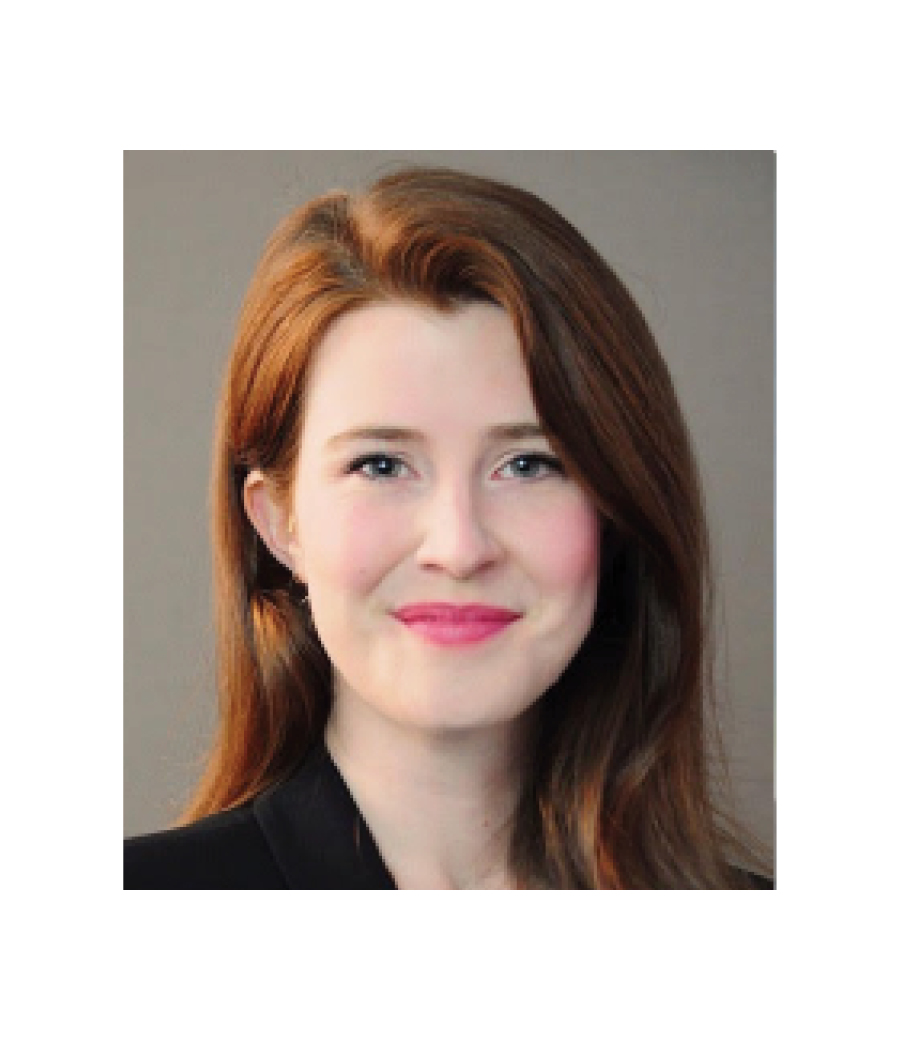
Tess O'Meara, MD
Fellow Hematology/Oncology, Dana-Farber Cancer Institute Mass General Brigham, Boston, MA
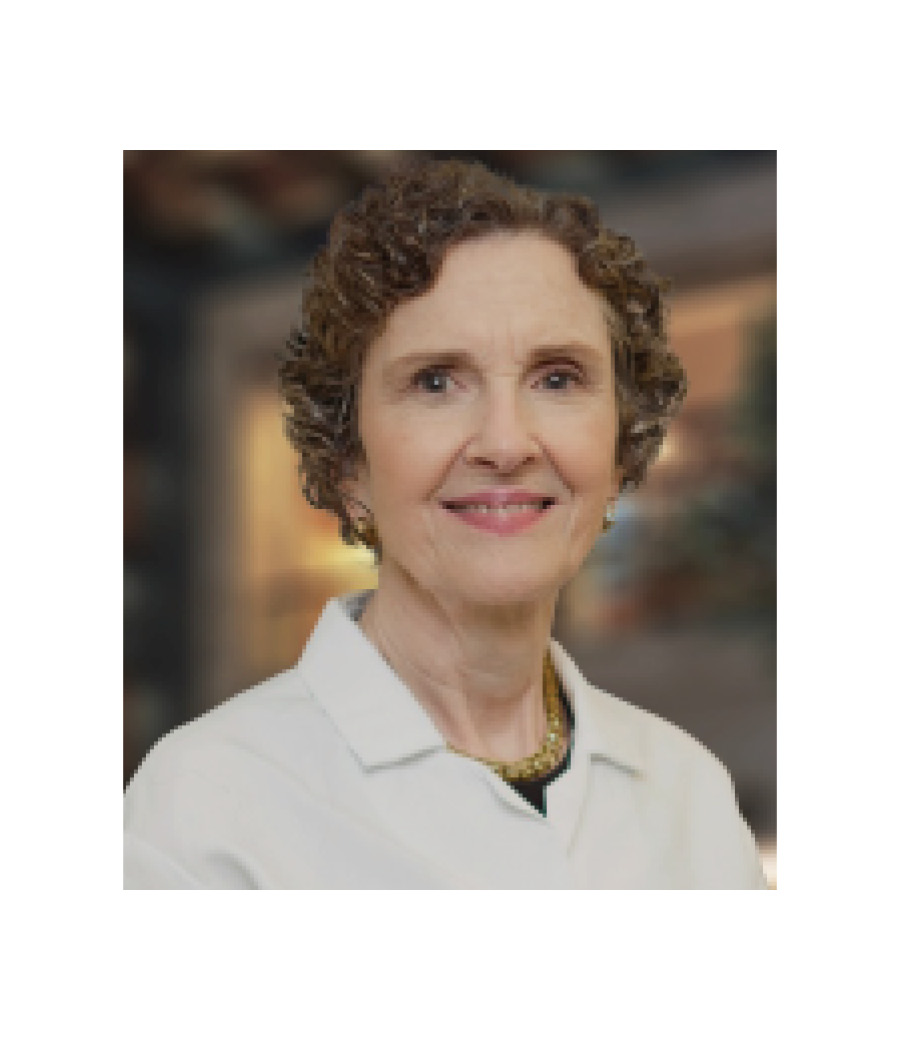
Joyce A. O’Shaughnessy, MD
Celebrating Women Chair in Breast Cancer Research, Chair, Breast Cancer Research Program, Baylor University Medical Center Chair, Breast Cancer Research Texas Oncology/US Oncology Network, Dallas, TX
Dr. O’Shaughnessy is the Celebrating Women Chair in Breast Cancer Research at Baylor University Medical Center, and Chair of Breast Cancer Research for the US Oncology Network in Dallas, TX. Dr. O’Shaughnessy specializes in medical oncology and focuses her practice and clinical research on breast cancer treatment. She founded The School of Breast Oncology, a program providing a curriculum-based program focused exclusively on breast cancer clinical management. She earned her medical degree from Yale University School of Medicine and completed her residency in Internal Medicine at Massachusetts General Hospital, and fellowship in Medical Oncology from the National Cancer Institute. She has authored or co-authored more than 250 peer-reviewed articles that have been published in journals such as Breast Cancer Research and Treatment, Clinical Breast Cancer, Journal of Clinical Oncology, and Annals of Oncology. Dr. O’Shaughnessy serves as Diplomate of the American Board of Internal Medicine and National Board of Medical Examiners. She is a member of the American Association for Cancer Research, American Society of Clinical Oncology, American Medical Women’s Association, and Texas Medical Association.
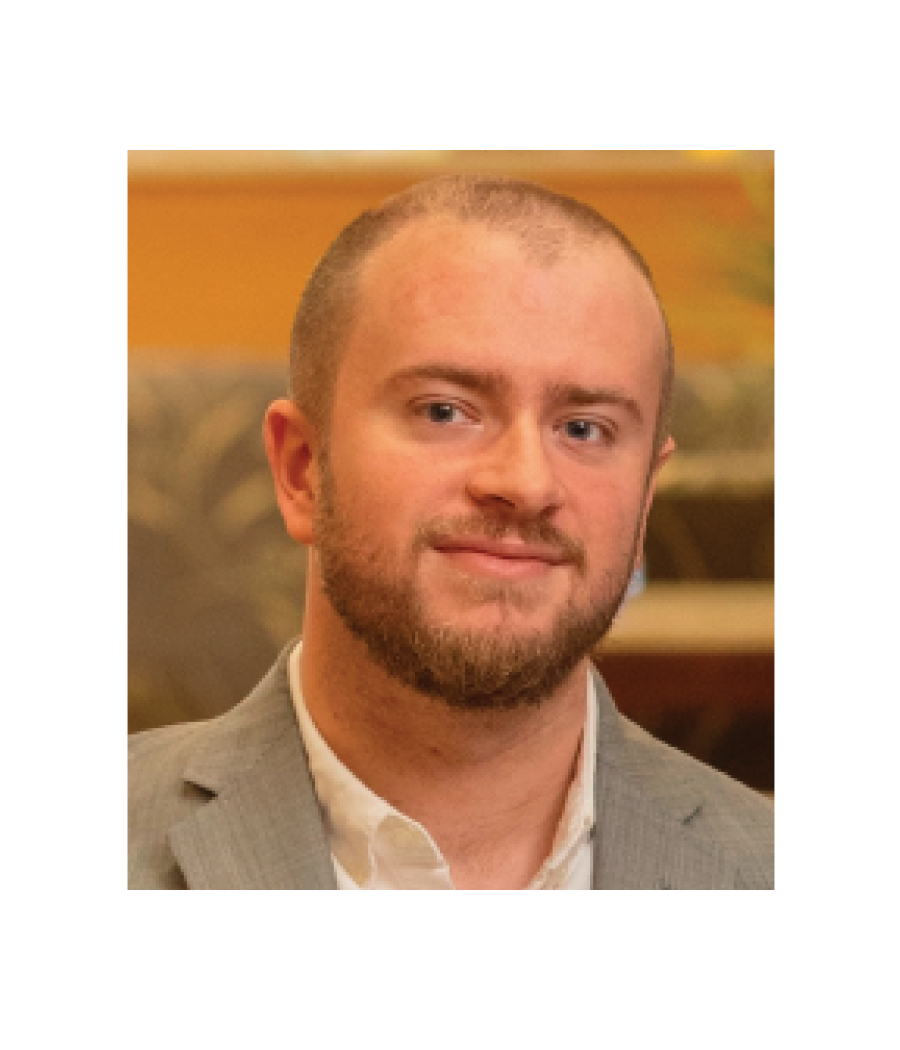
David B. Page, MD
Medical Oncologist, Providence Cancer Institute, Portland, OR
Dr. David Page is a clinical and translational investigator and breast cancer medical oncologist, focusing on the development of immunotherapy combination approaches, and the use of statistical modeling to improve predictive performance of immune-based biomarkers. Dr. Page received his undergraduate degree in biology from the University of Chicago, his M.D. from Northwestern University in Chicago, Internal Medicine Residency at New York Presbyterian Hospital/Columbia, and Medical Oncology fellowship at Memorial Sloan Kettering Cancer Center. At Providence Cancer Institute, Dr. Page collaborates with a broad team of immunologists and physicians who are working together to discover new immune-based cancer therapies in the laboratory, and to bring them to the clinic where they may benefit patients. Dr. Page is a member of the National Cancer Institute’s Breast Cancer Immuno-Oncology Task Force, which serves to advise investigators from around the world on the development of immunotherapy for breast cancer. He is the translational chair of an international clinical trial, RUSTIC, that is evaluating immunotherapy combination therapies for metastatic breast cancer. He also serves as the champion for the Alliance for Clinical Trials in Oncology for two international phase III trials evaluating immunotherapy in breast cancer.
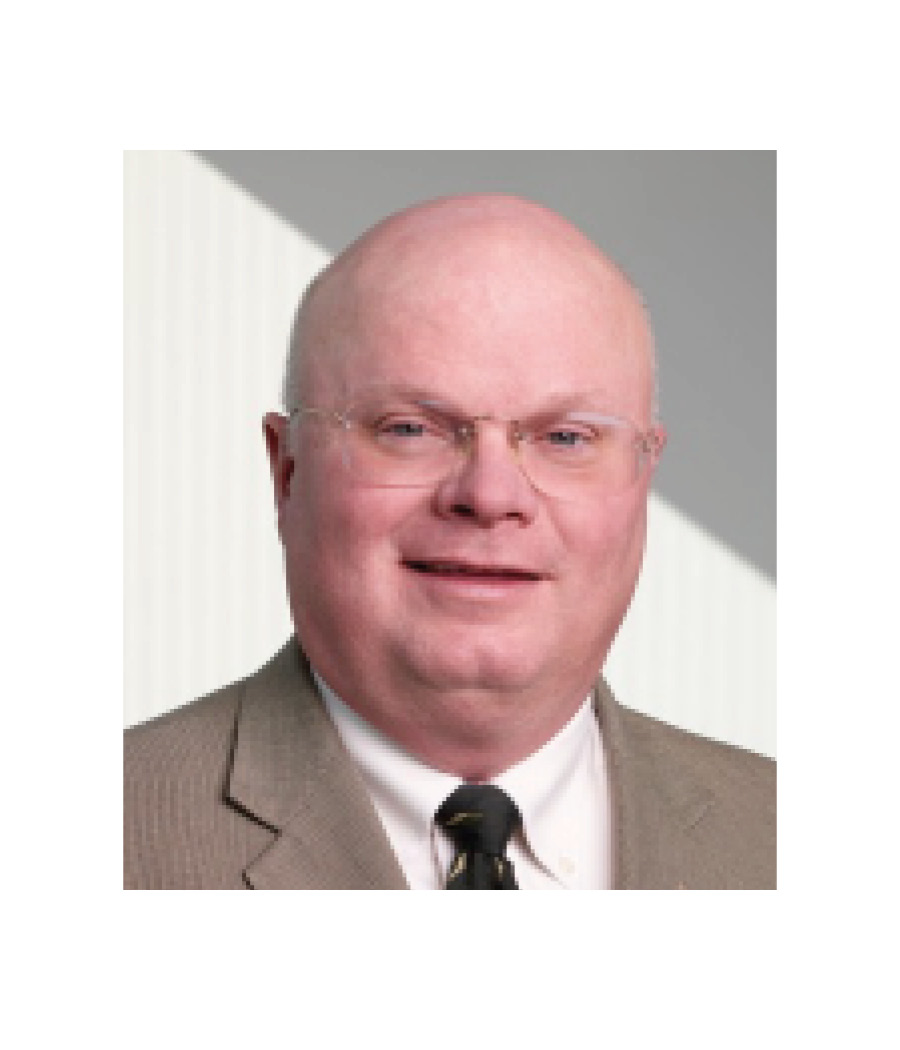
Mark Pegram, MD
Suzy Yuan-Huey Hung Endowed Professor, Professor of Medicine, Medical Director of the Stanford Clinical Translational Research Unit, Associate Dean for Clinical Research Quality, Stanford University School of Medicine, Associate Director of Clinical Research, Stanford Comprehensive Cancer Institute, Stanford, CA
Dr. Pegram is the first director of the Breast Cancer Oncology Program at Stanford Women’s Cancer Center and the Susy Yuan-Huey Hung Professor of Oncology. He is also the co-director of Stanford’s Molecular Therapeutics Program. He is a renowned clinician and scholar in breast cancer research and a leader in translational medicine. Dr. Pegram played a major role in developing the drug Herceptin as a treatment for HER2-positive breast cancer, which constitutes about 20 percent of all cases. His laboratory experiments demonstrated that combining Herceptin with chemotherapy effectively killed cancer cells that overproduced the growth factor HER2. Dr. Pegram and others then conducted clinical trials showing that Herceptin improved survival rates and even cured some breast cancer patients. This remains one of the premier examples of bench-to-bedside translational research. Dr. Pegram’s current research efforts include a continued focus on the cancer-associated gene that encodes HER2 and developing new ways to target cancer cells expressing this protein. He is also pursuing strategies to target estrogen receptors, implicated in some 70 percent of all breast cancer cases. Dr. Pegram earned his undergraduate and medical degrees from the University of North Carolina before joining the faculty of the University of California, Los Angeles. He spent five years at the University of Miami Miller School of Medicine, where he was a Sylvester Chair professor of medicine in the Braman Family Breast Cancer Institute and associate director for clinical research in the University’s Sylvester Comprehensive Cancer Center. He joined the Stanford faculty in 2012.
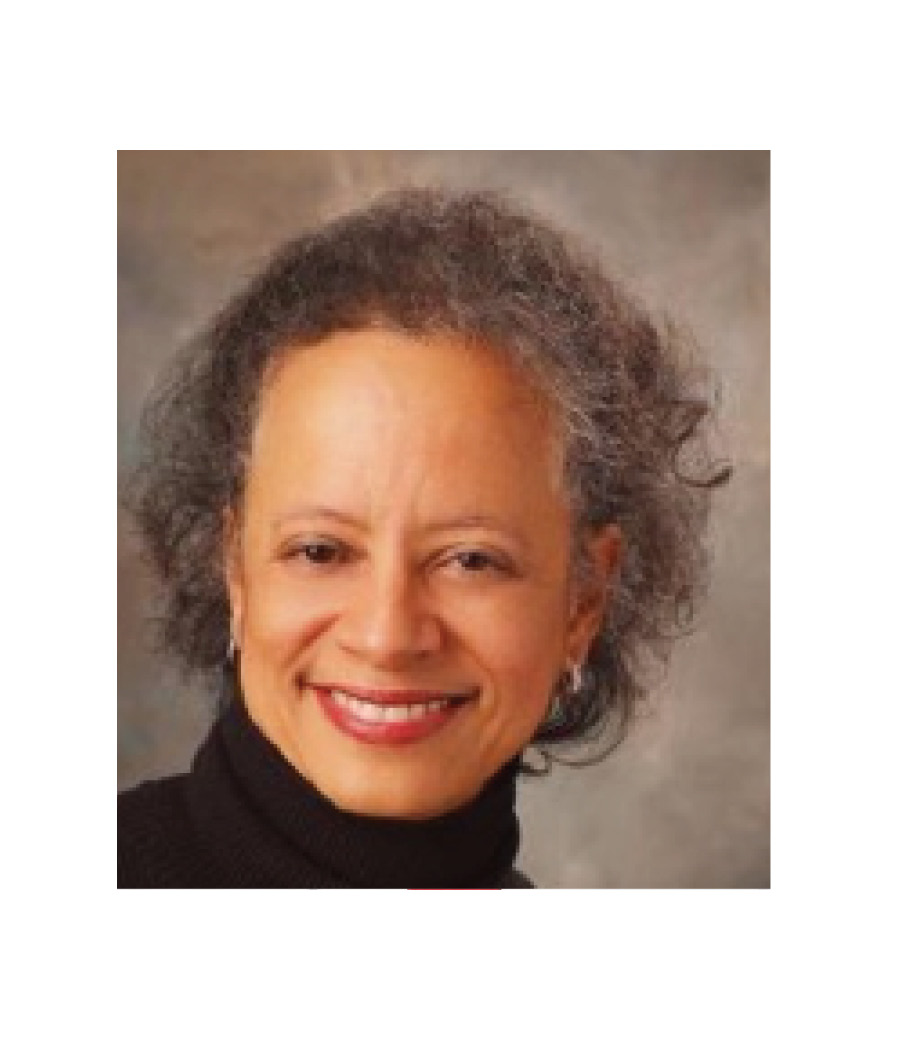
Lori J. Pierce, MD, FASTRO, FASCO
Vice Provost for Academic and Faculty Affairs, Professor of Radiation Oncology, University of Michigan, Ann Arbor, MI
Dr. Lori Pierce attended Duke University School of Medicine and completed a Radiation Oncology residency and chief residency at the Hospital of the University of Pennsylvania. She then was appointed as a Senior Investigator at the National Cancer Institute, National Institutes of Health in Bethesda, MD from 1990-1992. In 1992, Dr. Pierce joined the faculty of the University of Michigan where she is currently Professor with tenure in Radiation Oncology. Since coming to Michigan, she has served as residency director and clinical director in the Department of Radiation Oncology. In August 2005, Dr. Pierce was appointed by the University of Michigan Board of Regents to be Vice Provost for Academic and Faculty Affairs, a position she still holds. Dr. Pierce has dedicated her career to the treatment of breast cancer patients. Her research focuses on the use of radiotherapy in the multi-modality treatment of breast cancer, with emphasis on intensity modulated radiotherapy in node positive breast cancer, the use of radiosensitizing agents, and the outcomes of women treated with radiation for breast cancer who are carriers of a BRCA1/2 breast cancer susceptibility gene. She serves as Director of the Michigan Radiation Oncology Quality Consortium (MROQC), a quality consortium of radiation oncology practices across the state of Michigan that seeks to establish best practices in the treatment of breast and lung cancers. Dr. Pierce has published over 200 manuscripts and book chapters and has received numerous teaching awards from the University of Michigan and multiple national organizations. Honors include receipt of the European Society of Therapeutic Radiology and Oncology travel award, the American Medical Association Women Physician Mentor Award, the American Association for Women Radiologists’ Marie Curie Award, the Conquer Cancer Foundation Endowed Women Who Conquer Cancer Mentorship Award, and selection as a Susan G. Komen for the Cure Scholar. Dr. Pierce was elected to the National Academy of Medicine, Class of 2018. She was also selected as the 2019 Woman of the Year by the United Way of Washtenaw County in Michigan. Most Recently, she was the recipient of the 2021 Association of Community Cancer Centers Annual Achievement Award and the 2021 American Society for Radiation Oncology Gold Medal Award. In 2018, she was elected president-elect of the American Society of Clinical Oncology, the largest organization of oncology professionals in the world, and served as president in 2020-2021. She is currently Chair of the Board.
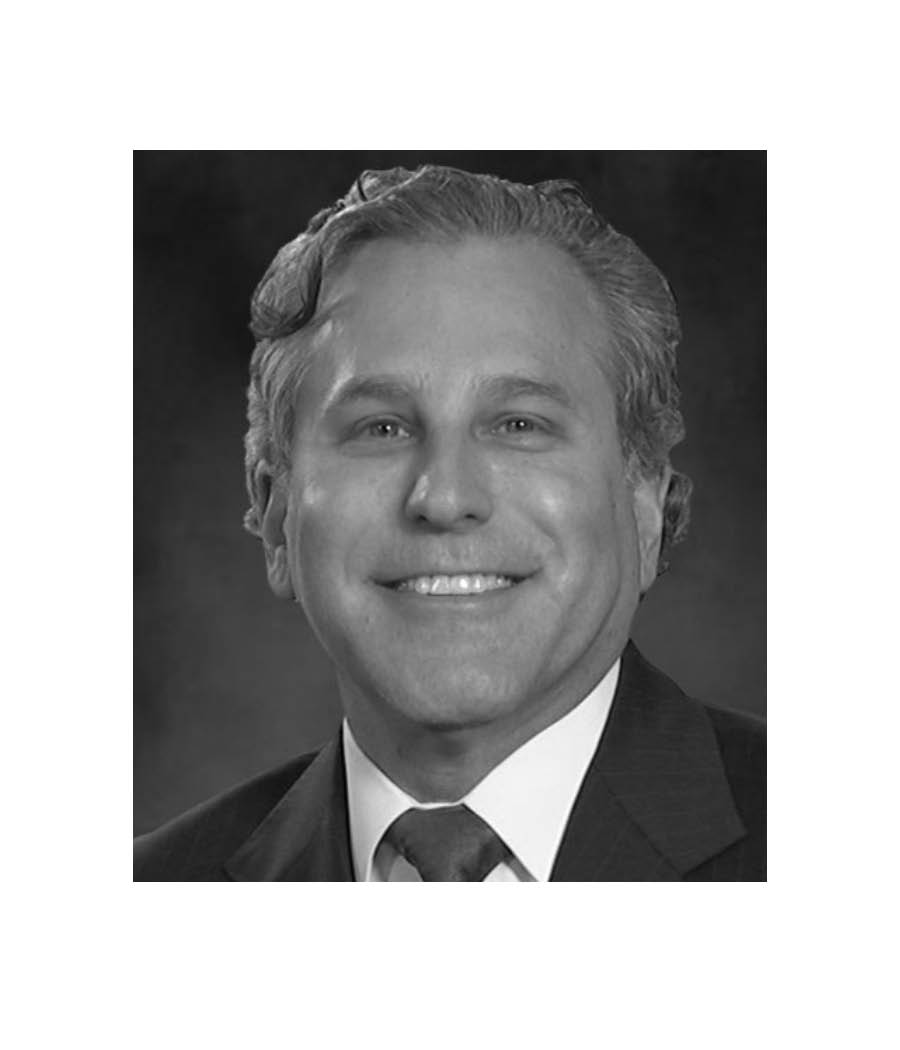
David Portman, MD
CEO and Chief Medical Officer Sermonix Pharmaceuticals
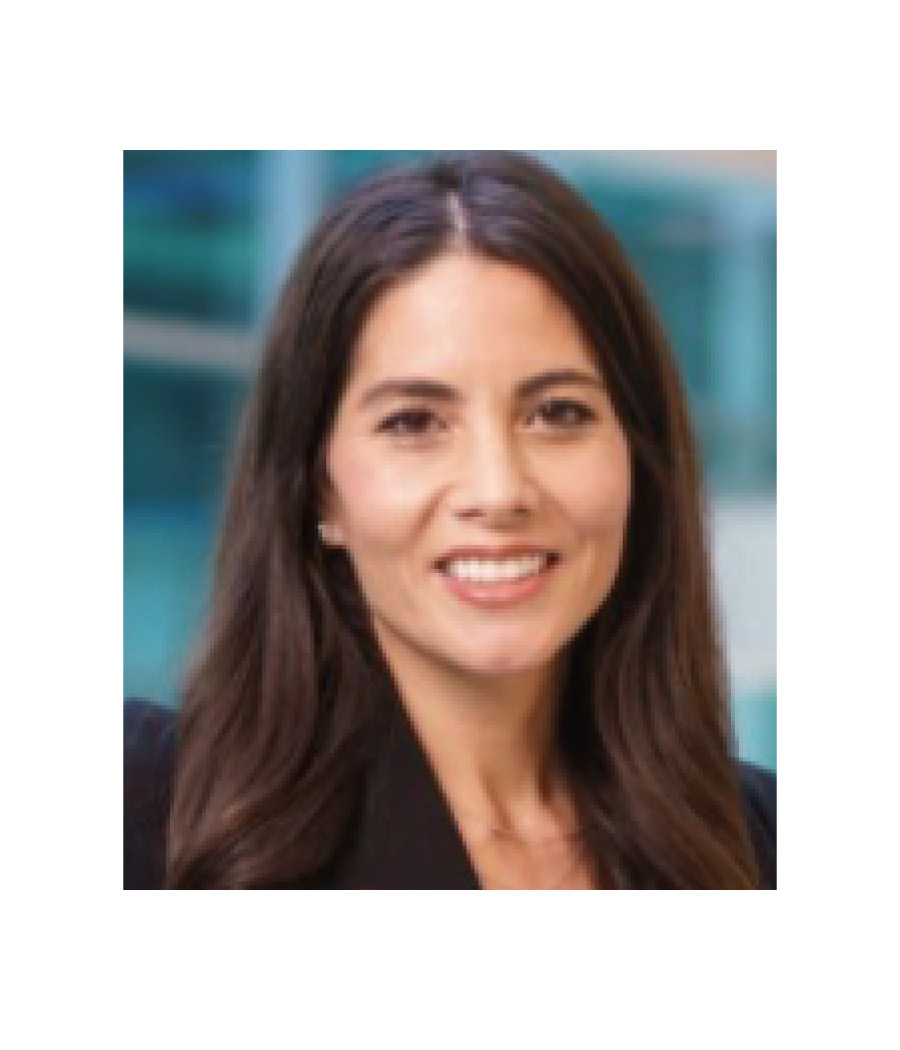
Jasmine Plummer, PhD
Founding Director, Center for Spatial OMICs, Associate Member, Department of Developmental Neurobiology, Associate Member, Department of Cellular & Molecular Biology, Member, Comprehensive Cancer Center, St Jude Children’s Research Hospital, Memphis, TN
Dr. Jasmine Plummer, PhD is an Associate Member of St. Jude Faculty and Director, Center for Spatial OMIC. She was formerly an Assistant Professor in the Department of Biomedical Sciences and Associate Director of the Applied Genomics, Computational and Translational Core at Cedars Sinai. She graduated with honors, BSc from University of Toronto. Her MSc was completed in the laboratory of Roger Croll, PhD at Dalbousie University (Halifax, Canada) in the Department of Neuroscience and the Department of Physiology Under the mentorship of Dr. Joe Culotti, she received her PhD at the University of Toronto, Mount Sinai Hospital (Toronto, Canada). In her doctoral work, Dr Plummer used genome wide screens to identifying novel genes that regulate the nervous system development. In her post-doctoral work in the laboratory of Dr. Pat Levitt at Children’s Hospital Los Angeles and University of Southern California, Dr. Plummer utilized system biology approaches to understanding the genetic risk of neuropsychiatric disorders, including autism, schizophrenia, attention-deficit/hyperactivity disorder, bipolar disorder and major depressive disorder. As an Autism Speaks postdoctoral fellow, her research focused on the discovery and function of gene regulatory networks involving autism risk genes. Dr. Plummer is currently a principal investigator on several institutional and foundational grants in which her research is focused on understanding the mechanisms by which cancers, specifically ovarian, breast and prostate, share common genetic risk and how this translates to susceptibility and oncogenesis. Dr. Plummer’s lab uses a mult-iomic approach through genomic, epigenomic and transcriptomic data to functionally interrogate ovarian cancer genetic risk. From this current work, Dr. Plummer tries to understand how early genetic events trigger cancer pathogenicity to find early biomarkers of ovarian cancer. Dr. Jasmine Plummer is a 2022 recipient of OCRA’s Early Career Investigator Grant. Her OCRA-funded project is focused on better understanding how genetic mutations trigger cancer development. The goal of her research is to find early biomarkers of ovarian cancer and also identify drugs to effectively target genetic mutations so that normal cells do not develop into tumor cells.
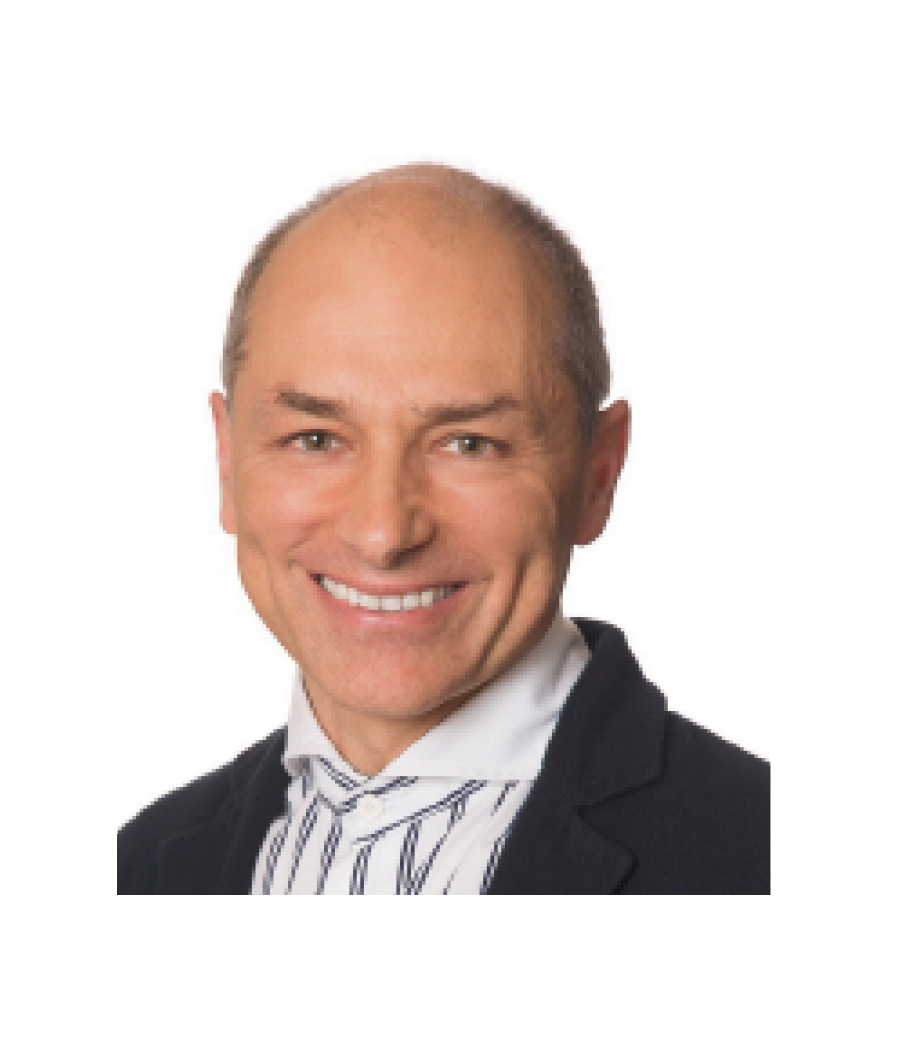
Lajos L Pusztai, MD, D.Phil
Professor of Medicine, Director, Breast Cancer Translational Research, Co-Director, Yale Cancer Center Genetics and Genomics Program, Yale Cancer Center, Yale School of Medicine, New Haven, CT
Dr Pusztai is Professor of Medicine at Yale University, Scientific Co-Director of the Center for Breast Cancer and Co-Director of the Genomics Genetics and Epigenetics Program at Yale Cancer Center. He is also Chair of the Breast Cancer Research Committee of the Southwest Oncology Group (SWOG). He received his medical degree from the Semmelweis University of Medicine in Budapest, and his D.Phil. degree from the University of Oxford in England. His research group has made important contributions to establish that estrogen receptor-positive and-negative breast cancers have fundamentally different molecular, clinical and epidemiological characteristics. He has been a pioneer in evaluating gene expression profiling as a diagnostic technology to predict chemotherapy and endocrine therapy sensitivity and have shown that different biological processes are involved in determining the prognosis and treatment response in different breast cancer subtypes. He made important contributions to clarify the clinical value of preoperative (neoadjuvant) chemotherapy in different breast cancer subtypes and more recently made important contributions to clarify the role of immunotherapy in breast cancer. Dr Pusztai is principal investigator of several clinical trials investigating the role of immunotherapies and ctDNA monitoring in breast cancer. He has published over 300 scientific manuscripts in high impact medical journals including the NEJM, JAMA, Journal of Clinical Oncology, Nature Biotechnology, PNAS, Lancet Oncology and JNCI. He is among the top 1% most highly cited investigators in clinical medicine according to a 2015 Thomson Reuters report. He is member of the Scientific Advisory Board of the Breast Cancer Research Foundation and a Susan Komen Scholar.
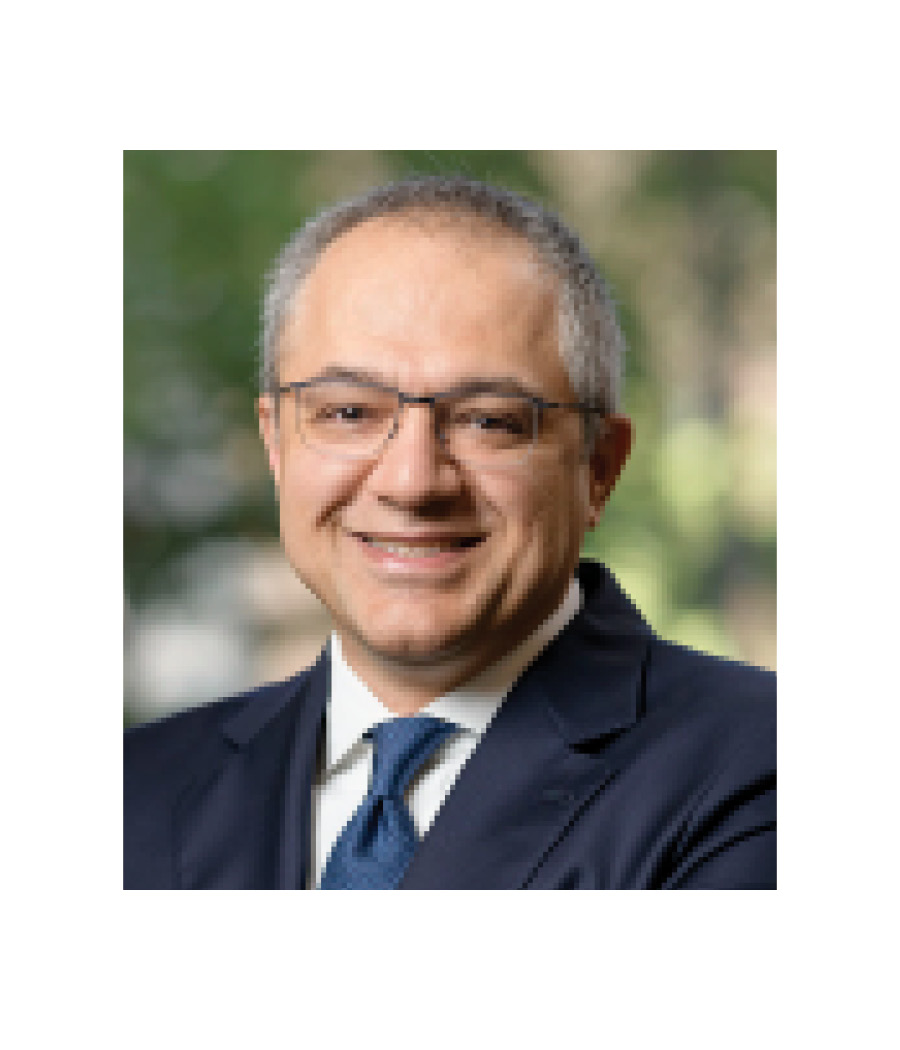
Pedram Razavi, MD, PhD
Director, MSK Breast Translational Platform, Director, Liquid Biopsy and Genomics. MSK Biomarker Development, Program Director, MSK Breast Molecular Tumor Board, Memorial Sloan Kettering Cancer Center, New York, NY
Dr. Razavi is a Medical Oncologist and physician-scientist focusing on precision oncology in breast cancer. He leads MSK’s Breast Molecular Tumor Board and Breast Translational Platform and is the director of Liquid Biopsy and Genomics in the Biomarker Development Program. His research concentrates on integrative clinicogenomics and circulating tumor biomarkers to guide translational breast cancer research; characterize cancer on a systemic and molecular level; and to expand clinical applications of liquid biopsies. He leads several large-scale genomic and liquid biopsy studies on breast cancer evolution, biomarkers of response and resistance to targeted therapies, and outcomes prediction. These efforts have led to the identification of novel mechanisms of resistance to major targeted breast cancer therapy modalities while shedding light on new and potentially druggable genomic drivers of breast cancer. Dr. Razavi earned his medical degree from Tehran University of Medical Sciences and an MPH and a PhD in cancer epidemiology at the University of Southern California, followed by a postdoctoral fellowship at Channing Laboratory in Boston. He completed an internal medicine residency at USC and a medical oncology fellowship at MSK, where he was also a postdoctoral fellow focusing on cancer genomics in the laboratory of Dr. José Baselga. He joined MSK’s faculty in 2016.
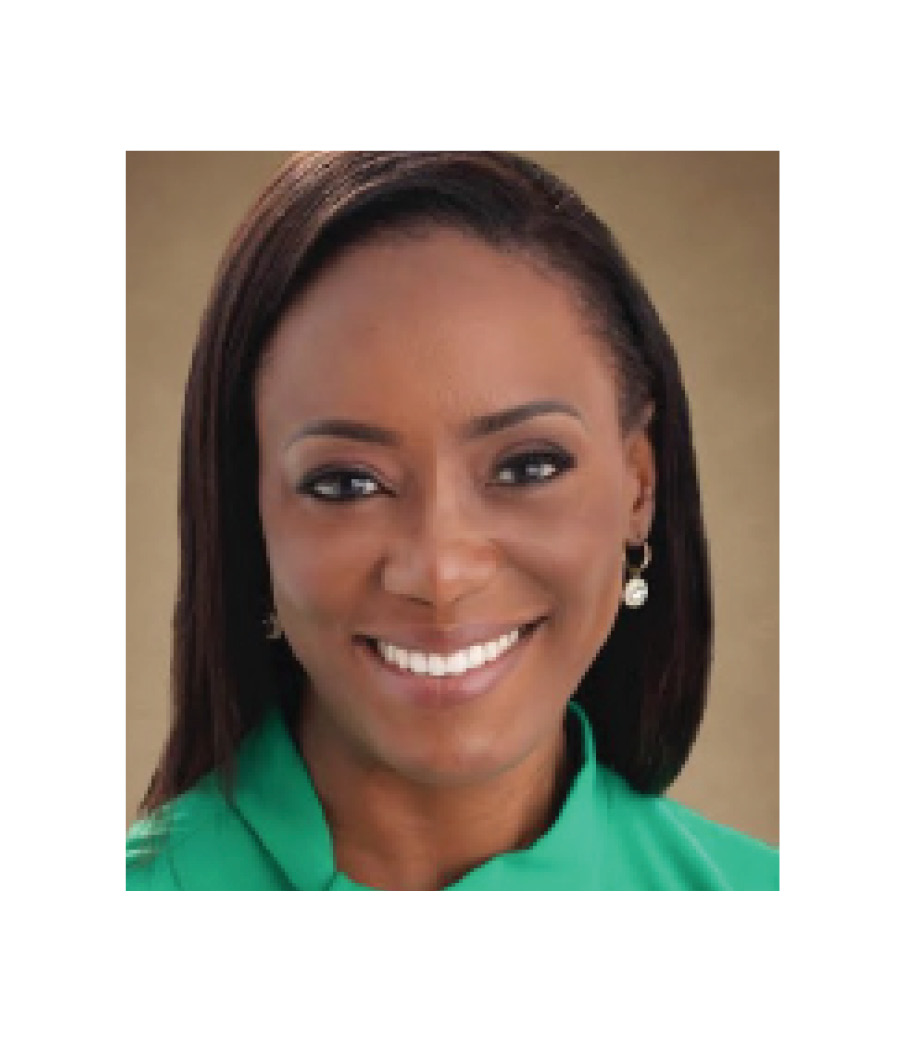
Sonya Reid, MD, MPH
Assistant Professor of Medicine, Division of Hematology/Oncology (Breast Oncology), Vanderbilt-Ingram Cancer Center, Vanderbilt University Medical Center, Nashville, TN
Sonya Reid, MD, MPH is an Assistant Professor in the Division of Hematology/Oncology at Vanderbilt University Medical Center (Vanderbilt-Ingram Cancer Center). Dr. Reid's research primarily focuses on health disparities in breast cancer, specifically young-onset breast cancer and hereditary breast cancer. One of her efforts is focused on investigating genomic differences that may be contributing to the racial survival disparity in breast cancer. Dr. Reid is also focused on improving health care delivery to underserved communities and increasing the representation of minority patients in clinical trials. She is also passionate about Global oncology and is actively involved in breast cancer research in Jamaica. Dr. Reid received the Martin Luther King Jr. award in recognition of her work in diversity, inclusion, and equity at Vanderbilt University Medical Center. Clinically, she focuses on caring for breast cancer patients with a special interest in young-onset breast cancer.

Fauzia Riaz, MD, MHS
Clinical Assistant Professor, Medicine – Oncology Stanford University, Stanford, CA
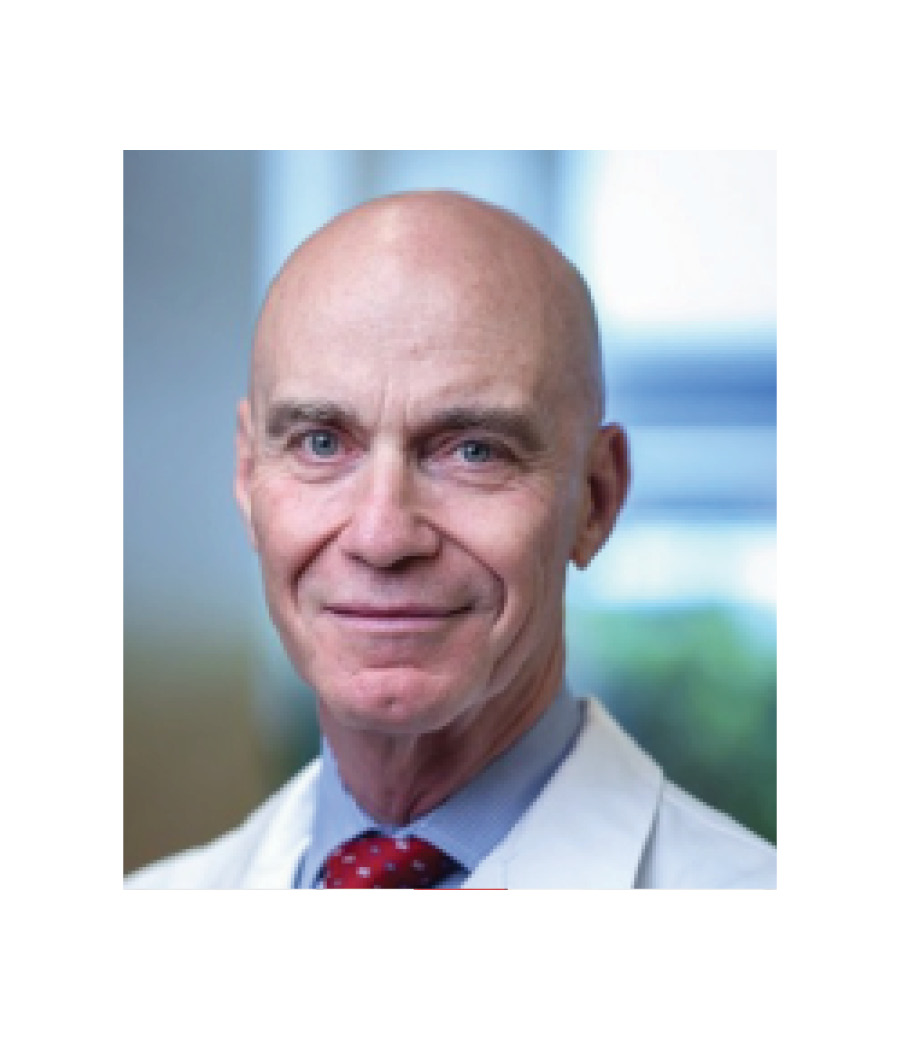
Mark E. Robson, MD
Chief, Breast Medicine Service, Lead, Inherited Breast Cancer Genomics, Niehaus Center, Memorial Sloan Kettering Cancer Center, Professor of Medicine, Weill Cornell Medical College, New York, NY
Mark Robson, MD serves as Chief of the Breast Medicine Service and is the former Clinic Director of the Clinical Cancer Genetic Service, in the Department of Medicine at Memorial Sloan Kettering Cancer Center. He is also Professor of Medicine at Weill Cornell Medical College. He received his B.Sc. from Washington and Lee University and his M.D. from the University of Virginia. He performed residency and fellowship training at Walter Reed Army Medical center before coming to Memorial Sloan-Kettering in 1996. He serves on the Cancer Prevention and Ethics Committees of ASCO, is an Associate Editor for JNCI and is on the editorial board of the Journal of Clinical Oncology. Dr. Robson’s research is primarily directed toward the improving the integration of genetic information into the clinical management of women with breast cancer. He and his colleagues have conducted a number of studies examining outcomes in women with hereditary breast cancer to better define the risks and benefits of treatments such as breast conserving therapy and adjuvant chemotherapy in this group. He is also coordinating studies of PARP inhibitors in women with BRCA mutation-associated breast cancer. He and his coworkers have also conducted a number of studies examining the effectiveness of screening interventions such as breast MRI or ovarian cancer screening in women at hereditary risk. He is also investigating the optimal integration of new genetic technologies, such as genomic profiling and multi-gene testing, into the care of women at risk for breast cancer.
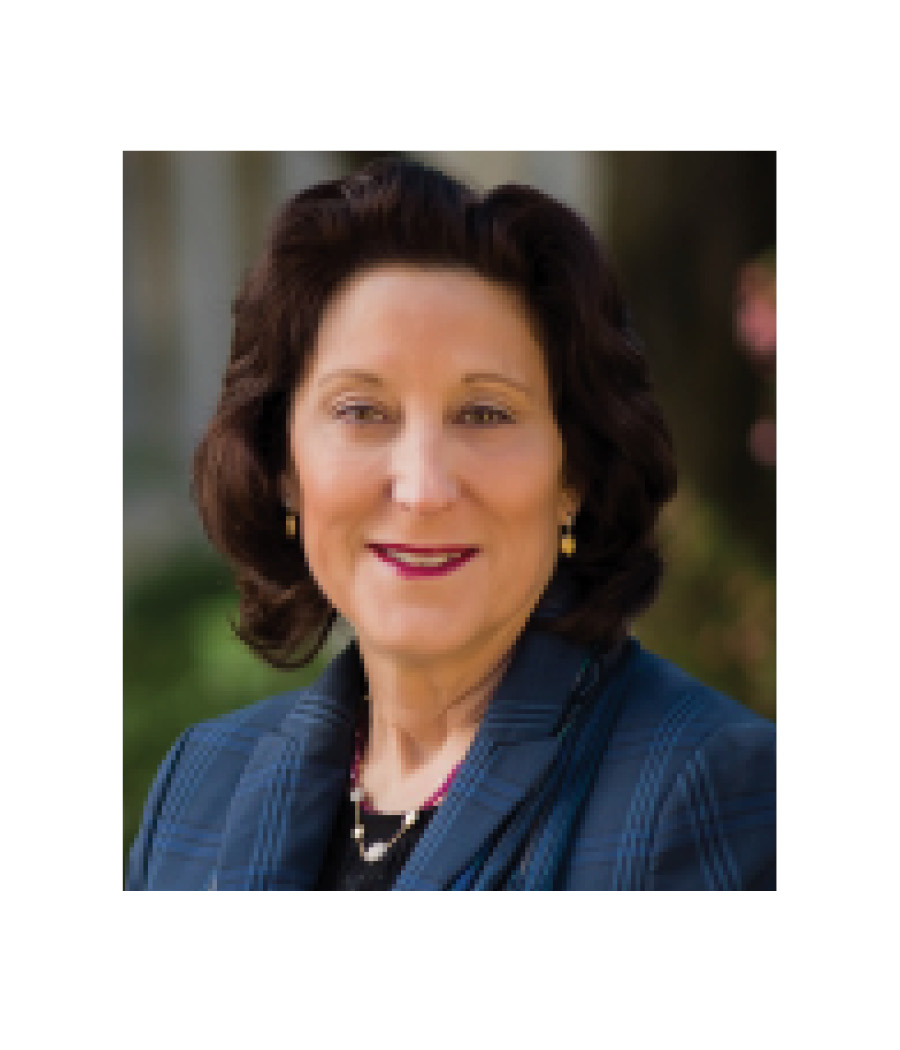
Hope S. Rugo, MD, FASCO
Director, Breast Oncology and Clinical Trials Education, Medical Director of Cancer Infusion Services, Professor of Medicine and Winterhof Family Professor of Breast Oncology, UCSF Helen Diller Family Comprehensive Cancer Center,
San Francisco, CA
Hope S Rugo, MD, FASCO, is a Clinical Professor of Medicine in the Division of Hematology and Oncology at the University of California San Francisco (UCSF) in San Francisco, California. She currently serves as the Director of the Breast Oncology and Clinical Trials Education department at UCSF. She graduated with a summa cum laude undergraduate degree from Tufts University in Boston, MA, received her MD from the University of Pennsylvania School of Medicine in Philadelphia, PA, and completed both a residency in internal medicine and a fellowship in hematology and oncology at the UCSF. Dr Rugo completed a two-year post-doctoral fellowship in immunology at Stanford University in Palo Alto, CA. Dr Rugo is a member of the Breast Oncology Core Committee of the Alliance for Clinical Trials in Oncology Network, where she is the principal investigator of CALGB 40502, a now fully accrued phase III trial comparing novel chemotherapy agents in the treatment of advanced breast cancer. She is an investigator in the Bay Area Spore at UCSF’s Carol Franc Buck Breast Cancer Center and the principal investigator of a number of clinical trials testing new treatment approaches for breast cancer. She is actively involved as a member of various associations and organizations in oncology such as the American Society of Clinical Oncology (ASCO), and the National Comprehensive Cancer Network (NCCN) Guidelines Committee. She has published many peer-reviewed papers and has given presentations on a variety of cancer-related topics.
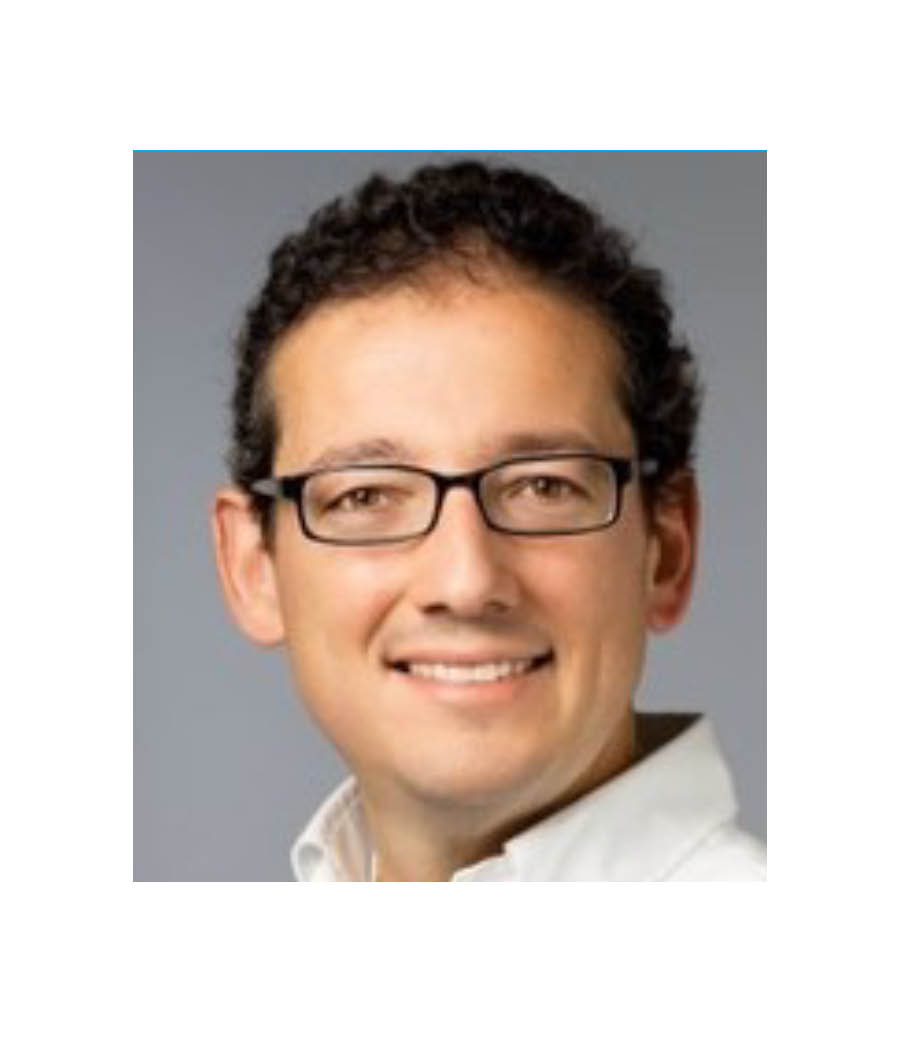
Frank Scappaticci
Vice President, Early Clinical Development, Oncology Pfizer
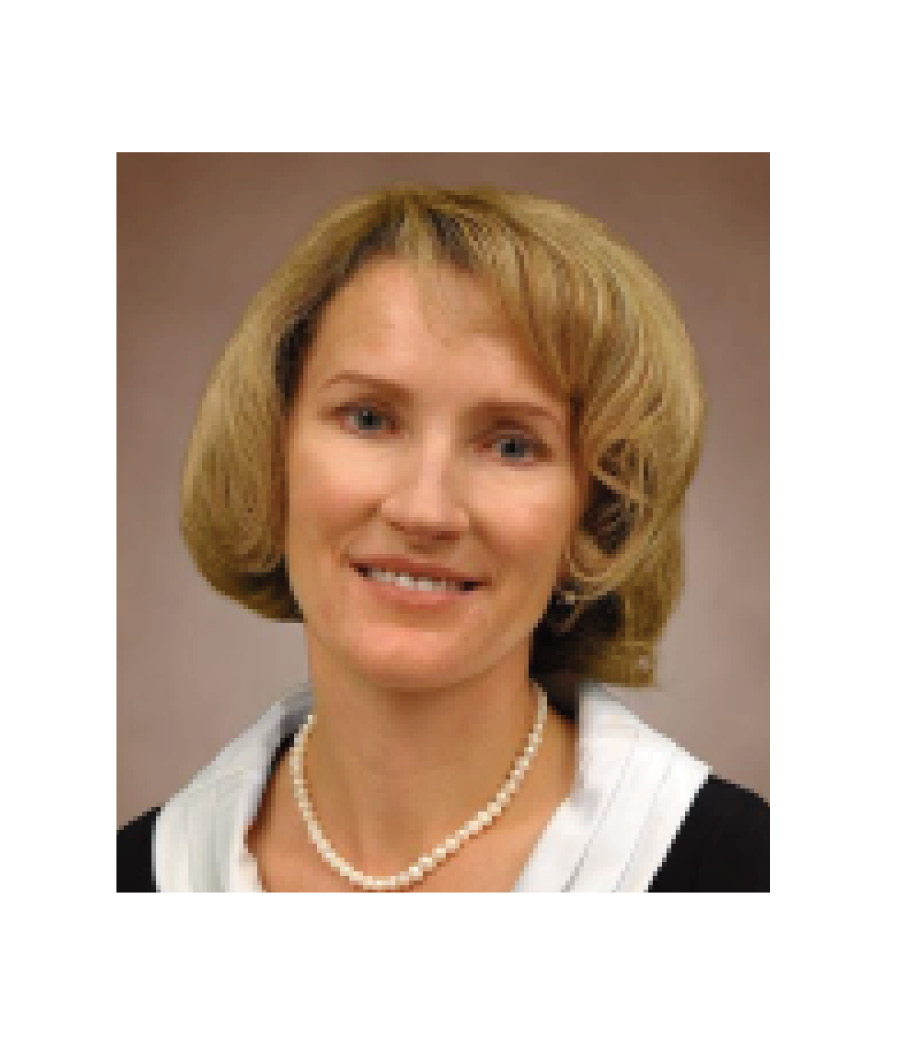
Elena Shagisultanova, MD, PhD
Associate Professor, Medical Oncology, University of Colorado Cancer Center, Aurora, CO
Dr. Shagisultanova is an Associate Professor at the University of Colorado Cancer Center. She specializes in treatment of patients with breast cancer, focusing her clinical and research efforts on young women with breast cancer, patients with HER2+ disease and CNS metastases. She has completed her medical school in Russia, and, after obtaining a PhD in molecular genetics, moved to the United States for post-doctoral studies in cancer genetics at Sanford-Burnham Medical Research Institute (San Diego, CA). She has completed clinical research training at the University of California, San Diego, followed by residency at St. Mary’s Hospital / UCSF (San Francisco, CA), and fellowship in medical oncology and hematology at Fox Chase Cancer Center (Philadelphia, PA). As an academic physician scientist, Dr. Shagisultanova is seeing patients at the breast medical oncology clinic, as well as conducting bench research and clinical trials in patients with HER2+ breast cancer.
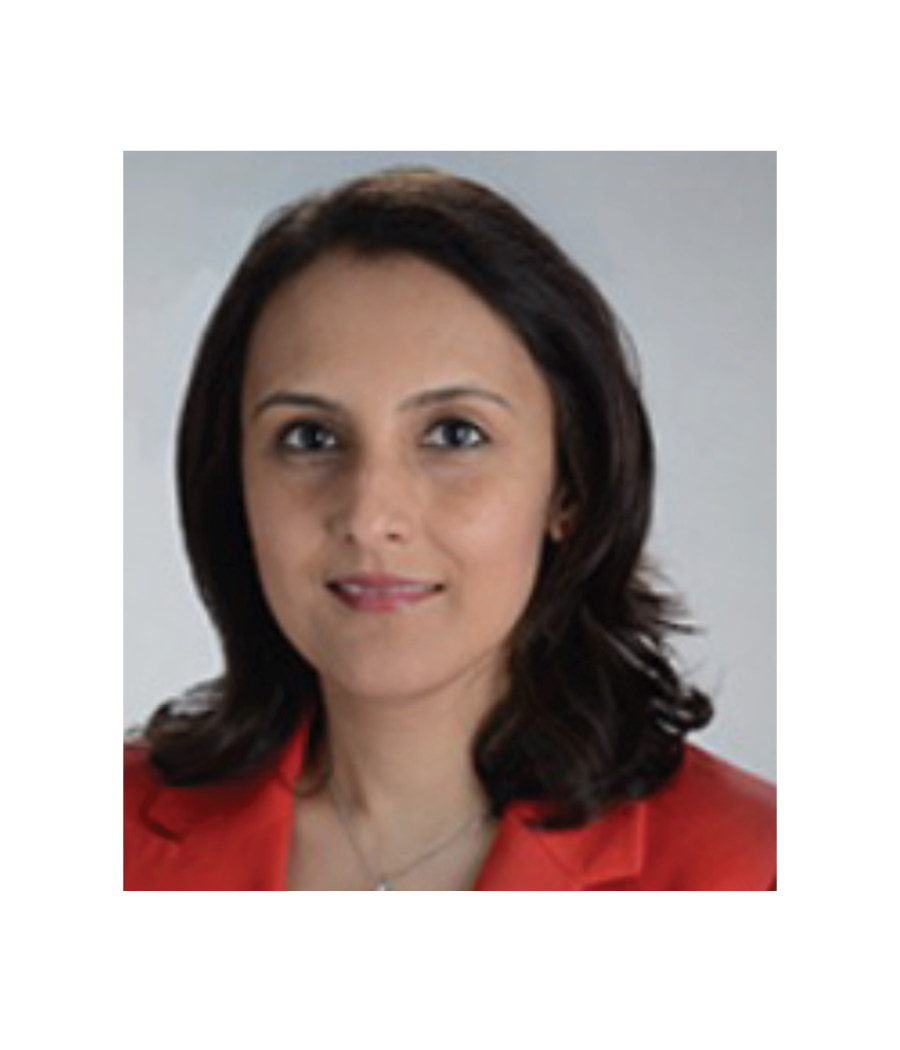
Priyanka Sharma, MD
Professor of Internal Medicine, Assistant Director of Clinical Research, Tyler Frank B, Professor of Cancer Research, Co-Leader of the Drug Discovery, Delivery, and Experimental Therapeutics Program, Vice Chair, SWOG Breast Committee, University of Kansas Medical Center, Kansas City, Kansas
Priyanka Sharma, MD is a Professor of Medicine and Assistant Director of Clinical Research at the University of Kansas Medical Center. She completed medical school at University of Baroda, India, and residency and fellowship at the University of Kansas School of Medicine in internal medicine and hematology, respectively. Dr. Sharma serves as the Vice-Chair of the SWOG Breast Committee (2018-present) and has been member of the SWOG Board of Governors since 2015, as well as a member of the National Cancer Institute (NCI) breast cancer steering committee. She is a past recipient of the Advanced Clinical Research Award, Conquer Cancer, the ASCO Foundation (2015-2018) supported by BCRF. In addition to national and institutional leadership roles, Dr. Sharma is actively involved in clinical and translational breast cancer research. Her long-term research goal is to delineate personalized treatment strategies for triple-negative breast cancer (TNBC) and BRCA mutation-associated breast cancer. She serves as Translational Principal Investigator (PI) of an ongoing NCI-funded SWOG trial for patients with TNBC (S1416) and as PI of an active translational SWOG study (S9313c) which also focuses on TNBC. Outside of SWOG, Dr. Sharma has served as PI of several investigator-initiated trials assessing novel therapeutic agents for breast cancer.
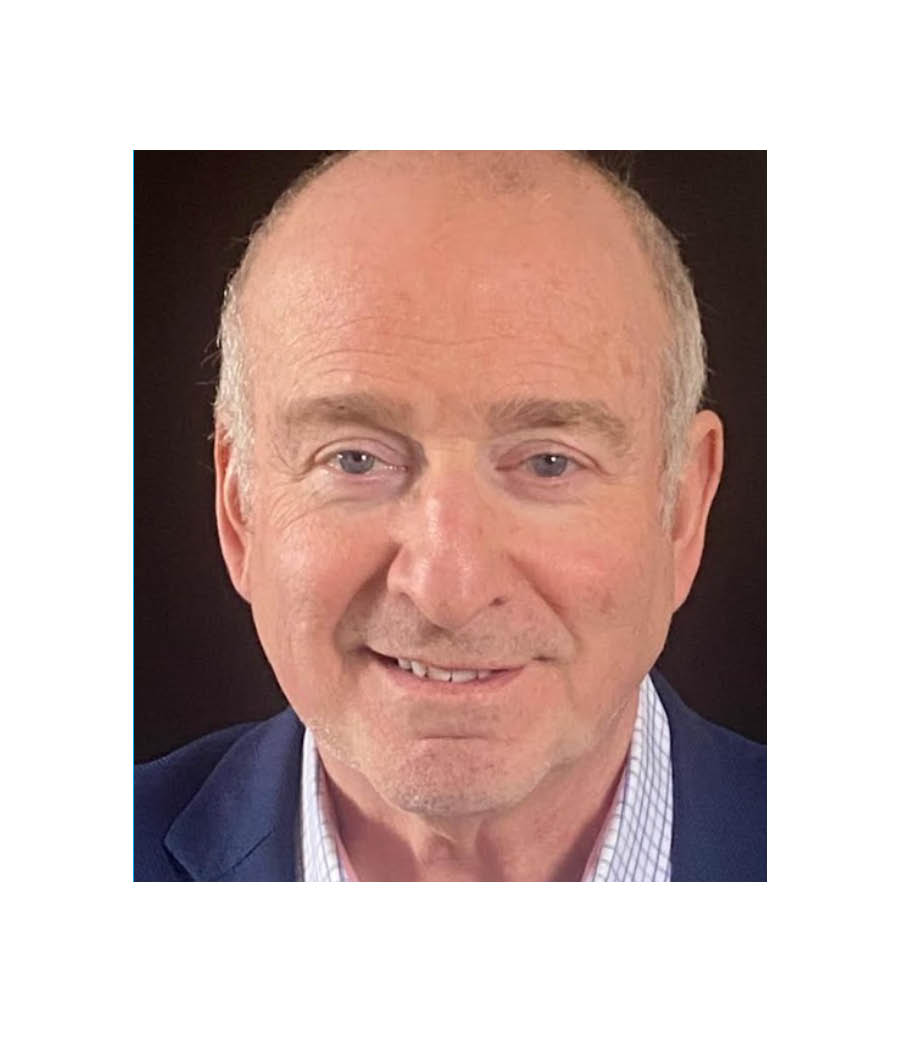
William M. Sikov, MD
Breast Medical Oncologist, Breast Health Center of Women & Infants Hospital of Rhode Island, Professor in Medicine, Obstetrics & Gynecology Warren Alpert Medical School of Brown University, Providence, RI
Dr William Sikov is a medical oncologist at the Breast Health Center of Women & Infants Hospital of Rhode Island and a Professor in Medicine, Obstetrics & Gynecology at the Warren Alpert Medical School of Brown University in Providence, Rhode Island. He obtained his medical degree from the Yale University School of Medicine, completed a residency in internal medicine at the University of Pittsburgh Medical Center and a fellowship in hematology-oncology at New England Medical Center. Dr Sikov specializes in the treatment of breast cancer and the design and conduct of clinical trials. He has been principal investigator for a number of pivotal studies in the treatment of early stage and advanced breast cancer and serves as a member of both the NRG Oncology Breast Core Committee and the Alliance Breast Committee. Dr Sikov has authored numerous publications that have appeared in journals including the Journal of Clinical Oncology, Cancer and Breast Cancer Research and Treatment. He is the primary author for three sections in UpToDate discussing current standards for neoadjuvant therapy for breast cancer. He has been an invited speaker and moderator at national and international conferences including the San Antonio Breast Cancer Symposium and the National Consortium of Breast Centers, and serves as an invited reviewer for several journals, including Annals of Oncology, Journal of Clinical Oncology, and Lancet Oncology.
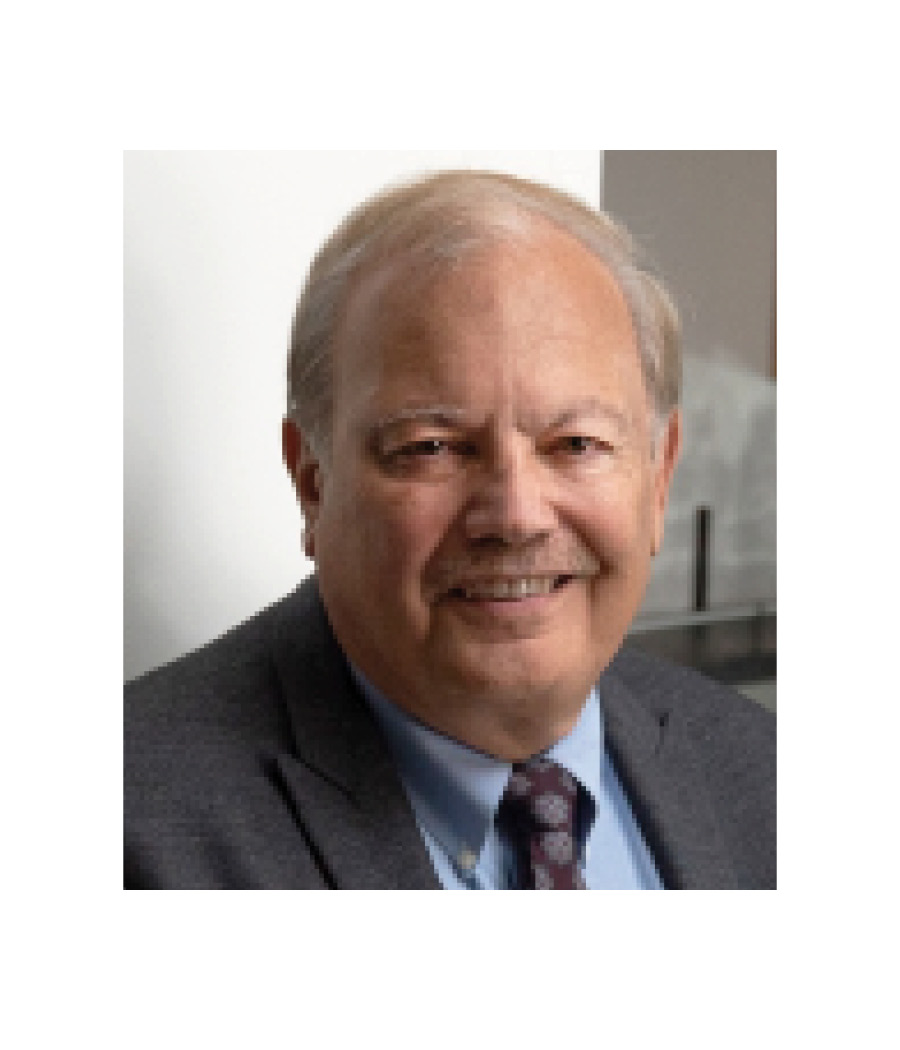
Dennis J. Slamon, MD
Professor of Medicine Chief of the Division of Hematology/Oncology, Department of Medicine, David Geffen School of Medicine at UCLA
Director of Clinical/Translational Research, Director of the Revlon/UCLA Women's Cancer Research Program Jonsson Comprehensive Cancer Center UCLA Health, Los Angeles, CA
Dr. Dennis Slamon received his Ph.D. in cell biology and M.D. from the University of Chicago in 1975. His Ph.D. work involved the study of the Kirsten sarcoma virus in the laboratories of Dr. Winston Anderson and Werner Kirsten at that university. After graduation, he went on to complete his internship, residency and chief residency in Internal Medicine at the University of Chicago Hospitals and Clinics then went on to complete his specialty training in Hematology and Oncology at UCLA. He joined the faculty of medicine at UCLA in 1982 where he now serves as Chief of the Division of Hematology/Oncology in the Department of Medicine and Director for the Division of Clinical/Translational Research at UCLA’s Jonsson Comprehensive Cancer Center. He has published more than 270 scientific papers in the area of cancer research. He began his studies on the genes and molecular pathways involved in cancer with his initial work on the expression of these genes in a variety of human malignancies in 1984 published in Science that year. Subsequent early research involved the identification characterization of the proteins encoded by known cancer causing genes in order to better understand how they initiated and/or were involved in the malignant process. He is best known for his work studying the HER2 gene and the role it plays in one of the most aggressive forms of breast cancer. He led some of the initial preclinical and ultimately clinical research that resulted in the breakthrough treatment, trastuzumab (Herceptin) that is now used worldwide to treat the 20% of human breast cancers in which this pathway is involved. His most recent work resulted in the approval of a new class of agents to treat the most common type of breast cancer, those that are hormonally driven. This class of agents inhibits the cdk-4/6 pathway which is critical in these particular breast cancers and accounts for some 60-65% of this disease. His laboratory has now expanded their research work into identifying new and novel therapies for a number of other human malignancies including ovarian, pancreatic, colorectal and lung cancers. He has received numerous national and international awards for his research including the Albert & Hinda Rosenthal Award from the AACR in 1999, the Salk Translational Research Award from UCSD, the Bristol-Myers-Squibb Millenium Award in 2000, the Dorothy P. Landon Award from the AACR in 2003, the American Cancer Society Medal of Honor in 2004, the Karnofsky Award from ASCO in 2006, the Lister Award from the University of Glasgow in 2006, the Gairdner Foundation International Award fro Research in 2007, the Warren Alpert Foundation Award from Harvard Medical School in 2007, the MTTC International Award for Molecular Targeted Therapy in 2013, the Hope Fund for Cancer Research Award in 2013, the Sjöberg Prize from the Royal Swedish Academy of Sciences, and the Lasker~DeBakey Clinical Medical Research Award in 2019.

George W. Sledge, Jr., MD
Executive Vice President and Chief Medical Officer Caris, Life Sciences, Irving, TX
Dr. George W. Sledge, Jr. joined Caris Life Sciences in October 2022 and serves as Executive Vice President and Chief Medical Officer. In this role, Dr. Sledge oversees medical affairs, research, and medical education, including oversight and leadership for the Caris Precision Oncology Alliance™, and Caris’ global team of Medical Science Liaisons. Prior to joining Caris, Dr. Sledge was Professor of Medicine at the Stanford University School of Medicine, where he served as a member of the Division of Oncology. He was most recently co-director of the Stanford Cancer Institute’s Cancer Therapeutics Program and served from 2013-2020 as Chief of the Division of Oncology. Trained in Internal Medicine and Medical Oncology, Dr. Sledge has devoted his professional career to understanding the biology and improving the treatment of breast cancer. He is active as both a laboratory and clinical researcher, with more than 390 scientific publications. Dr. Sledge has held countless esteemed positions including serving as chair of the Eastern Cooperative Oncology Group’s Breast Cancer Committee (2003-2010), a member of the Food and Drug Administration’s Oncology Drug Advisory Committee, a member of the Department of Defense’s Breast Cancer Research Program’s Integration Panel as well as the National Cancer Institute’s Clinical Trials Advisory Board. He is Past President of the American Society of Clinical Oncology and served as both the Chief Scientific Advisor for the Susan G. Komen Foundation and member of the Triple Negative Breast Cancer Foundation scientific advisory board. He has received numerous prestigious honors, notably the Breast Cancer Research Foundation’s Jill Rose Award, the Komen Foundation’s Brinker Award for Scientific Distinction, the San Antonio Breast Cancer Symposium’s William L. McGuire Award and the American Society of Clinical Oncology’s Gianni Bonadonna Award.
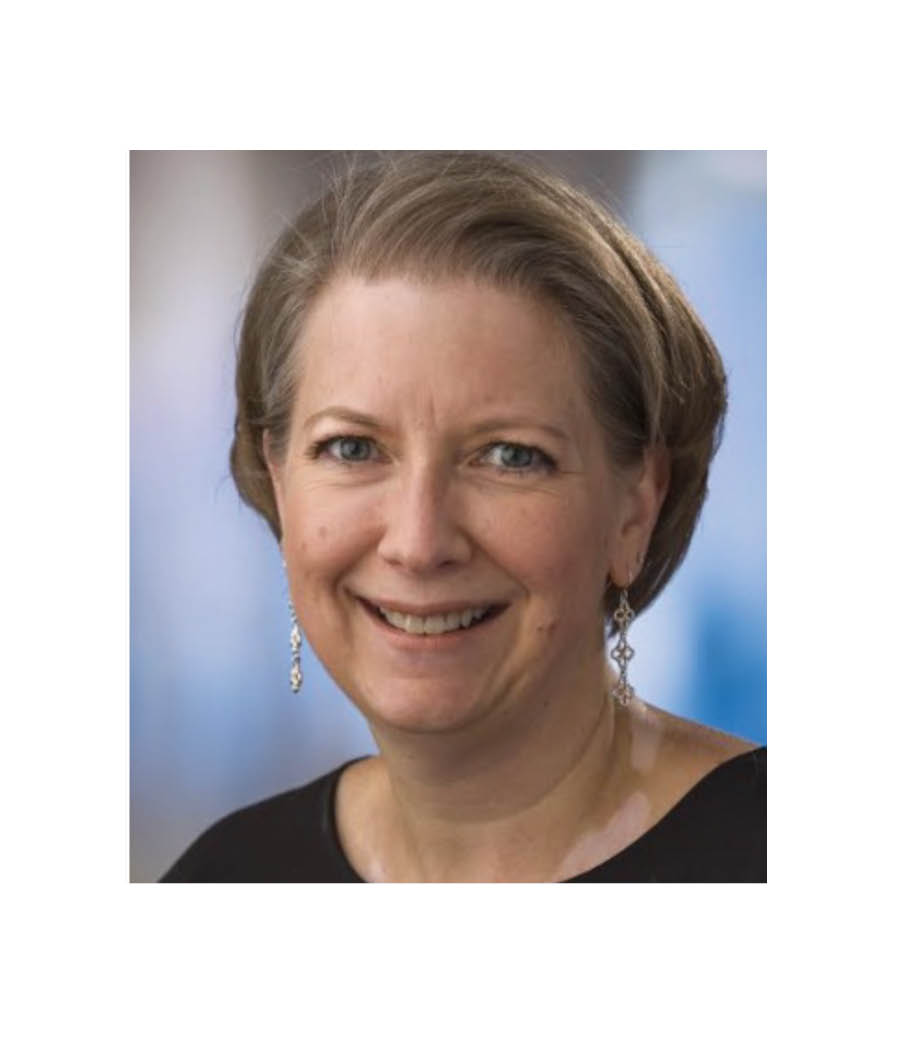
Jennifer M. Specht, MD
Jill D. Bennett Endowed Professor in Breast Cancer Clinical Research Director, Breast Oncology Professor, University of Washington, Division of Medical Oncology Professor, Fred Hutch Cancer Center, Clinical Research Division University of Washington, Seattle, WA
Dr. Jennifer Specht is a medical oncologist specializing in the care of patients with breast cancer. She holds the Jill D. Bennett Endowed Professorship in Breast Cancer and is the Clinical Research Director for the breast oncology program at University of Washington/Fred Hutch Cancer Center. Her research interests include molecular imaging with FDG PET and DCE-MRI to understand in vivo biology of locally advanced and inflammatory breast cancer and use of FDG PET to assess response to therapy in bone-dominant metastatic breast cancer. She is Co-Chair of ECOG-ACRIN EA1183/FEATURE trial which is evaluating performance of serial FDG PET/CT to predict progression free survival in patients with breast cancer bone metastasis. She also conducts research into immunotherapeutic approaches for treatment of breast cancer with chimeric antigen receptor (CAR) T cell therapies. She is co-chair of BMT CTN Cellular Therapy for Solid Tumors SOSS Committee. She serves as breast liaison to Fred Hutch Integrated Immunotherapy Program, serves on IIRC clinical trials advisory committee, and PI on cellular immunotherapy trials in the Bezos Immunotherapy Clinic.

Sandra Swain, MD, FACP, FASCO
Associate Dean for Research Development, Professor of Medicine, Georgetown University Medical Center, Vice President, Genetic Medicine MedStar Health Washington, DC
Sandra M. Swain, MD, FACP, FASCO is the Associate Dean for Research Development at the Georgetown University Medical Center (GUMC) and the Vice President of MedStar Genetic Medicine for MedStar Health in Washington, DC. She is also a Professor of Medicine at the Georgetown University School of Medicine. She is a Visiting Professor of Clinical Oncology, Medical Sciences Division, University of Oxford, Oxford UK. In her primary role as Associate Dean for Research Development, Swain works closely with industry and community partners to improve patients’ access to cutting-edge treatments and technologies by expanding medical research opportunities both at GUMC and across the MedStar Health system. Swain graduated with a Bachelor of Arts (B.A.) in Chemistry from the University of North Carolina in 1975 and earned a Doctor of Medicine (M.D.) from the University of Florida in 1980. She completed a residency in Internal Medicine at Vanderbilt University in 1983 followed by a fellowship in Medical Oncology at the National Institutes of Health, (NIH), National Cancer Institute (NCI) in 1986. She served at the NIH as the Deputy Branch Chief for the Medicine Branch of the Center for Cancer Research at the NCI as a tenured Principal Investigator. Ultimately, Swain became the Head of the Breast Cancer Section, and Chief of the Cancer Therapeutics Branch at NIH. Then, from 2007-2016, she served as the Medical Director of the Washington Cancer Institute at MedStar Washington Hospital Center in Washington, DC. Swain’s research interests include translational research and clinical trials focused on metastatic breast cancer with emphasis on HER2-targeted therapy, adjuvant therapy for early breast cancer, cardiotoxicity, and health care disparities. Her research has received funding from the NIH, Susan G. Komen Foundation, Breast Cancer Research Foundation, and the Avon Foundation. She has published over 325 articles and is internationally recognized as a leader in the field breast cancer research and treatment. Moreover, Swain has received numerous awards and recognitions for her work, including the Susan G. Komen Award of Distinction for Community Service in 2012. She is also a recipient of NIH Merit Award, as well as a two-time recipient of the NCI Mentor of Merit Award. In 2012, she received the Claude Jacquillat Award for Clinical Cancer Research and in 2016, the 3rd Aleksandr Savchuk Prize, Aleksandr Savchuk Foundation. The Washington Business Journal honored Swain with its prestigious Women Who Mean Business award in 2016. She was an was the American Medical Association Women Physicians Section: 2020 Inspiration Award Honoree and received the Vivian and Meyer P. Potamkin Foundation Prize for Breast Cancer Research in 2021. Swain was a member of the American Society of Clinical Oncology (ASCO) Board of directors and served as President from 2012-2013 and is currently a member of the Conquer Cancer Foundation of ASCO Board of Directors and Chairperson of the Women Who Conquer Cancer. She sits on the Executive Committee of the Georgetown Lombardi Comprehensive Cancer Center at GUMC, actively participates on the NRG Oncology Breast Committee; and co-chairs the Early Breast Cancer Trialists’ Collaborative Group Steering Committee, Oxford UK. She has actively contributed to the National Surgical Adjuvant Breast and Bowel Project (NSABP) for over 30 years, as Vice-Chair of the Breast Committee and Principal Investigator on numerous adjuvant trials for breast cancer. She is currently a board member of the NSABP Foundation. She is a Fellow of the American College of Physicians and ASCO and also maintains active membership with the American Association for Cancer Research.
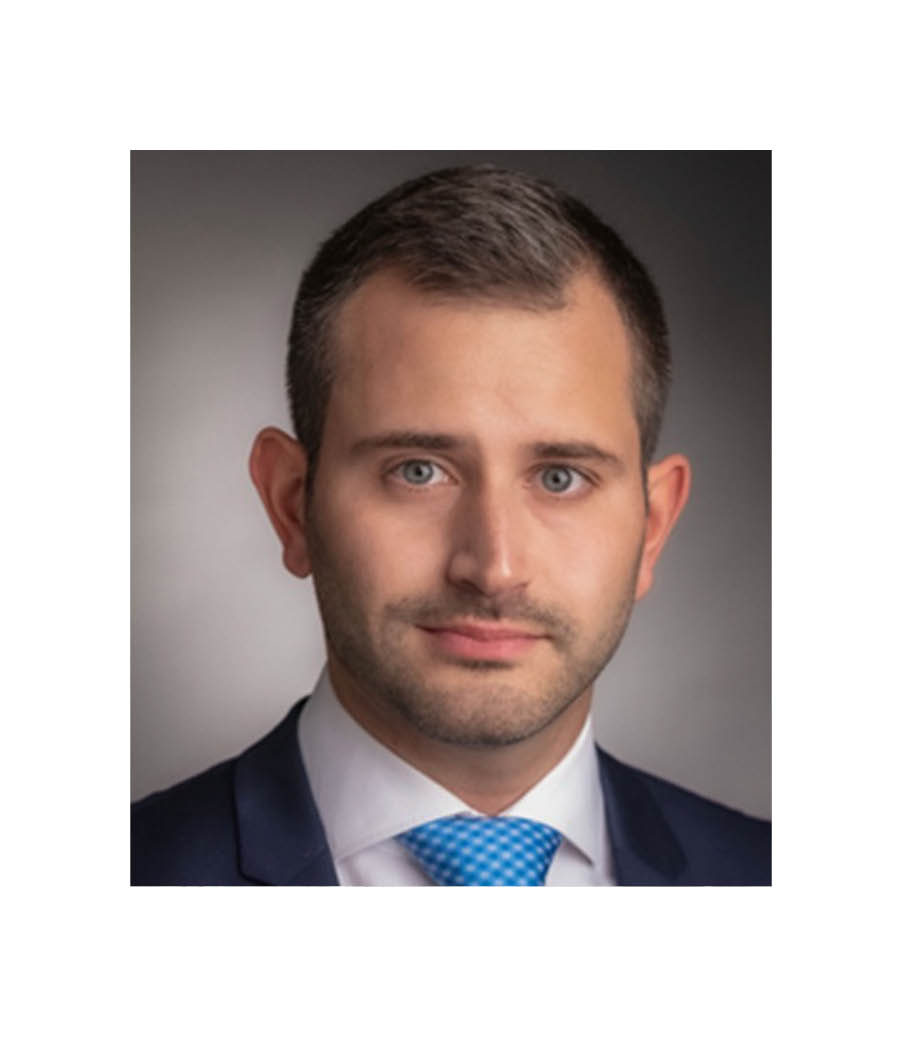
Paolo Tarantino, MD
Advanced Clinical Research, Fellow Breast Oncology Program, Dana-Farber Cancer Institute, Harvard Medical School, Boston, MA
Paolo Tarantino is a breast medical oncologist and clinical researcher. He’s currently pursuing an advanced research fellowship at Dana-Farber Cancer Institute and at Harvard Medical School (Boston, MA) and a PhD in clinical research at the University of Milan. His research focuses on the study of the HER2 oncoprotein, the biology of HER2-low breast tumors and the development of novel antibody-drug conjugates.
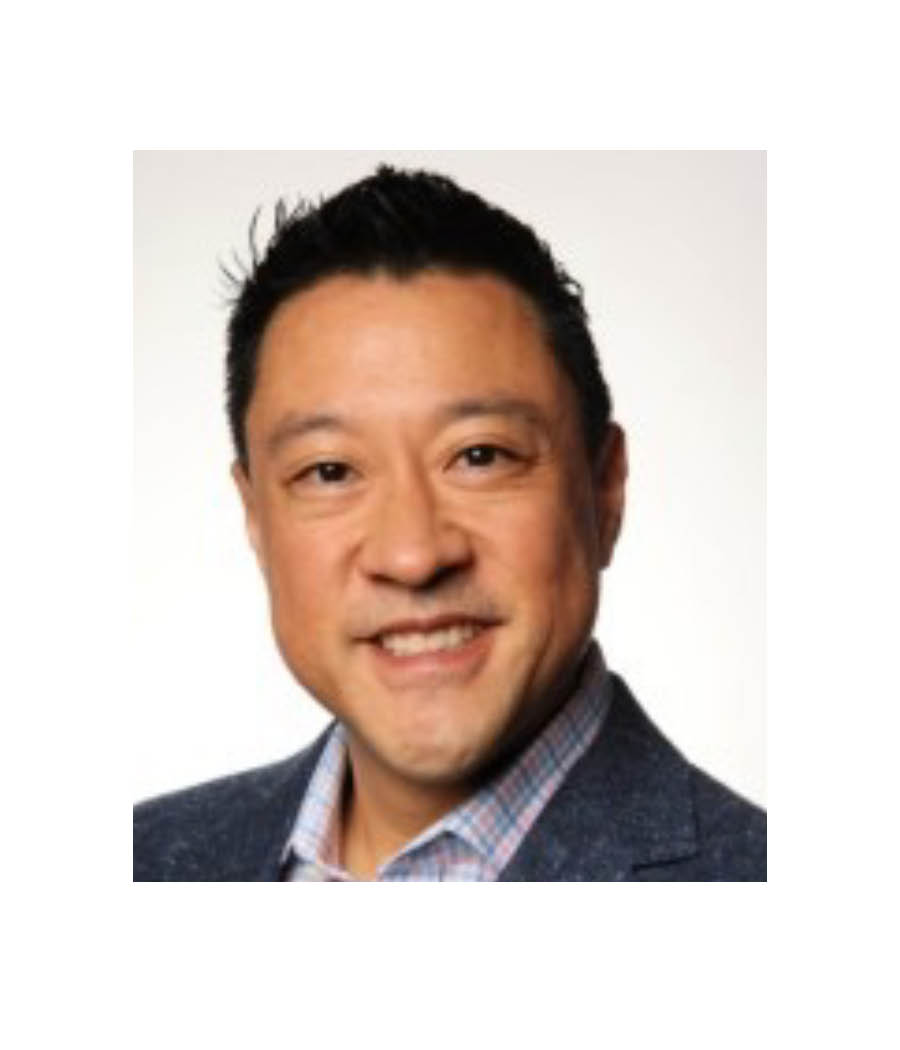
Darren Tayama, MD
Vice President, US Medical Affairs Oncology Gilead Sciences
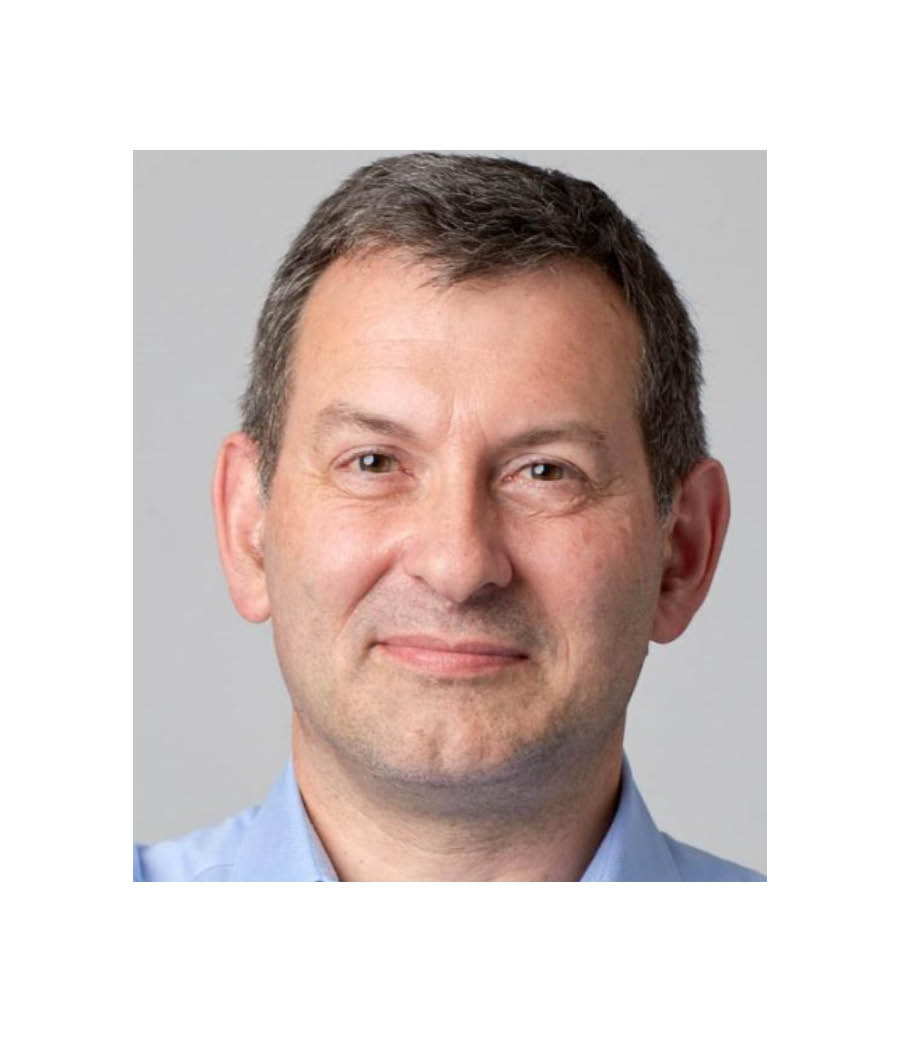
Alastair Thompson, MD
Professor of Surgery Olga Keith Wiess Chair of Surgery Section Chief, Breast Surgery Division of Surgical Oncology Deputy Director, Breast Center Baylor College of Medicine Co-Director Lester and Sue Smith Breast Center Co Associate Director Dan L Duncan Comprehensive Cancer Center, Houston, TX
Professor Alastair Thompson graduated with distinction in surgery from the University of Edinburgh, trained and practiced as a clinician-scientist rising to Professor of Surgical Oncology at the University of Dundee, UK. Since moving to Texas in 2014, as Professor of Surgery, initially to MD Anderson and now at Baylor College of Medicine, he has focused on improving breast cancer surgical techniques, clinical trials and translational research. With multiple local, national and international leadership roles he is an active researcher and clinical trialist with substantial peer-reviewed funding and authored over 400 peer- reviewed publications.
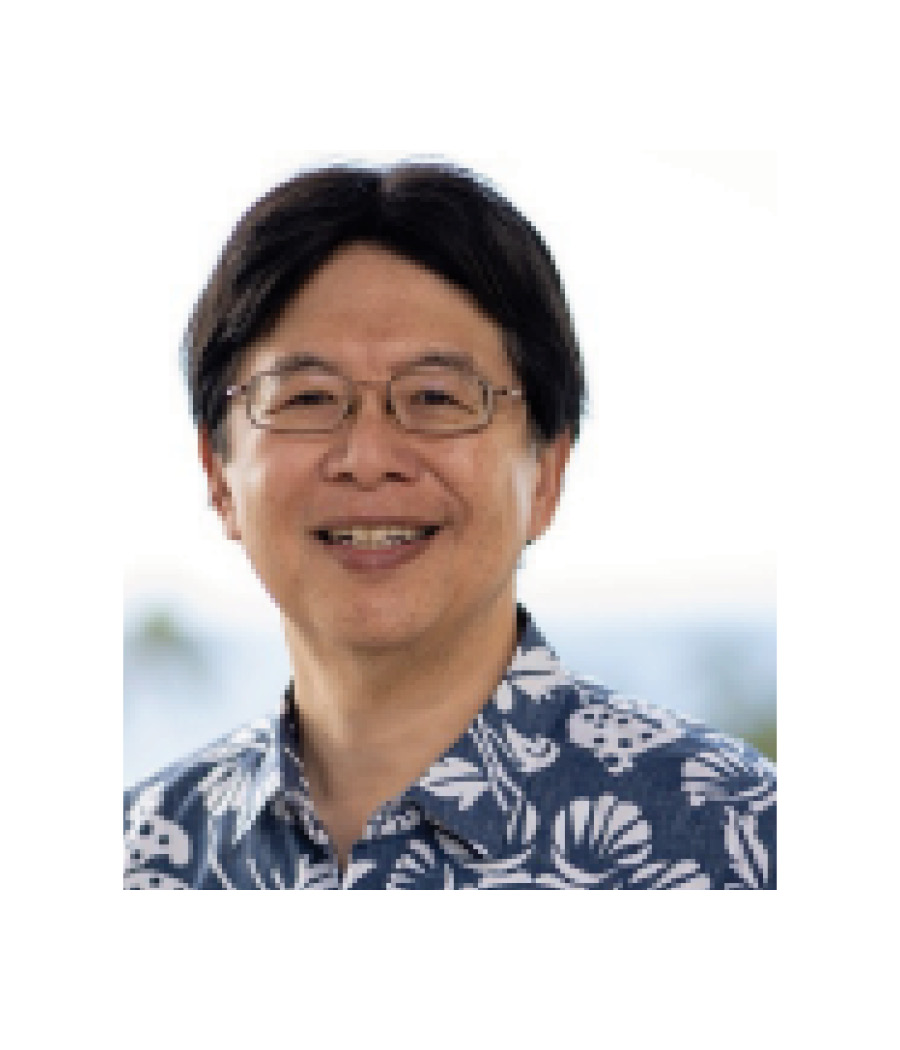
Naoto T. Ueno, MD, PhD, FACP
Director & Professor of Medicine Interim Program Co-Leader Cancer Biology Program, Translational and Clinical Research University of Hawaiʻi Cancer Center Honolulu, HI
Dr Naoto Ueno possess a comprehensive background in translational breast cancer research, focusing on cancer biology, immuno-oncology, and molecular therapeutics. His specific training and expertise center around key research areas such as EGFR and MAPK signaling and in vivo modeling. He received his training in cancer biology from the Graduate School of Biomedical Sciences at The University of Texas. Subsequently, he specialized in breast medical oncology and stem cell transplantation at The University of Texas MD Anderson Cancer Center (MDA). He has an extensive history of conducting clinical research and initiating early-phase clinical trials targeting aggressive forms of breast cancer. Dr Ueno have spearheaded over 50 clinical trials, specializing in targeted therapy and immunotherapy in phase I and II settings. His laboratory research isconcentrated on the EGFR, JNK, and ERK pathways in breast cancer; specifically, he has investigated their roles in cancer progression and their potential as targets for therapy and immunotherapy. Over the past decade, he has successfully managed a multitude of projects in breast cancer biology. These projects have focused on diverse areas, such as triple-negative breast cancer (TNBC), inflammatory breast cancer (IBC), and the tumor microenvironment (TME). For a decade, Dr Ueno served as the Executive Director of the Morgan Welch Inflammatory Breast Cancer Research Program and Clinic and the Chief of the Section of Translational Breast Cancer Research at MDA. The Morgan Welch IBC Research Program is renowned as the world’s largest IBC- specific research initiative, with a robust portfolio of clinical trials. In December 2022, he transitioned to the NCI-designated University of Hawai‘i Cancer Center (UHCC), where he assumed the role of Center Director. Over the years, he has held numerous leadership roles that have thoroughly prepared him for the multi-faceted responsibilities of this new position. These responsibilities include overseeing clinical and basic research operations, developing and implementing strategic plans, and managing multi- and transdisciplinary academic research programs. His role encompasses clinical oversight, community outreach, and financial and administrative management. Additionally, as a two-time cancer survivor, he brings a unique and invaluable patient perspective to running an NCI-designated cancer center. His collective experiences and skills position him ideally to advance patient- centered, research-driven clinical programs in cancer care.
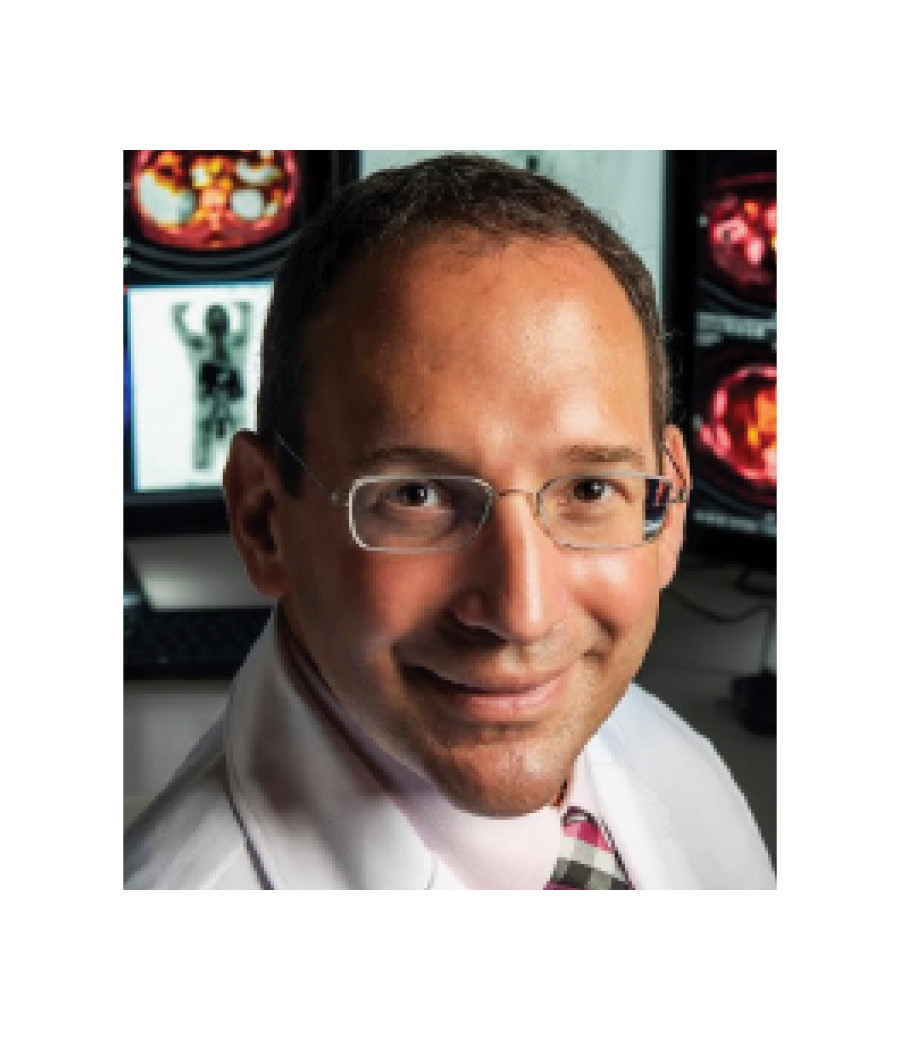
Gary Ulaner, MD, PhD, FACNM
James & Pamela Muzzy Endowed Chair Molecular Imaging and Therapy Director, Molecular Imaging and Therapy Hoag Family Cancer Institute Irvine, CA
Professor of Radiology and Translational Genomics University of Southern California, Los Angeles, CA
Dr. Gary Ulaner is the James & Pamela Muzzy Endowed Chair of Molecular Imaging and Therapy (MIT) at the Hoag Family Cancer Institute and Professor of Radiology and Translational Genomics at the University of Southern California. Gary has been the principal investigator of prospective clinical trials for eight novel PET radiotracers for patients with breast cancer, prostate cancer and myeloma, funded by two National Institutes of Health R01s, as well as grants from the Department of Defense (DoD) Breast Cancer Research Programs, Susan G. Komen Foundation, and Rising Tide Foundation. His clinical trials emphasize targeted imaging to guide targeted therapy of cancer, particularly ER, HER2, PSMA and CD38 targeted PET imaging. Gary is on the editorial board of 4 leading radiology journals, authored the text “Fundamentals of Oncologic PET/CT”, and is on the scientific advisory boards of GE Healthcare, Lantheus, ImaginAb, Nuclidium, Precirix, and the Lobular Breast Cancer Alliance. Gary currently lives in Irvine, California, with his wife, Alena, son, Ilya, and daughter, Anabel. He met his wife swing dancing, and they are still dancing today, albeit with less frequency.
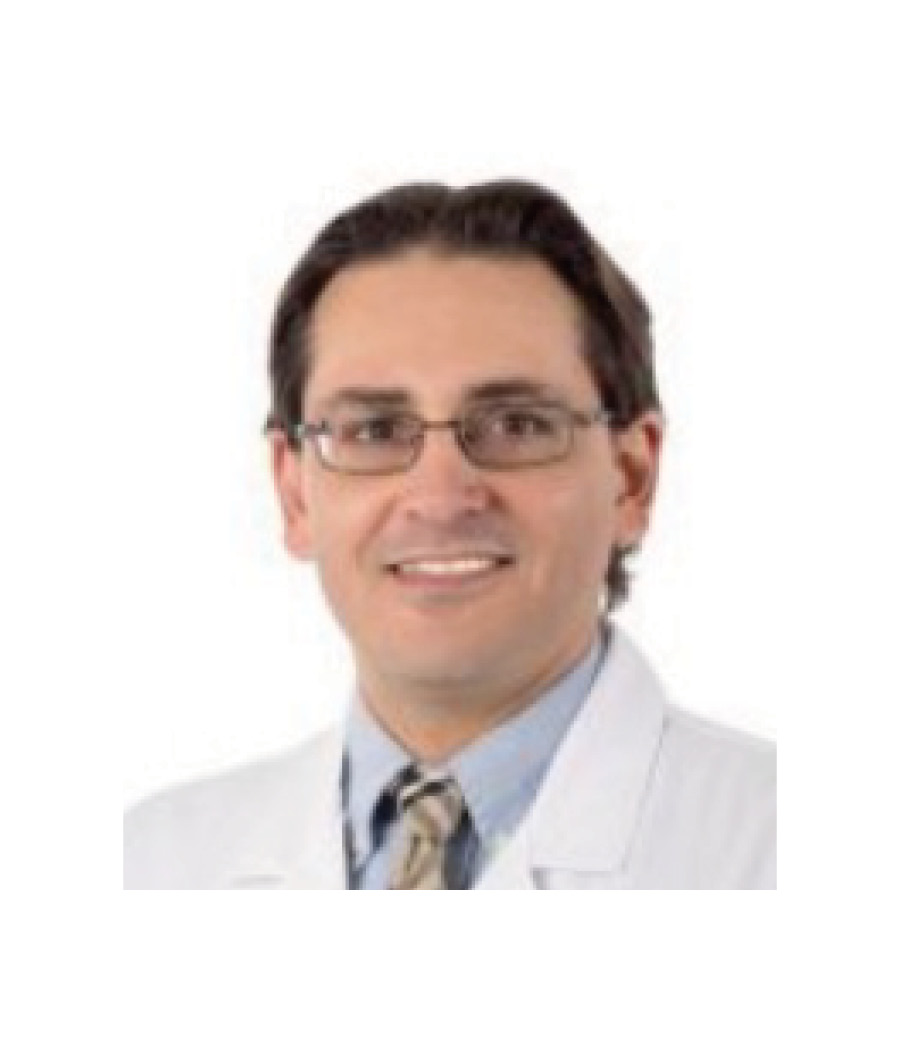
Christos Vaklavas, MD
Associate Professor, Physician Leader in Breast Cancer, Department of Medicine, Division of Oncology, Huntsman Cancer Institute of the University of Utah, Salt Lake City, UT
Dr. Vaklavas received his MD degree from the Aristotle University of Thessaloniki in Greece. He completed his residency in Internal Medicine at the University of Texas at Houston. After a fellowship at the Phase I program at MD Anderson, he went on to complete his fellowship in Hematology and Medical Oncology at the University of Alabama at Birmingham where he was retained as faculty. He joined Huntsman Cancer Institute in summer 2019. He is a translational scientist bringing all the basic science conducted in the Institute closer to clinical applications. In collaboration with Drs. Welm, he has established the Functional Precision Oncology platform in breast cancer, which entails the development of patient derived models to investigate in-depth the biology of breast cancer and inform medical decisions. As the Physician Leader in Breast Cancer at the Huntsman Cancer Institute, he is responsible for the clinical research portfolio in breast cancer and leads many clinical trials. He is the recipient of multiple awards including a Young Investigator Award from ASCO, a Career Catalyst Award in Basic and Translational Research from Susan G Komen, and the very first recipient of the Daniel D. Von Hoff Innovative Protocol Award from ASCO and AACR in 2012.
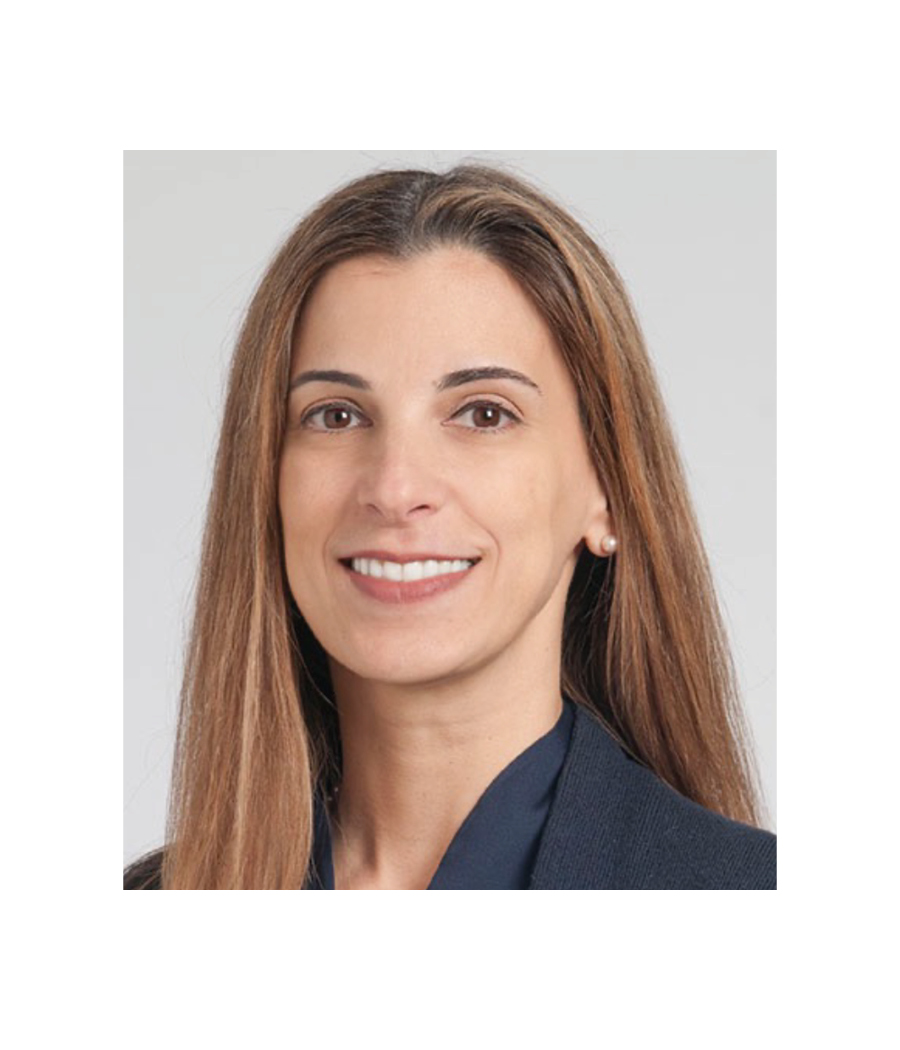
Leticia Varella, MD
Senior Physician Assistant Professor Harvard Medical School Dana-Farber Cancer Institute, Boston, MA
Dr. Varella is a clinical expert in the care of patients with breast cancer. She was born in Sao Paulo, Brazil where she completed her training in Medical Oncology. She moved to the United States for a research fellowship in cancer immunology at the Cleveland Clinic, followed by a clinical fellowship in Experimental Therapeutics. Following her residency in Internal Medicine, she spent a year as a Chief Resident at Memorial Sloan Kettering Cancer Center. She then completed a fellowship in Hematology & Oncology at the Cleveland Clinic. After her training, Dr. Varella joined the breast cancer group coming from Weill Cornell Medical College in New York where she was an Assistant Professor of Medicine specialized in the treatment of breast cancer. Dr. Varella has a special clinical and research focus on improving outcomes in young patients with breast cancer. Her recent research innovations include leading a project at DFCI in which she is investigating the factors associated with survival in young patients with metastatic breast cancer from the Young Women's Breast Cancer study (YWS) at DFCI. She also supervises and teaches Internal Medicine residents and Medical Oncology fellows at DFCI.
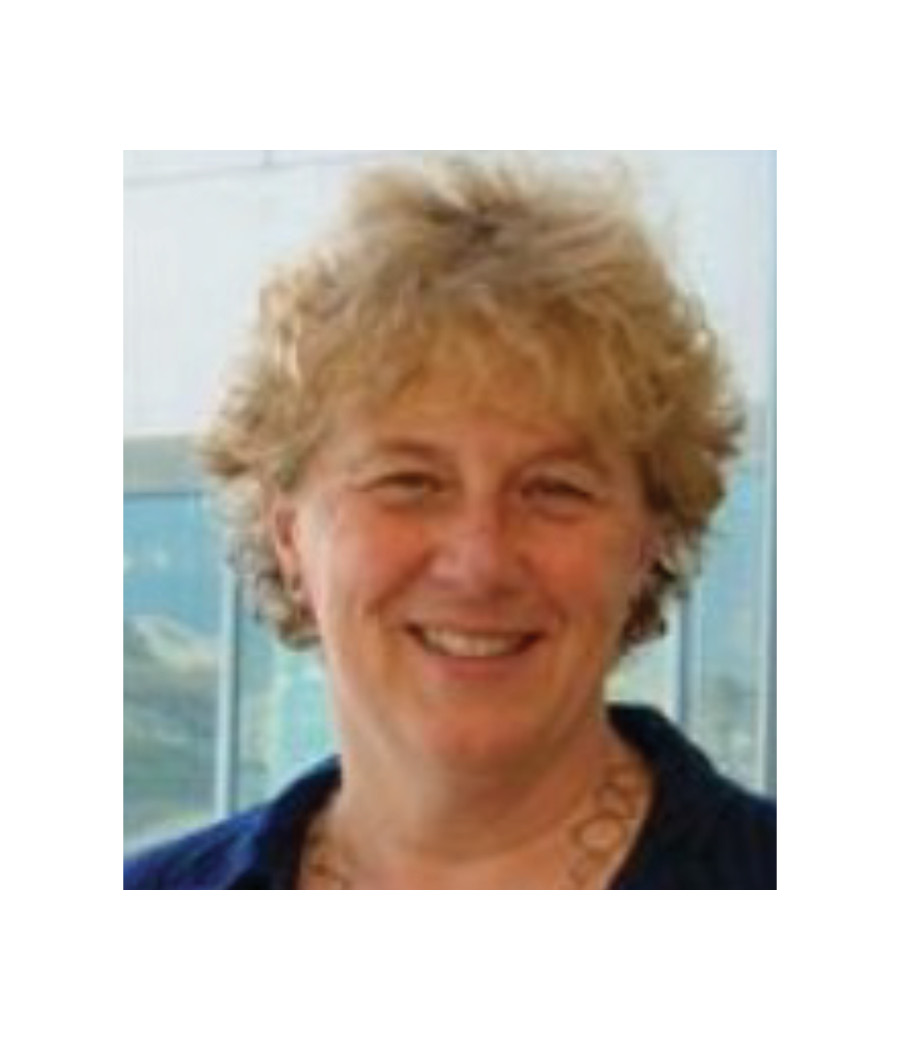
Laura Van’t Veer, PhD
Angela and Shu Kai Chan Endowed Chair in Cancer Research, UCSF Co-Leader, Breast Oncology Program Professor Laboratory Medicine and Director Applied Genomics Cancer Center UCSF Helen Diller Family Comprehensive Cancer Center University of California, San Francisco San Francisco, CA
Dr Veer is a world-renowned Molecular Biologist, and Leader of the Breast Oncology Program and Associate Director Applied Genomics at the HDFCCC. She is the former Head of Diagnostic Oncology of the Netherlands Cancer Institute, and inventor of MammaPrint. Her research focuses on personalized medicine, and aims to advance patient management based on knowledge of the genetic makeup of the tumor as well as the genetic makeup of the patient. Her laboratory at UCSF has a strong research line investigating human kinases and studies how kinase inhibitors elicit response and resistanceShe is the UCSF Precision Medicine Platform convener for cancer. She chairs the Biomolecular Committee of the I-SPY 2 trial ensuring CLIA compliant companion diagnostics. She is also the Principal Investigator of the Athena Breast Health Network at UCSF, a 150,000-women cohort study evaluating new paradigms to enhance breast health for which she lead the targeted genome testing for 65,000 women for nine breast cancer susceptibility genes and a selection of ~100 known susceptibility Single Nucleotide Polymorphisms (SNPs). She is one of the PIs for the NIH Big Data to Knowledge Center on Genomics, facilitating worldwide standardization of sharing annotated genomics data.
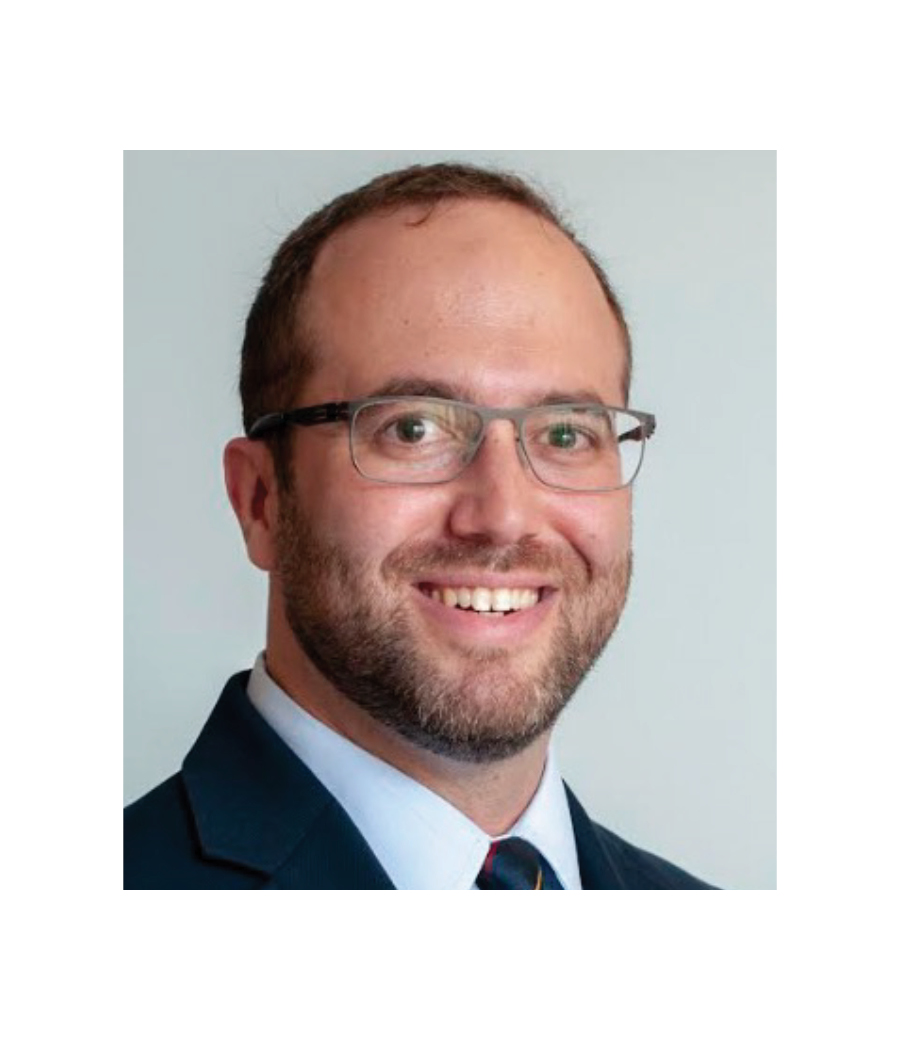
Seth Andrew Wander, MD, PhD
Assistant Professor, Medicine Massachusetts General Hospital Boston, MA
Dr. Seth Wander is a medical oncologist at the Massachusetts General Hospital with a clinical and translational research interest in breast cancer and cancer genomics. Dr. Wander completed his undergraduate degree at Cornell University, where he studied Molecular and Cell Biology and graduated magna cum laude with distinction in research. He pursued his MD and PhD in Cancer Biology at the University of Miami. Dr. Wander completed his internship and residency in internal medicine at the Massachusetts General Hospital and his fellowship training in medical oncology at the Dana-Farber Cancer Institute and the Massachusetts General Hospital Cancer Center. Dr. Wander's research interests involve genomic mechanisms of resistance to targeted therapies in metastatic breast cancer. Dr. Wander has published more than fifty peer-reviewed manuscripts focused on the emerging field of precision medicine and related topics in oncology. His research is focused on leveraging genetic and molecular sequencing results to understand how cancers become resistant to standard therapies in order to develop novel, personalized treatment strategies. He is an Assistant Professor of Medicine at Harvard Medical School and remains engaged in teaching medical students, residents, and fellows. He was a recipient of the 2017 Dana-Farber Cancer Institute Wong Family Translational Research Award and a 2018 recipient of the Conquer Cancer Foundation/American Society of Clinical Oncology Young Investigator Award. Dr. Wander, as part of a multidisciplinary team, leads a variety of clinical trials focused on developing novel clinical strategies for patients with metastatic breast cancer and resistance to standard hormonal and targeted agents. He has presented educational sessions and original research both nationally and internationally related to drug resistance and the development of personalized treatment strategies for breast cancer.
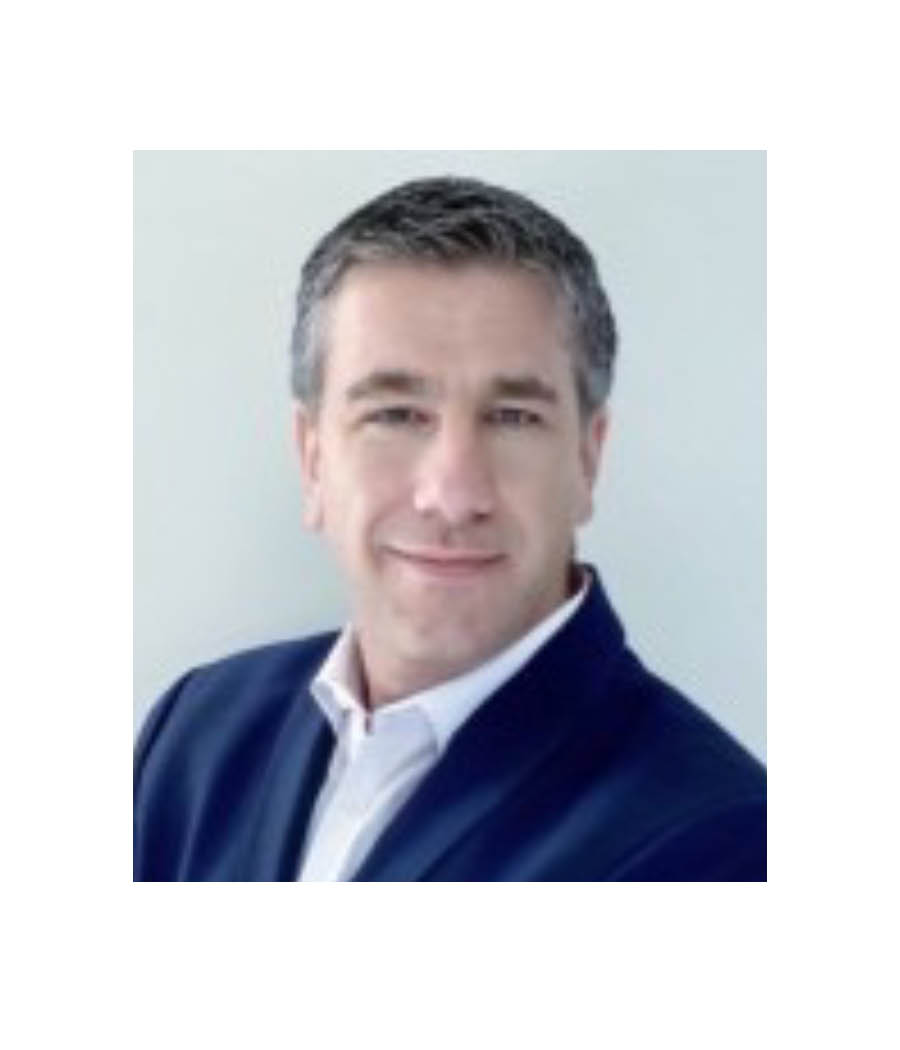
Tomer Wasserman
Vice President, Head of Global Medical Affairs (Solid Tumors) Stemline Therapeutics

Nicole O. Williams, MD
Medical Oncologist, Director of the BreastCARE Program Cancer and Aging Resiliency Clinic, OSUCCC-James, The Ohio State University Columbus, OH
Dr Williams is a medical oncologist who specializes in managing the treatment of patients with breast cancer. SHe serve as director of the BreastCARE Program in the Cancer and Aging Resiliency Clinic at the OSUCCC – James. Dr Williams joined the Division of Medical Oncology at The Ohio State University in 2016 after completing her fellowship training in hematology and oncology and in breast oncology at University Hospitals/Case Western Reserve Medical Center in Cleveland. She also completed a geriatric medicine fellowship at Summa Health System in Akron, Ohio. As a member of the Translational Therapeutics Program at the OSUCCC – James, her research is focused on treating breast cancer and brain metastases from breast cancer. She is also involved in clinical trials investigating new treatments for breast cancer in the neoadjuvant, adjuvant and metastatic settings. She has co-authored numerous publications in such peer-reviewed journals as International Journal of Behavioral Medicine, Breast Cancer Research and Treatment, and International Journal of Cancer. Additionally, She is a member of several professional organizations, including the American Medical Association, the American College of Physicians, the American Society of Clinical Oncology, the American Society of Hematology and the American Association for Cancer Research.
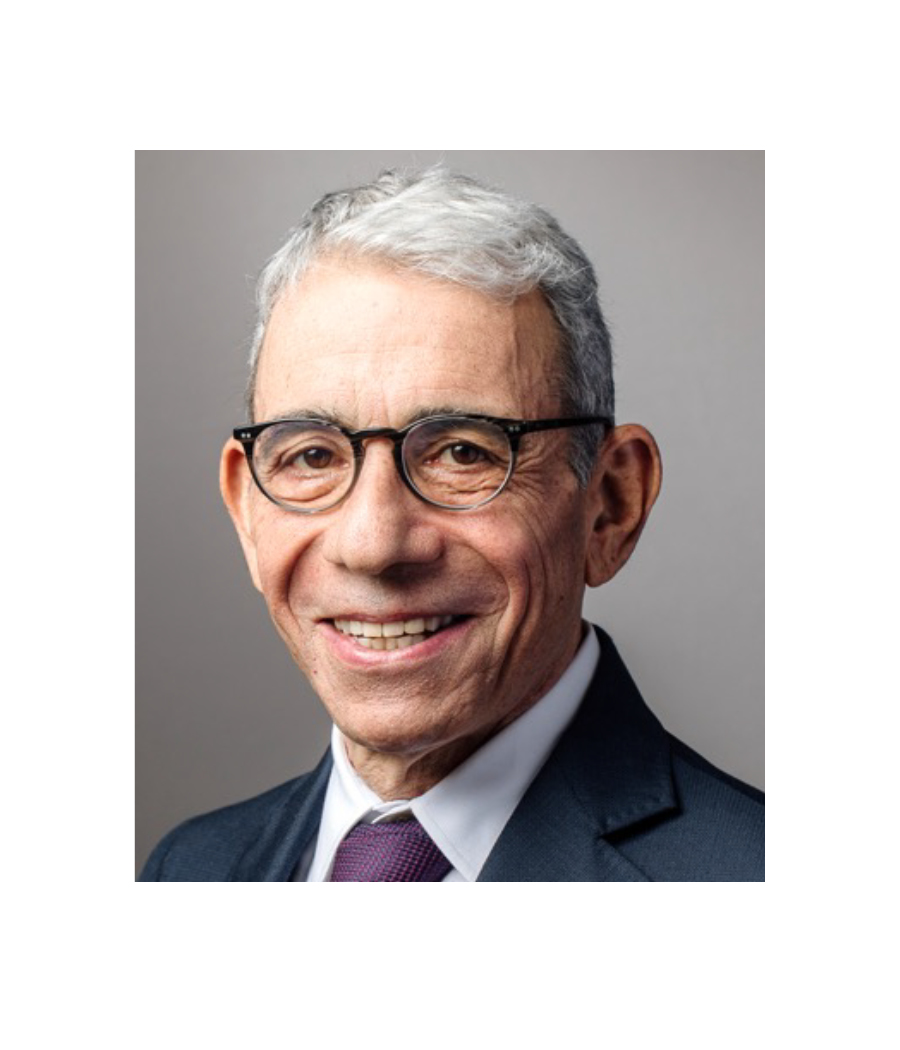
Eric P. Winer, MD
Alfred Gilman Professor of Pharmacology, Professor of Medicine, Deputy Dean for Cancer Research, Yale School of Medicine, Director Yale Cancer Center, President and Physician-in-Chief ,Smilow Cancer Hospital, Yale Cancer Center, New Haven, CT
Dr. Eric Winer is the Director of Yale Cancer Center and Physician-in-Chief of Smilow Cancer Network. An internationally renowned expert in breast cancer, Dr. Winer has led and collaborated on innumerable clinical trials that have changed the face of the disease. His work is both broad and deep, and it has touched almost all aspects of breast cancer. Dr. Winer has long been an advocate of building teams consisting of scientists and clinicians to accelerate progress in cancer research and care. Dr. Winer is President of the American Society of Clinical Oncology (ASCO) and a member of the Scientific Advisory Board of the Breast Cancer Research Foundation. For over a decade, he served as chief scientific advisor and chair of the Scientific Advisory Board for Susan G. Komen for the Cure. For the past six years he has co-led the National Cancer Institute Breast Cancer Steering Committee. Dr. Winer has published over 350 original manuscripts and mentored over 30 fellows and junior faculty. In recognition of his mentoring impact, he was the recipient of the William Silen Lifetime Achievement in Mentoring Award from Harvard Medical School in 2020. He has also received numerous awards for his breast cancer research, most notably the William L. McGuire Memorial Lecture Award in 2016 at the San Antonio Breast Cancer Symposium. Dr. Winer is an alumnus of both Yale College and Yale School of Medicine. After receiving his medical degree in 1983, he completed training in internal medicine and served as chief resident at Yale New Haven Hospital. He completed a fellowship in hematology/oncology at Duke University School of Medicine and served on the Duke faculty from 1989 to 1997. He then joined Dana-Farber Cancer Institute, Brigham and Women’s Hospital, and Harvard Medical School where he has spent the last 24 years. Most recently, he held the Thompson Chair in Breast Cancer Research and served as chief clinical development officer, and senior vice president for medical affairs at Dana-Farber Cancer Institute, as well as Professor of Medicine at Harvard Medical School.
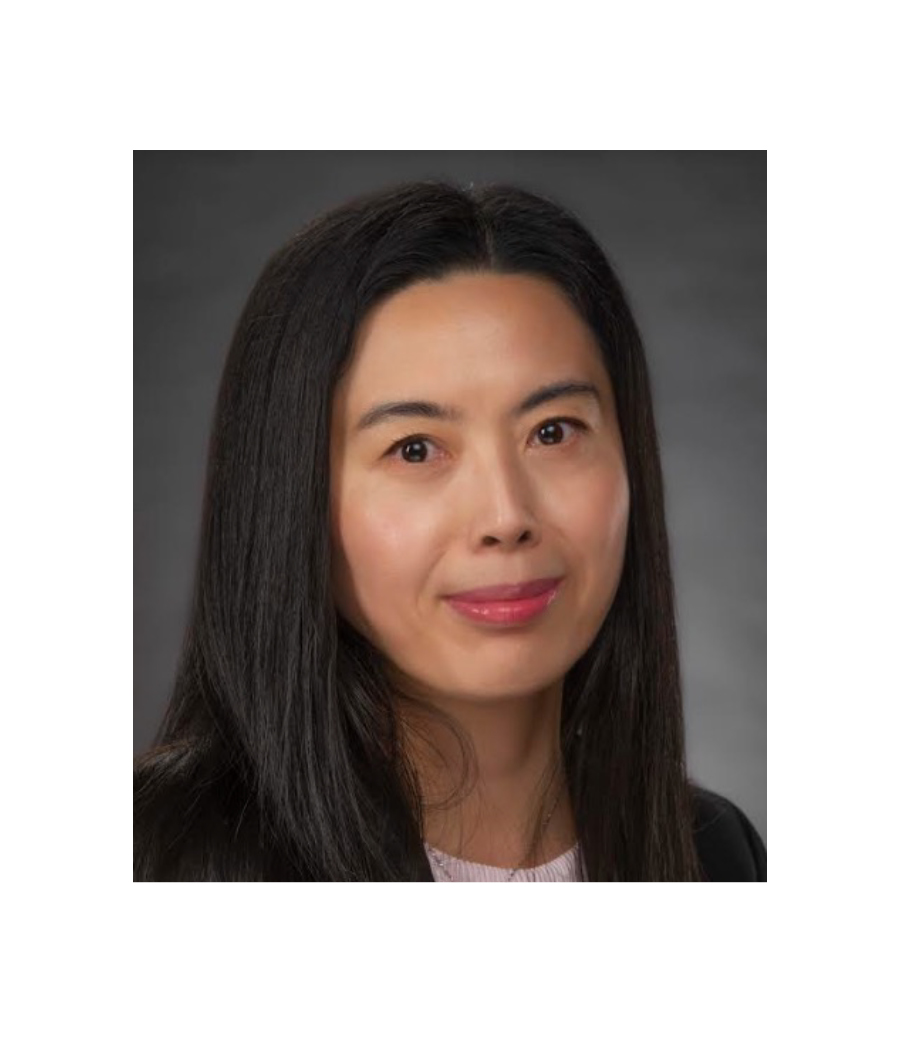
Fengting Yan, MD, PhD
Medical Oncologist, True Family Women’s Cancer Center, Swedish Cancer Institute, Seattle, WA
Fengting Yan, MD, PhD, FACP, is a medical oncologist at True Family Women’s Cancer Center at the Swedish Cancer Institute in Seattle, Washington. She completed an internship and residency in Internal Medicine at The Ohio State University College of Medicine in Columbus and a fellowship in Hematology- Oncology at the Fred Hutchinson Cancer Research Center & University of Washington School of Medicine in Seattle. Dr. Yan is board-certified in Internal Medicine, Medical Oncology, and Hematology. Dr. Yan currently serves as a site reviewer for CoC (Commission on Cancer), committee member for WSMOS (Washington State medical Oncology Society) Legislative Committee, co-chair of Binaytara Foundation education academy, executive editor of the Journal of Women’s Health Care, editorial board of the International Journal of Cancer Care and Delivery, Washington Board for Susan G Komen Foundation, and board member for Northwest Hope and Healing Foundation. Her work has been published in such scholarly journals as Nature Medicine, JNCCN, The Journal of Nuclear Medicine, Blood, and Cancer Research. Dr. Yan currently serves as principal investigator for several phase 1 and phase 2 clinical research studies exploring new treatment options for breast cancer and ovarian cancer.
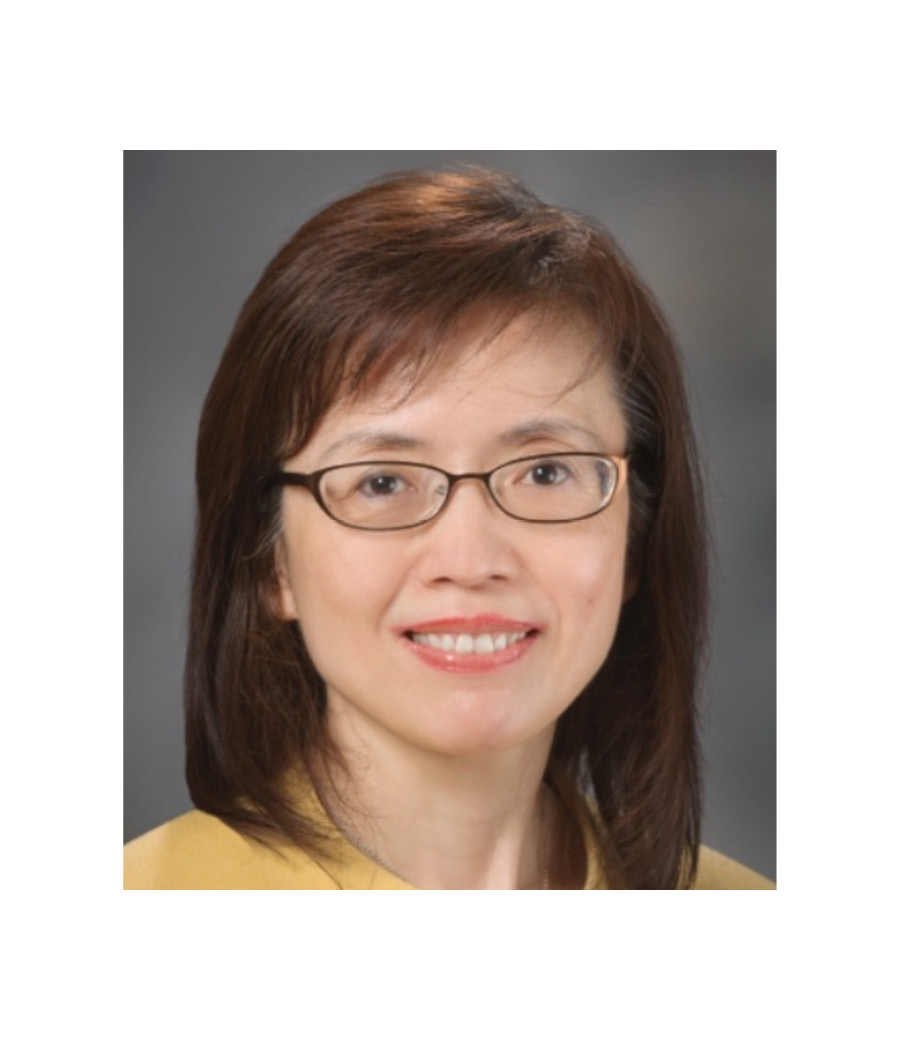
Dihua Yu, MD, PhD
Hubert L. & Olive Stringer, Distinguished Chair in Basic Science, Professor and Biologist Department of Molecular and Cellular Oncology, The University of Texas MD Anderson Cancer Center, Houston, TX
Dr. Yu is the Hubert L. & Olive Stringer Distinguished Chair in Basic Science, a Distinguished Teaching Professor, co-director of the CCSG Cancer Biology and Metastasis Program, and director of the Functional Genomics Core at MD Anderson. Dr. Yu’s innovative translational research on molecular mechanisms of breast cancer initiation, progression, metastasis, and therapeutic resistance has led to several successful multi-center phase I/II clinical trials. Over the past three decades, she led her team to perform high impact research and published more than 200 papers (h-Index 74), including papers in Nature, Nature Medicine, Nature Cell Biology, Nature Communications, Cell, Cancer Cell, Molecular Cell, Cancer Discovery, Science Translational Medicine, JCO., JNCI, Cell Res., etc. In her free time, Dr. Yu enjoys jazzercise, music, learn history, and the beauty of nature.

Yu (Amy) Zong, MD
Junior Chief Medical Resident, Wayne State University, Detroit, MI
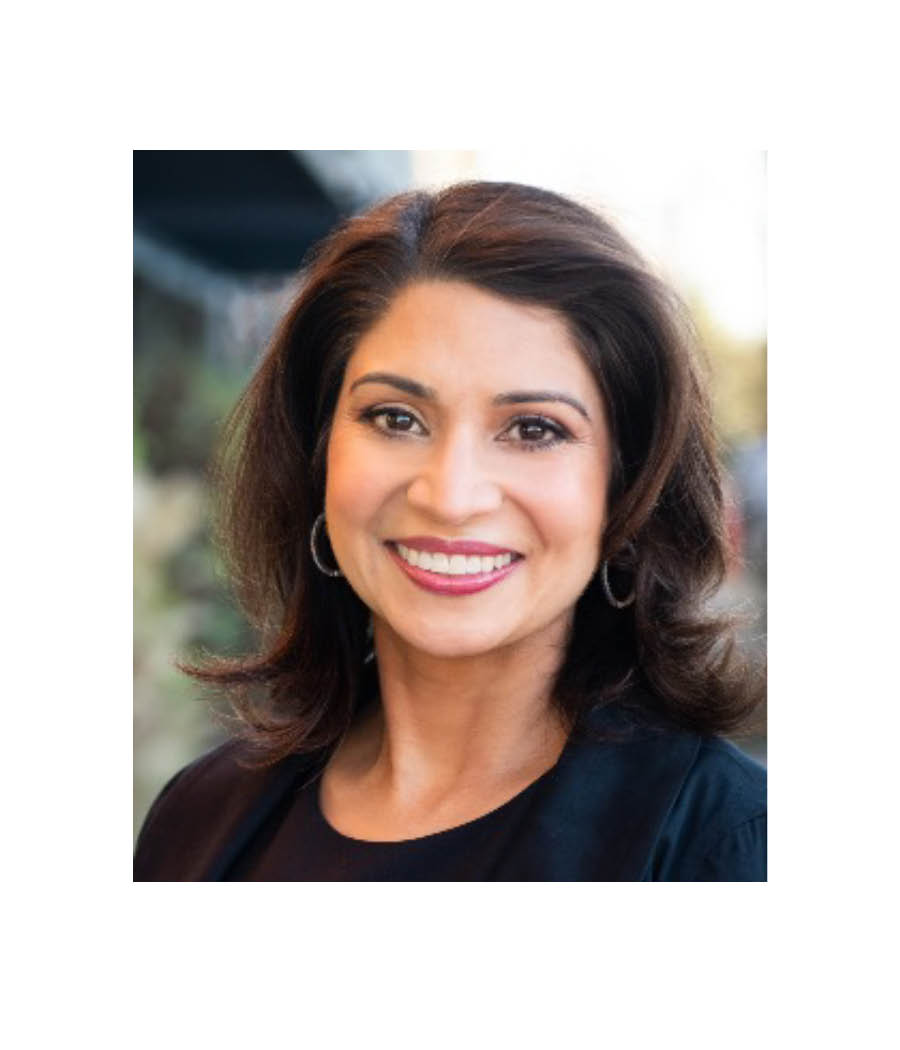
Naseem Zojwalla, MD
Chief Medical Officer Olema Oncology

